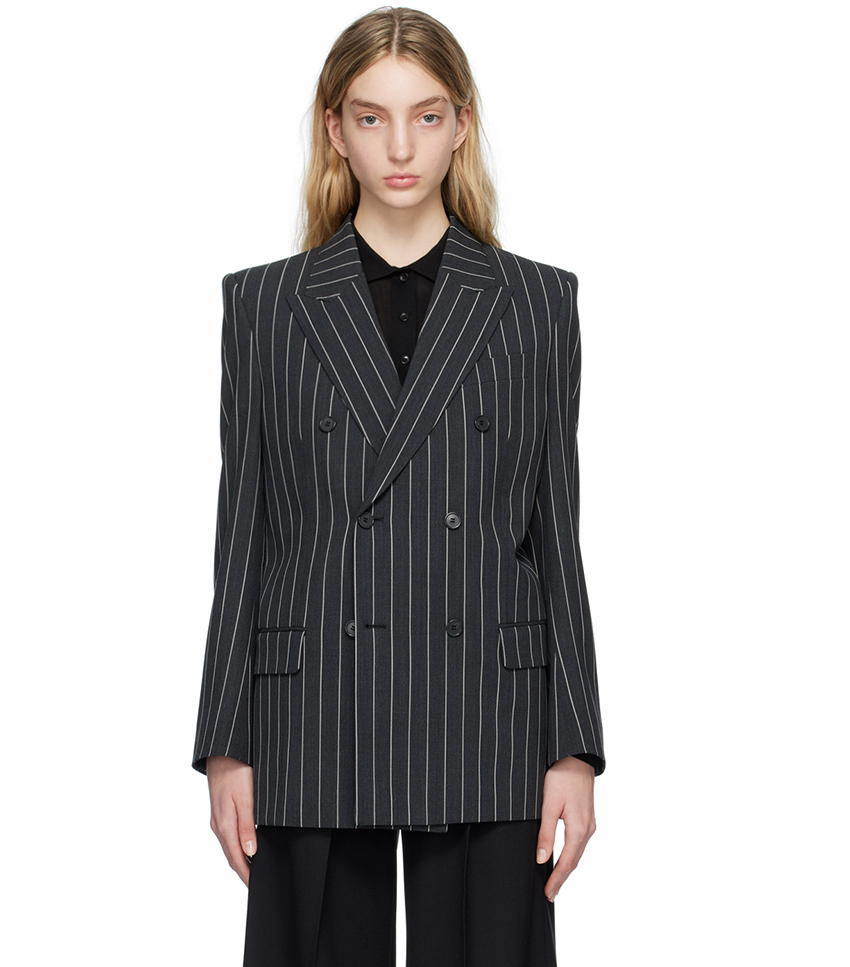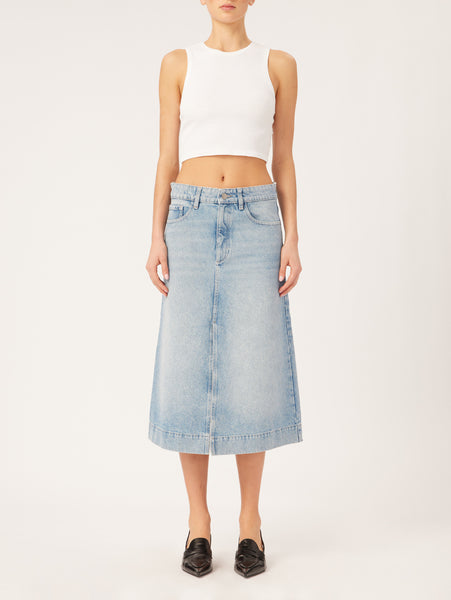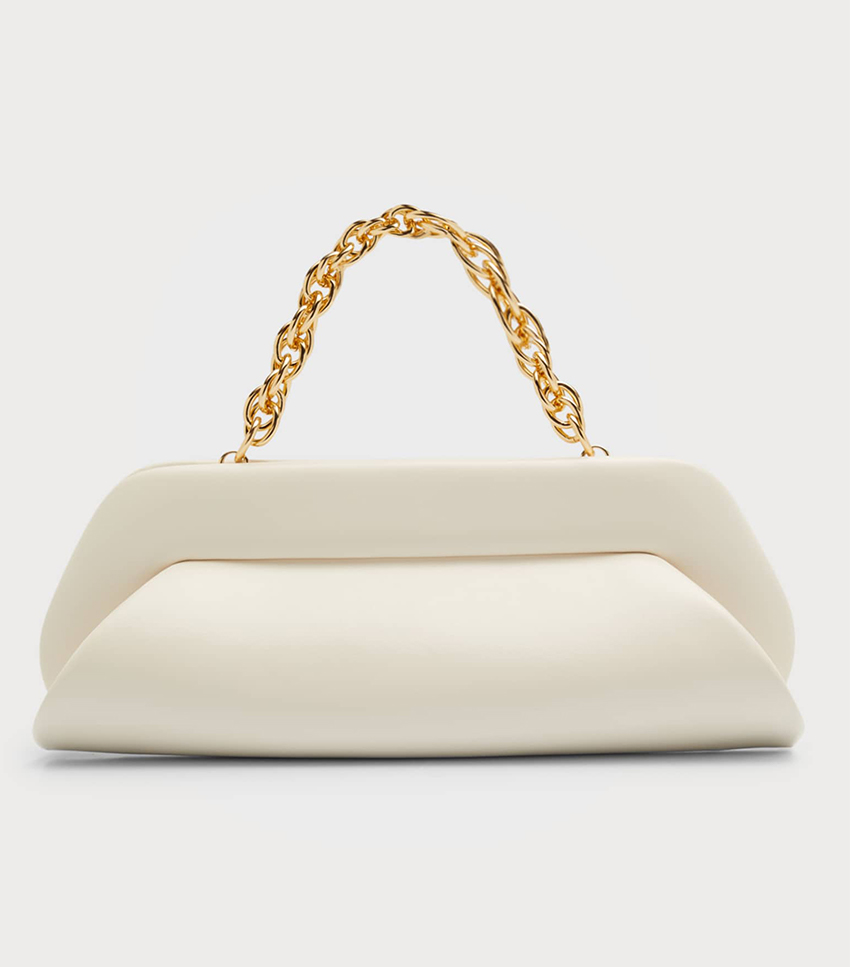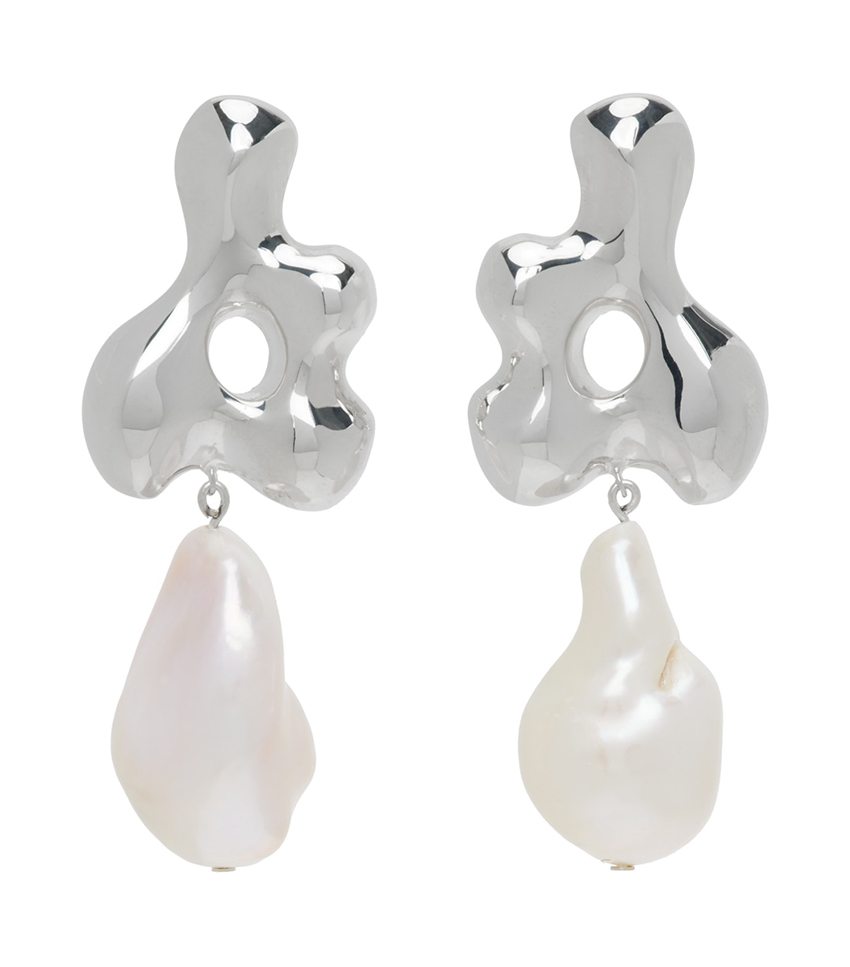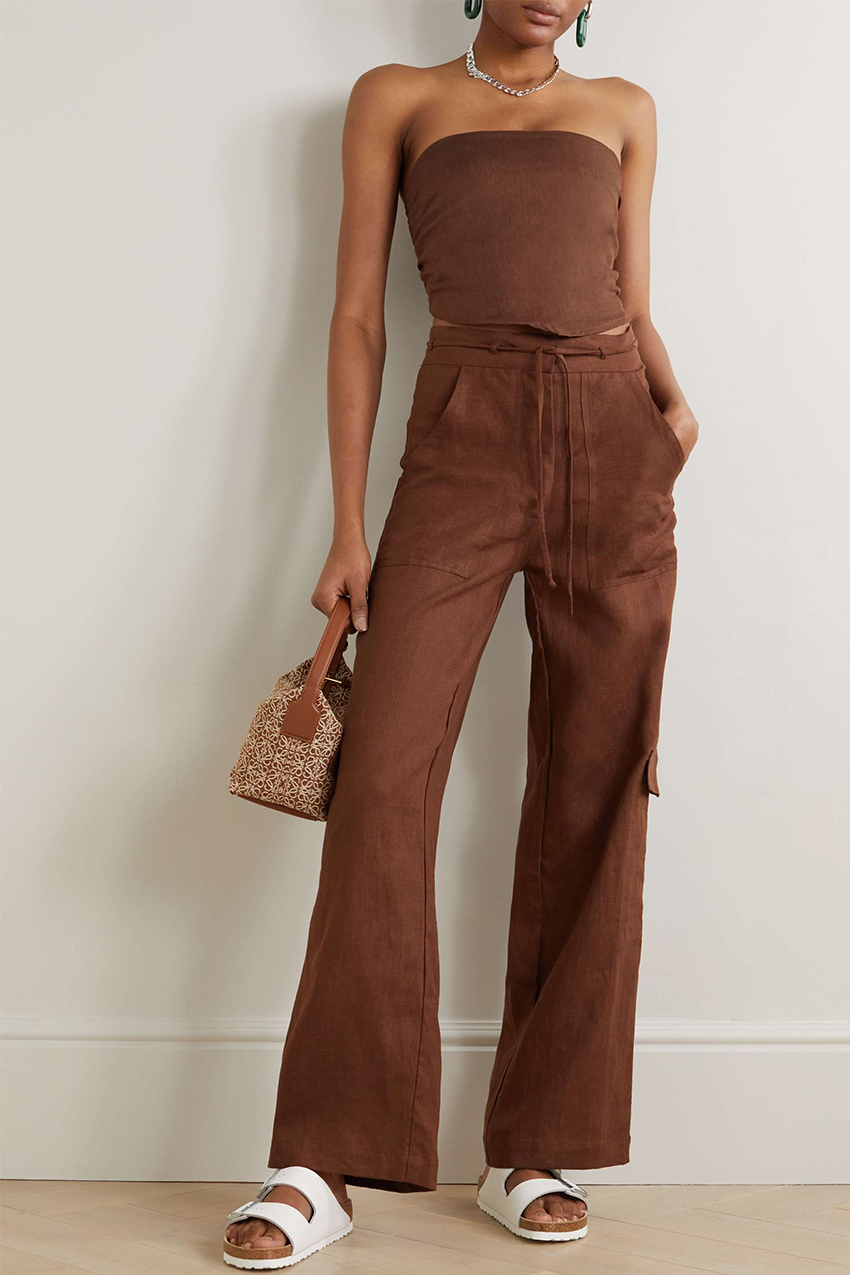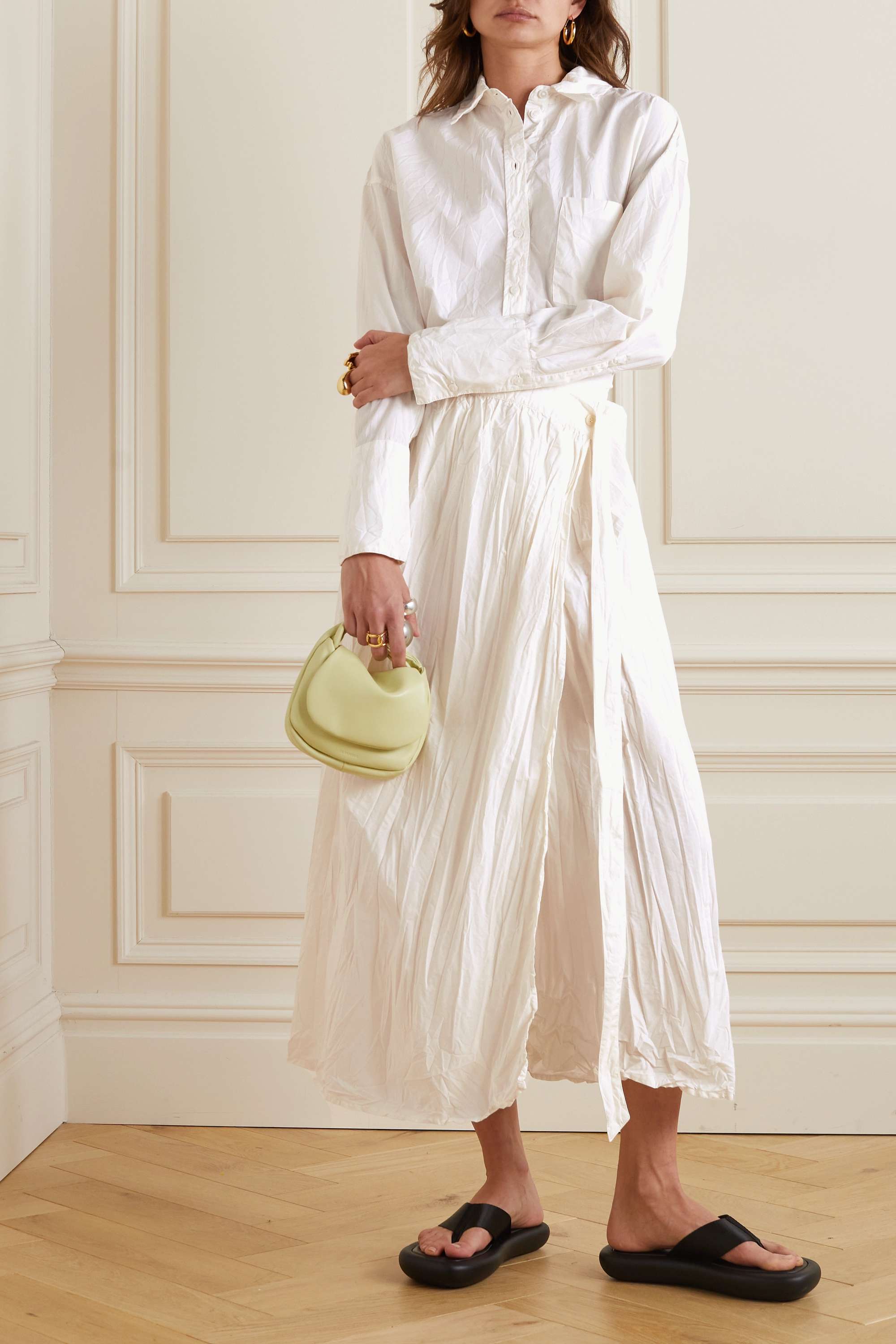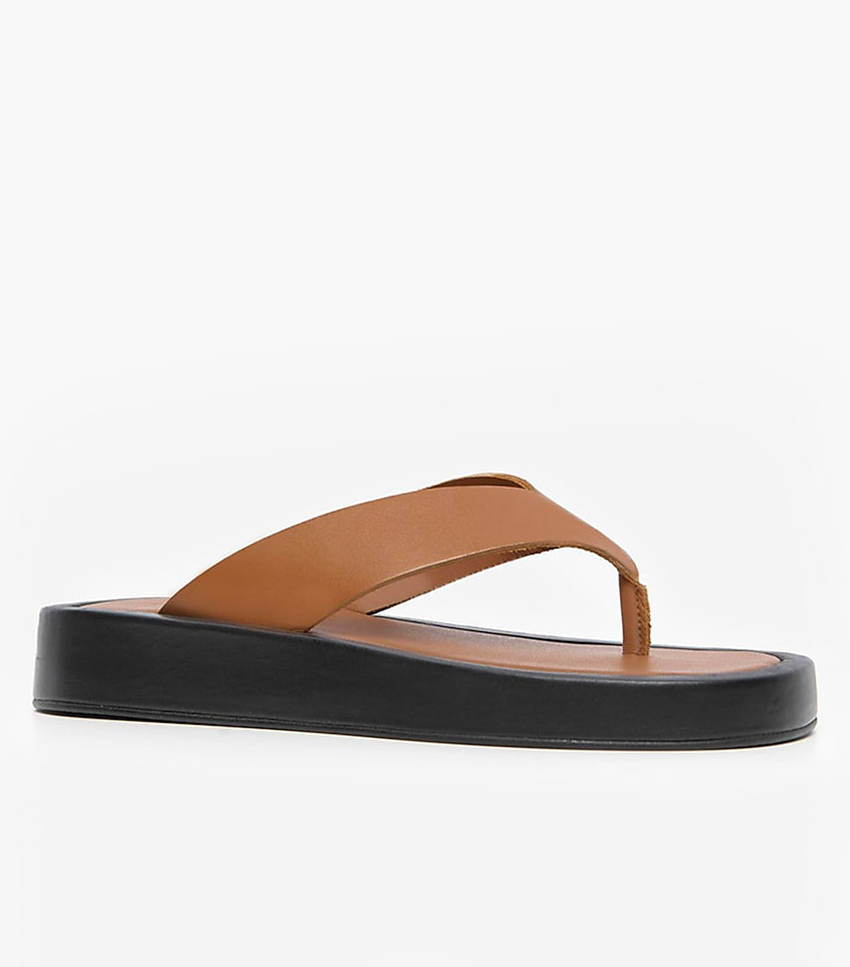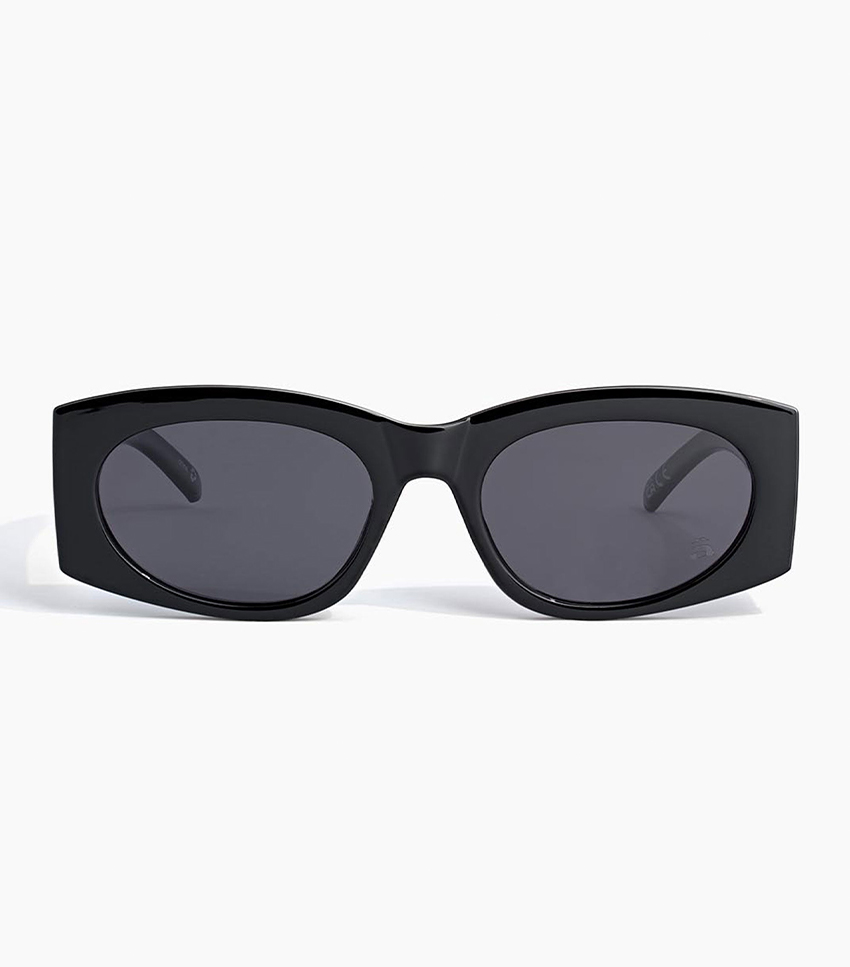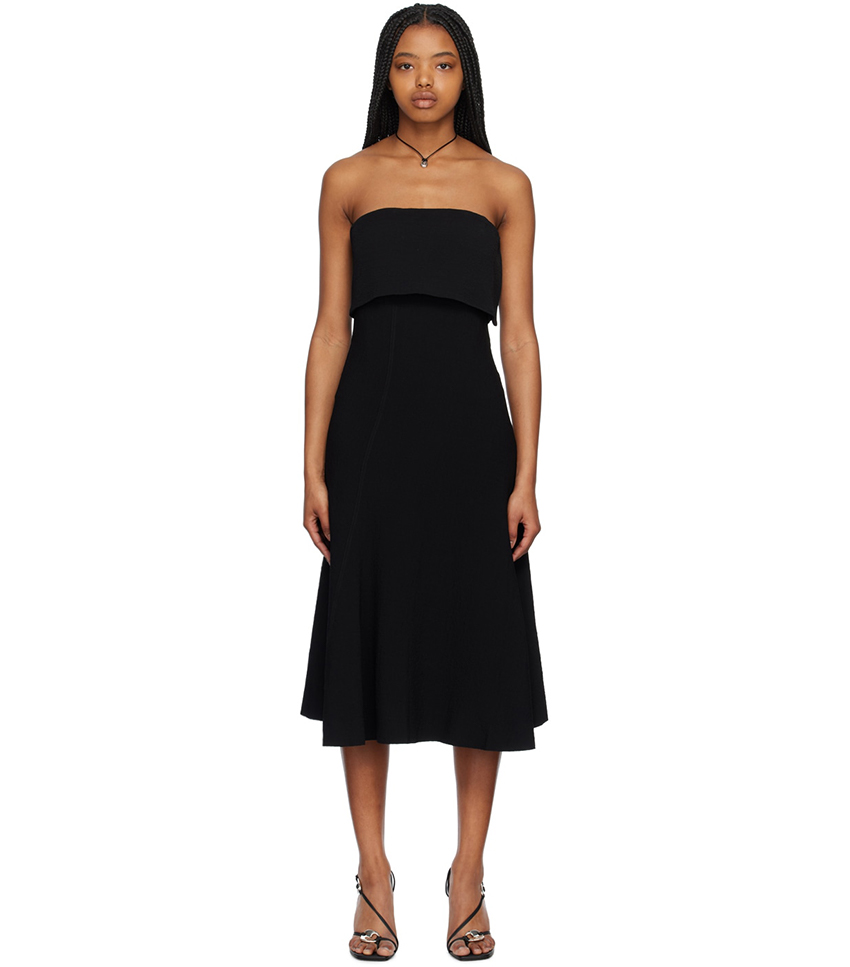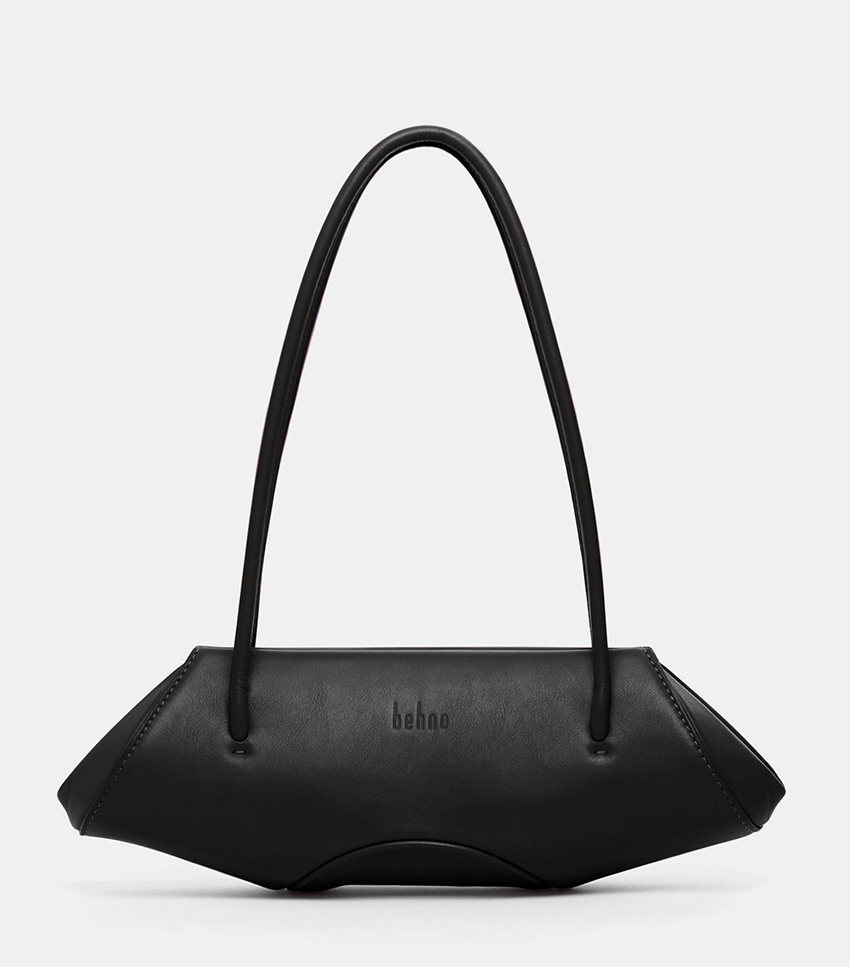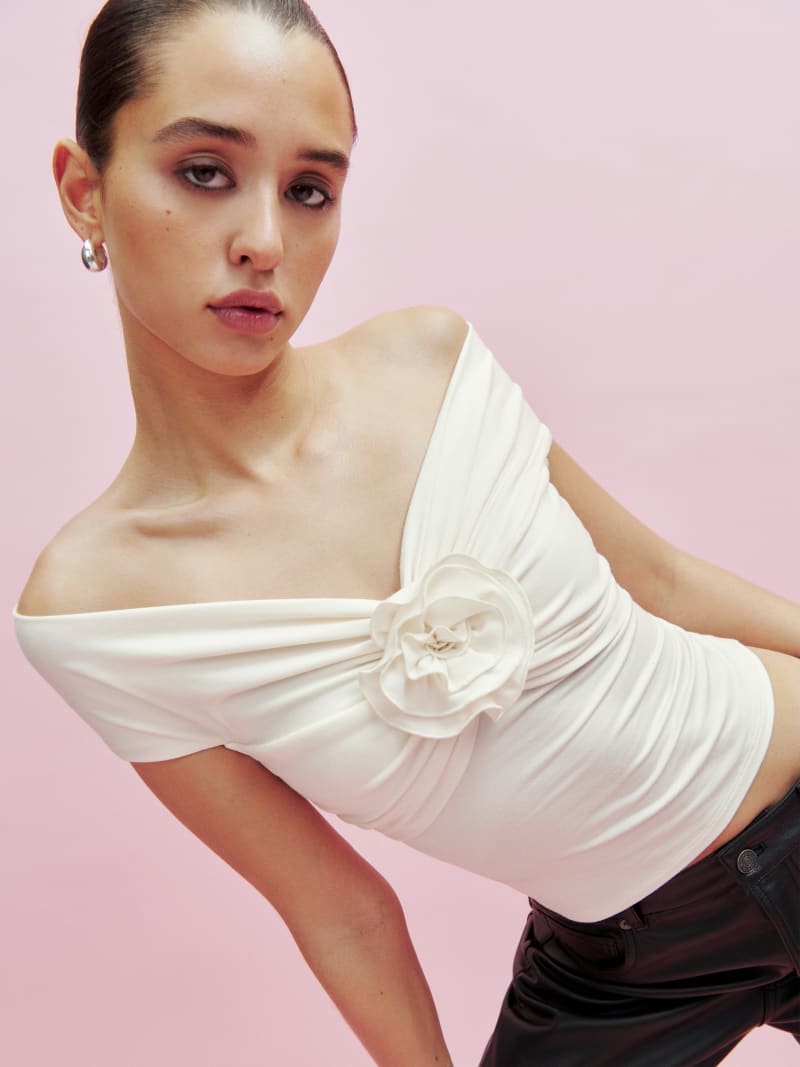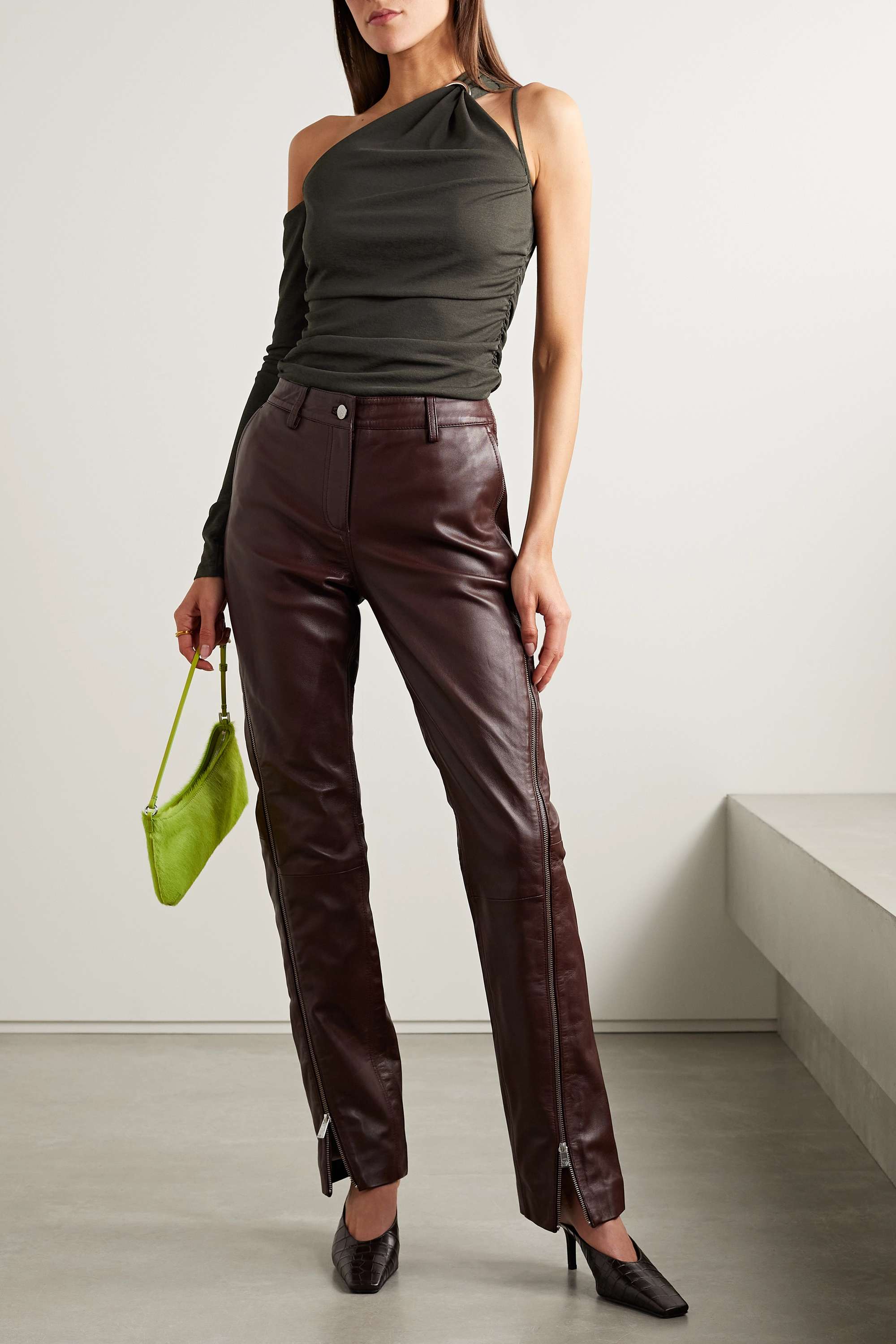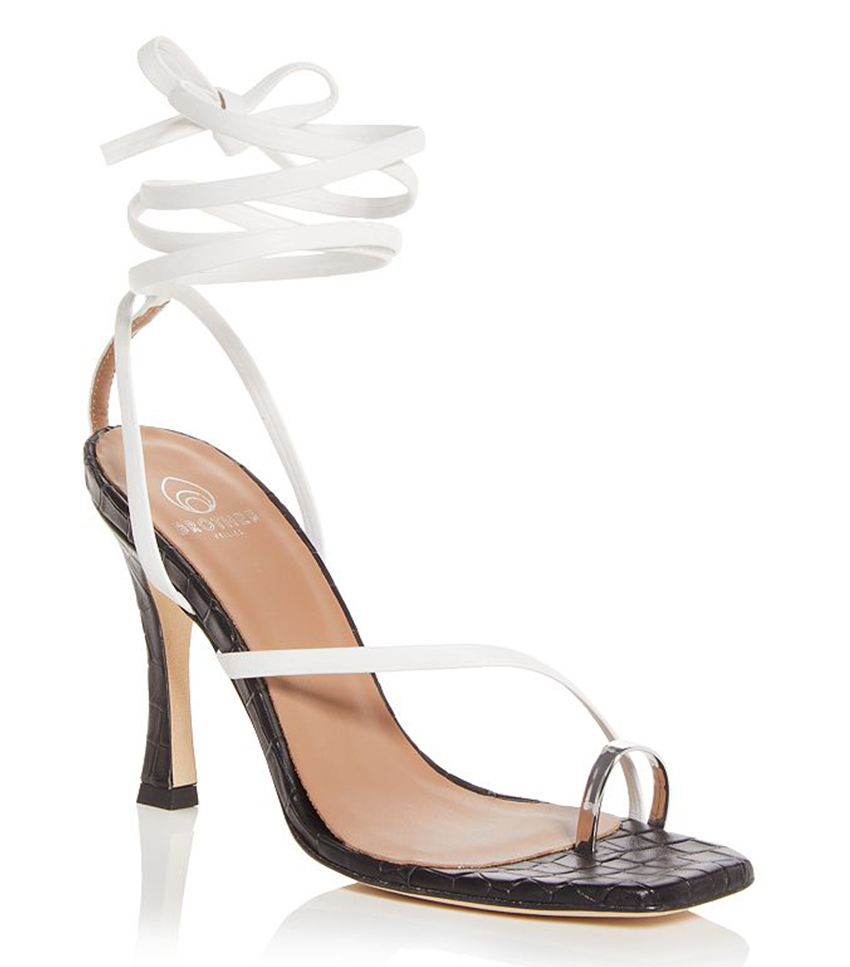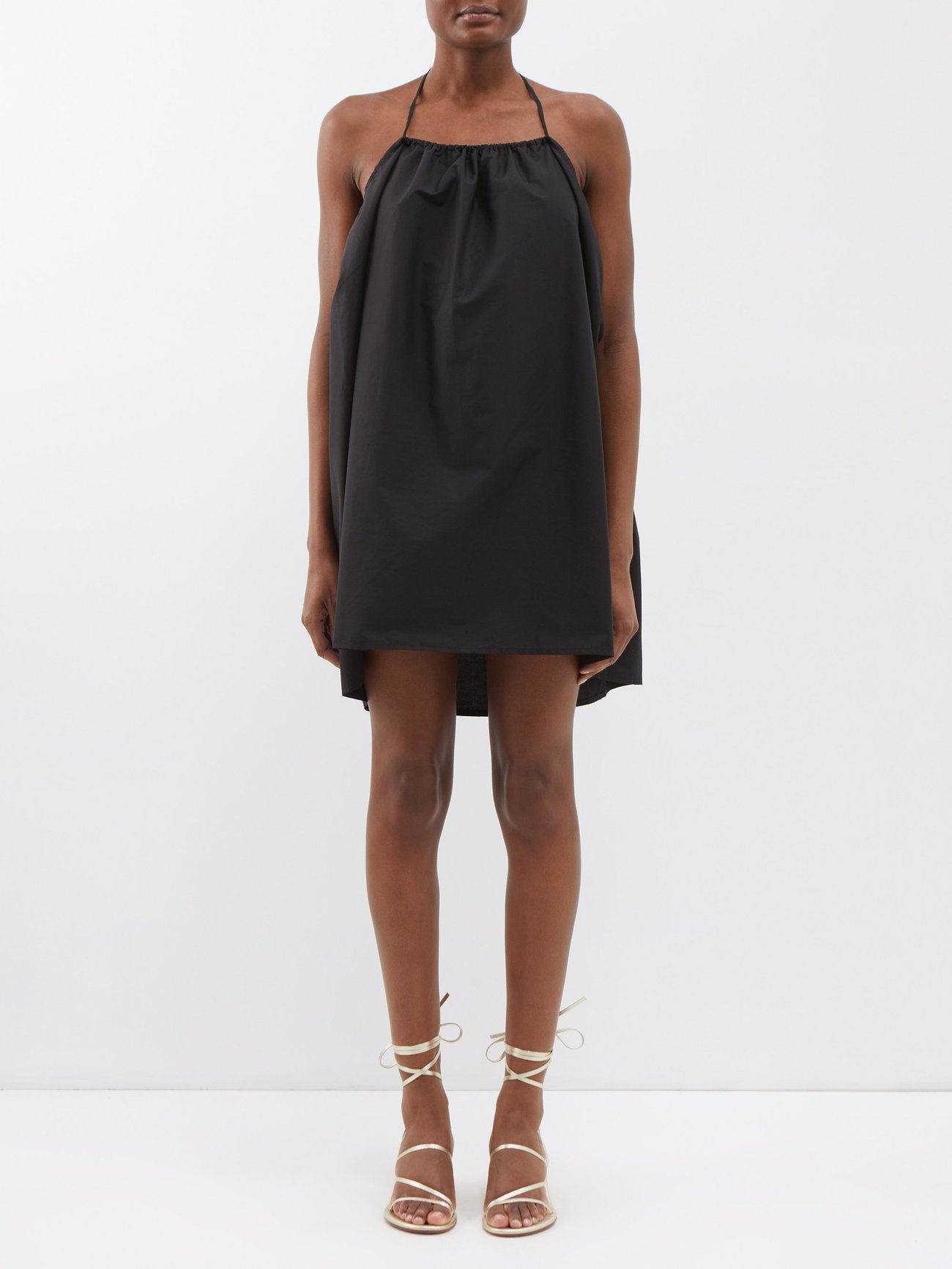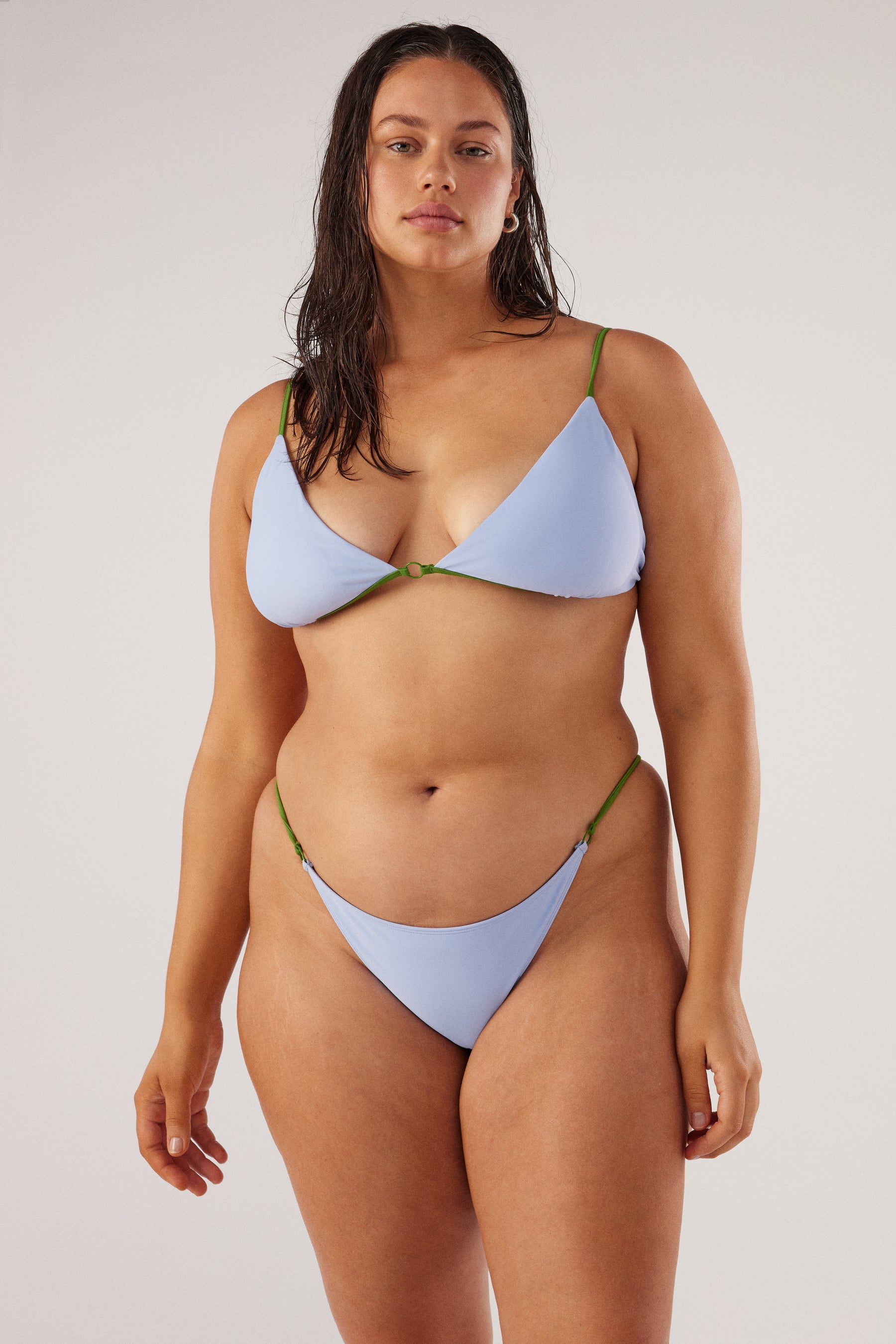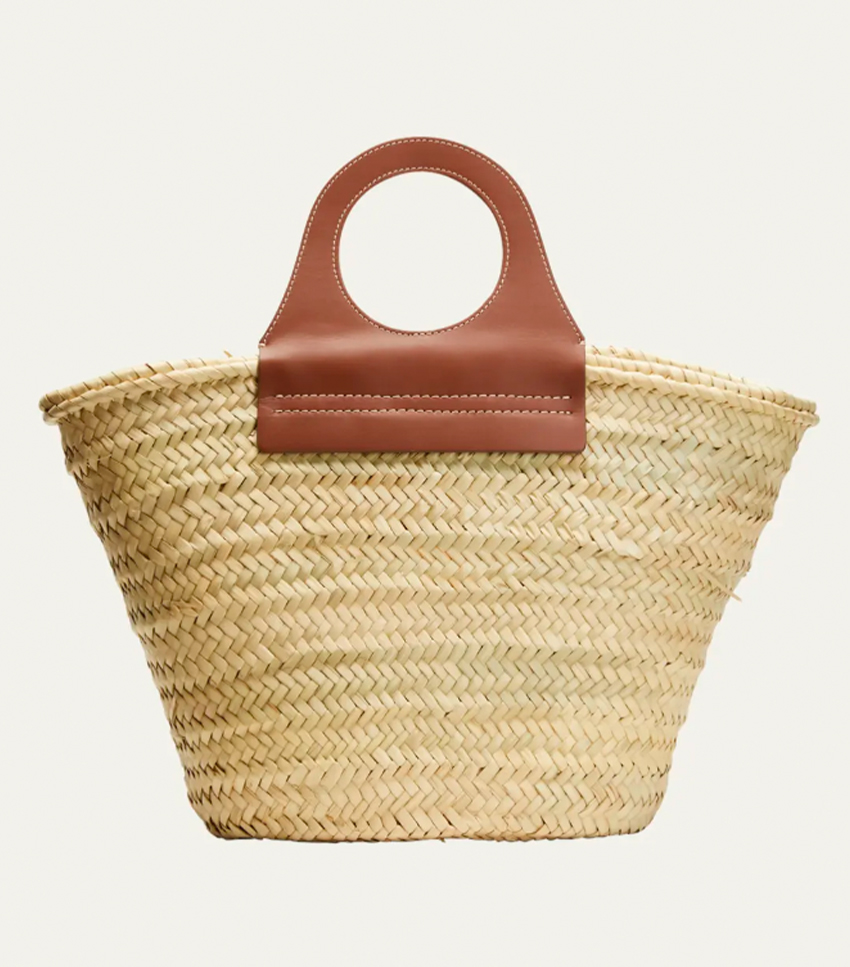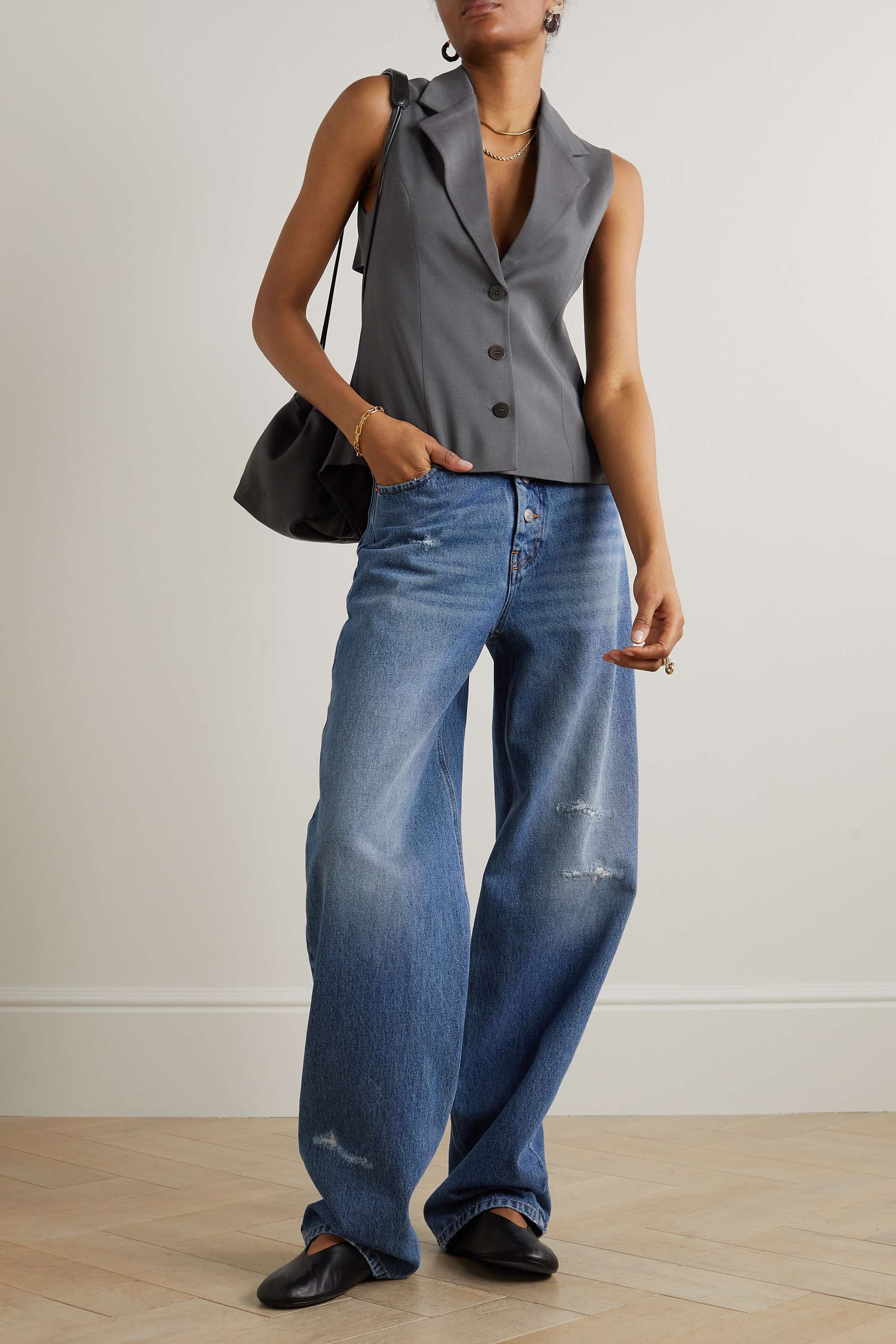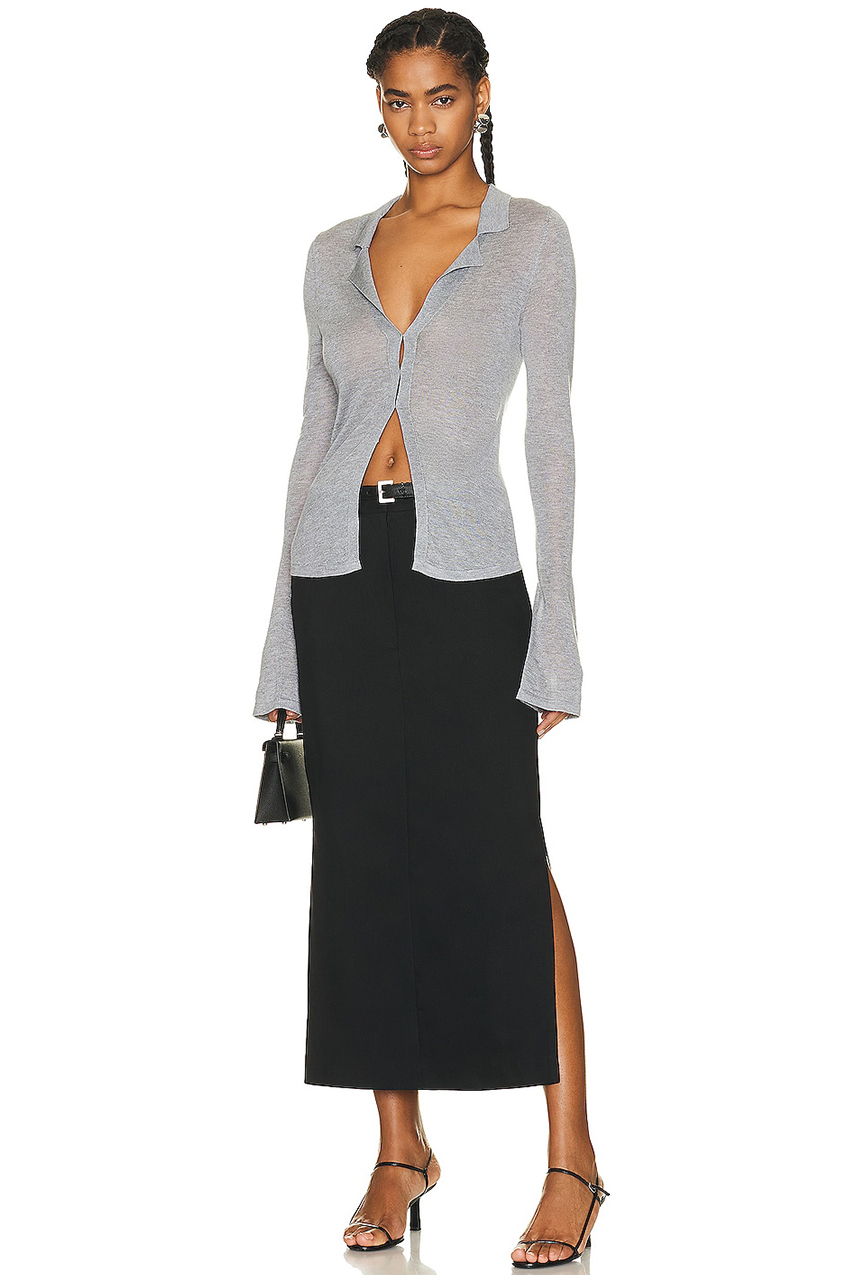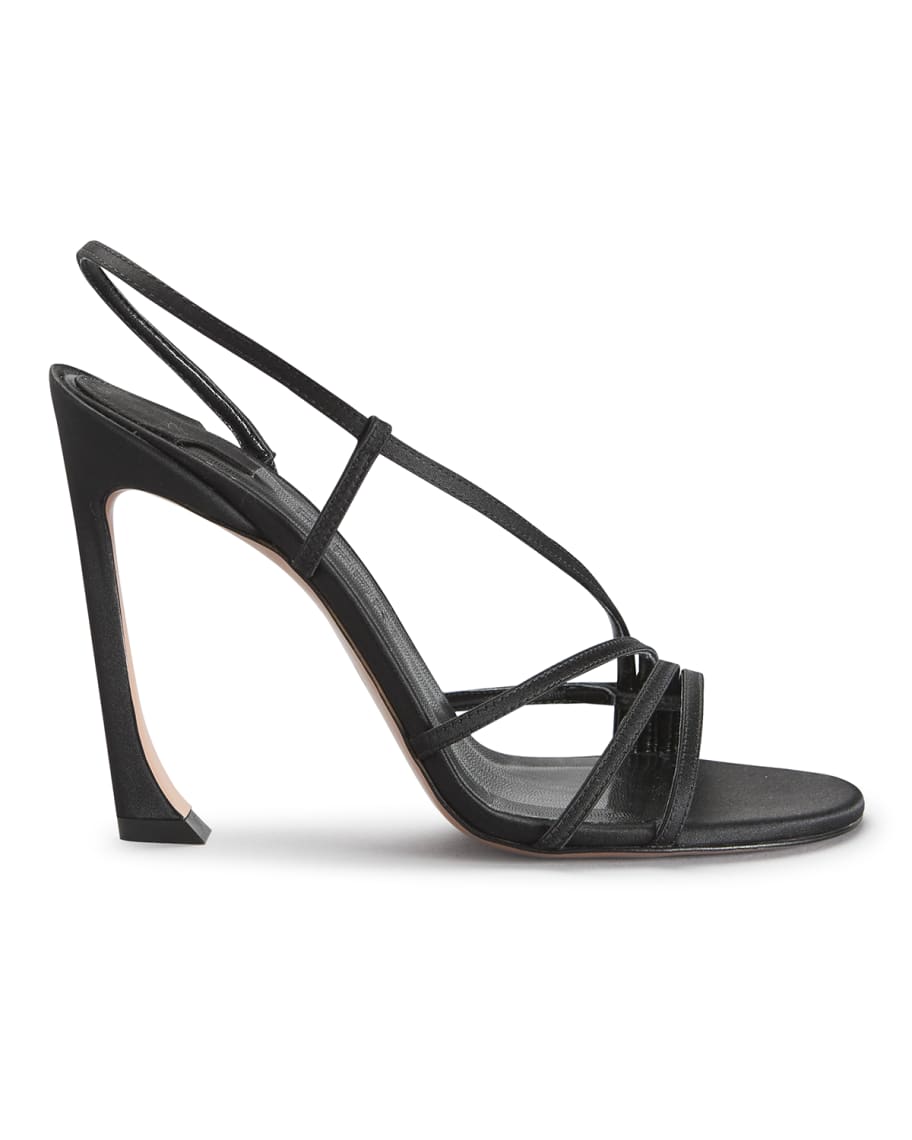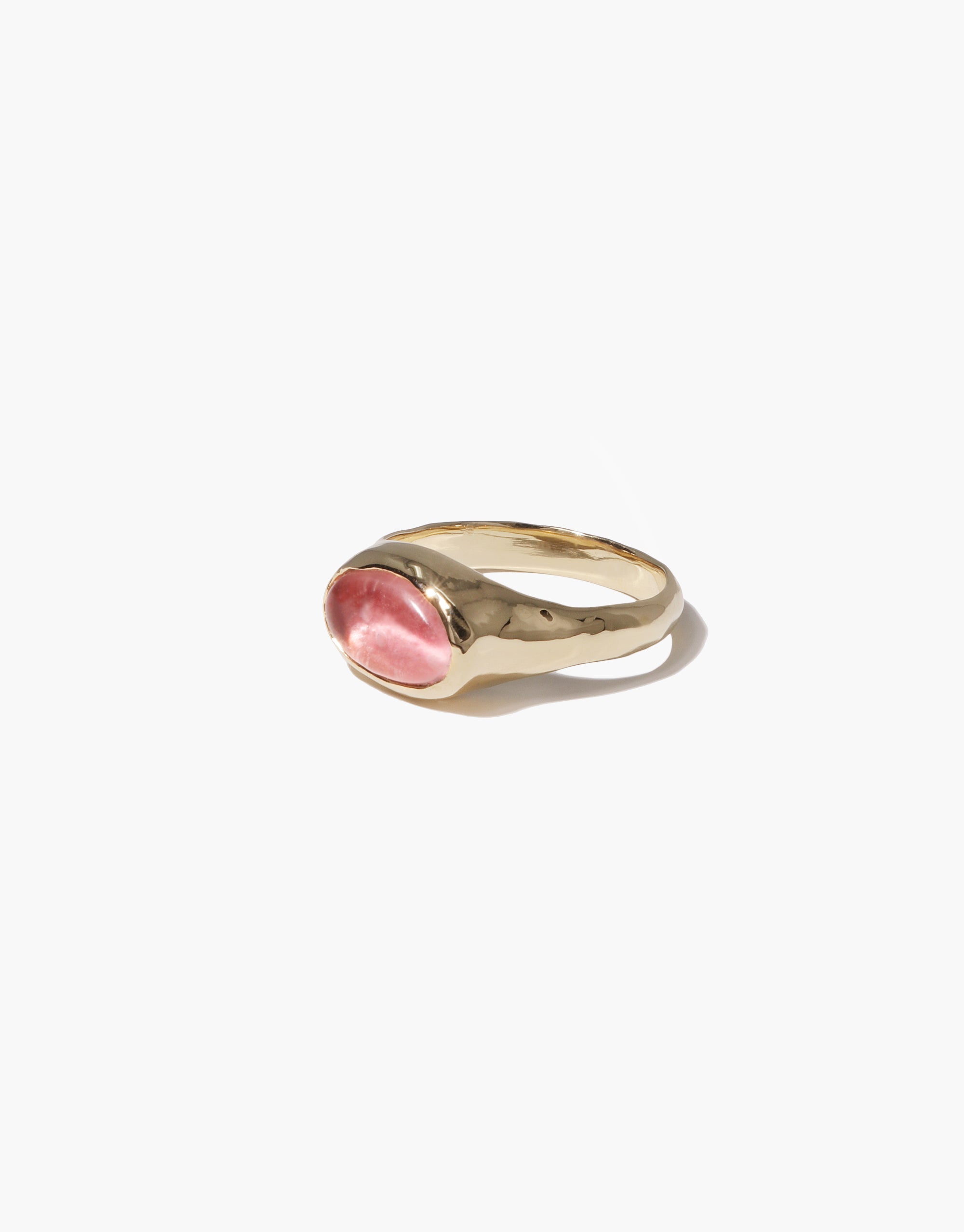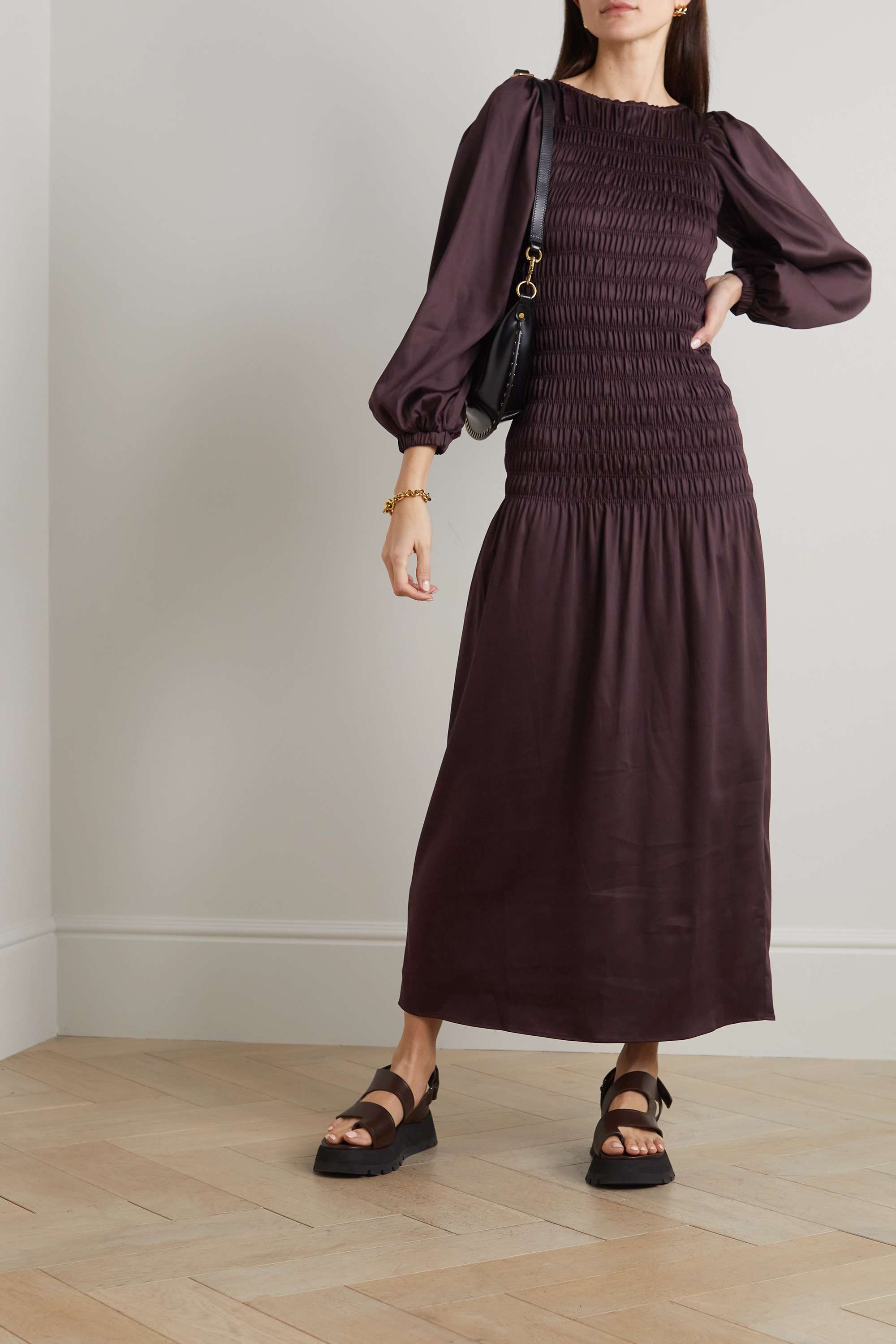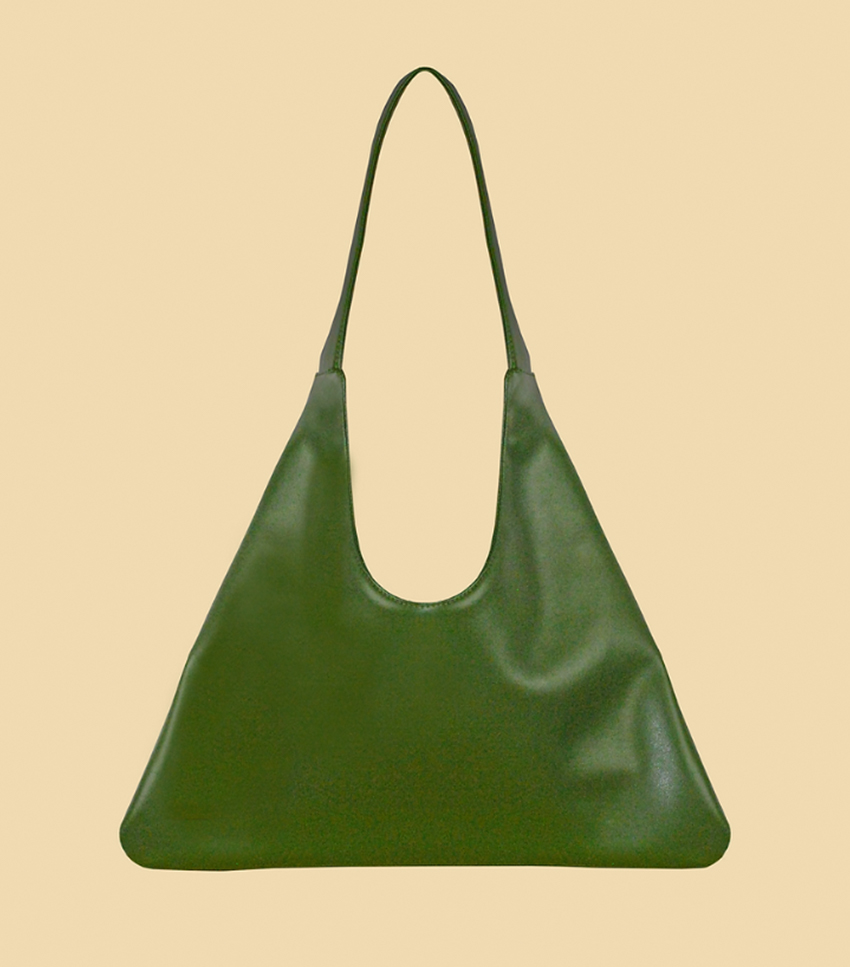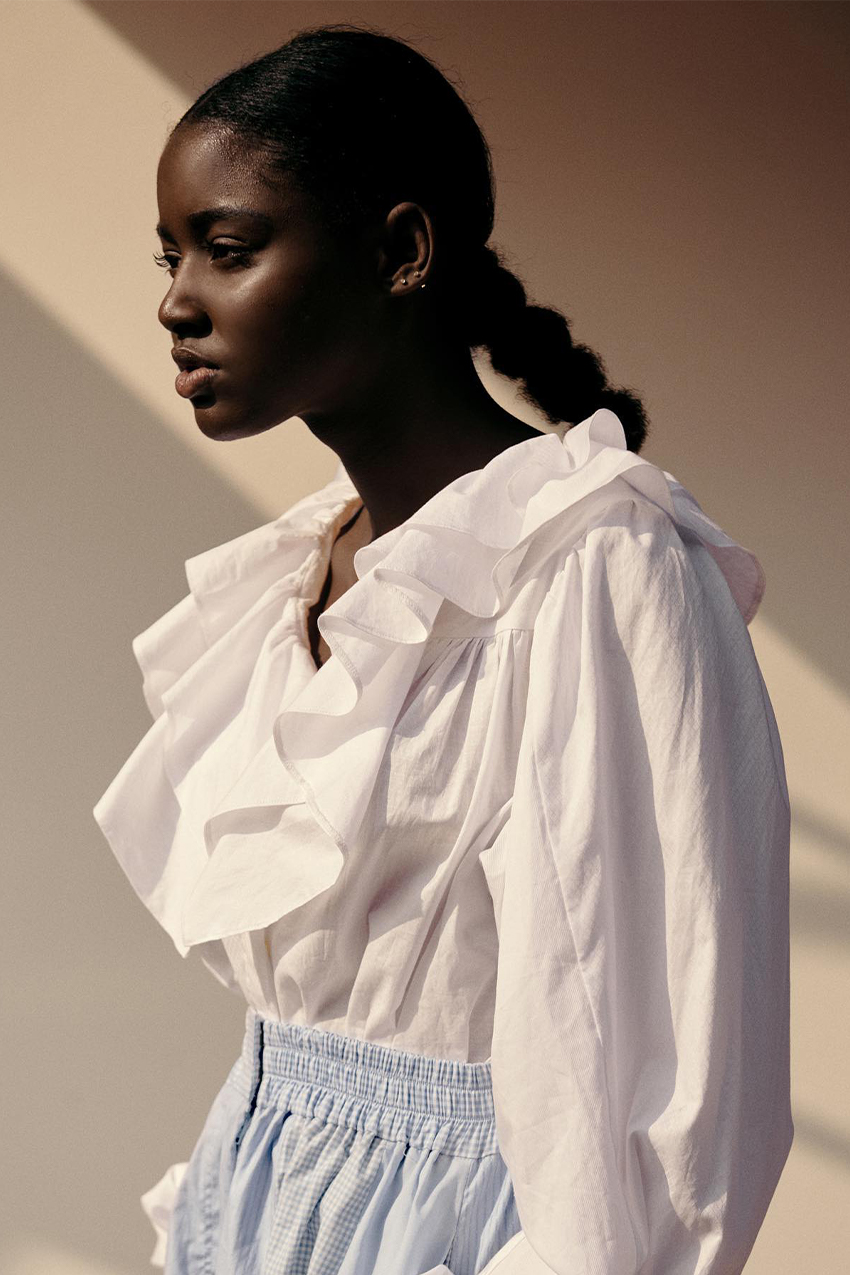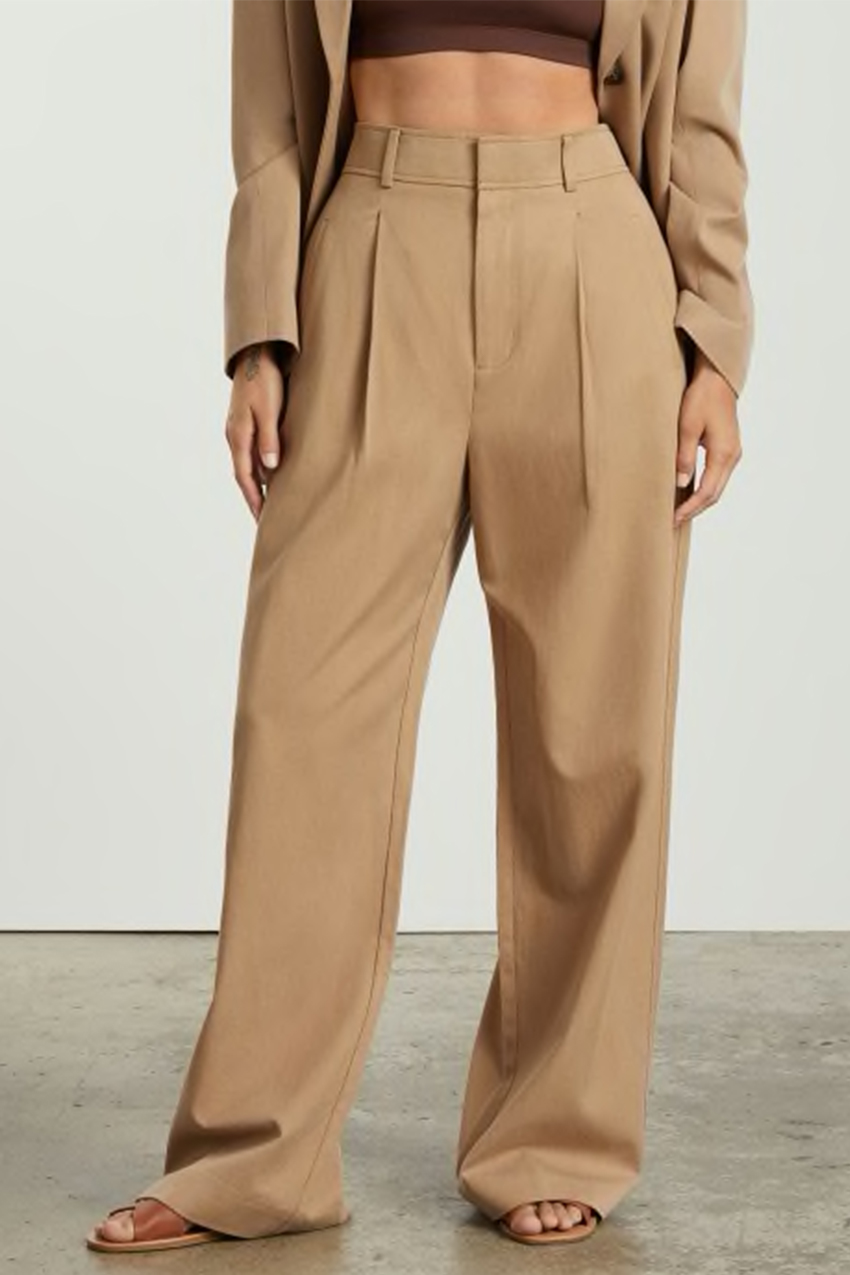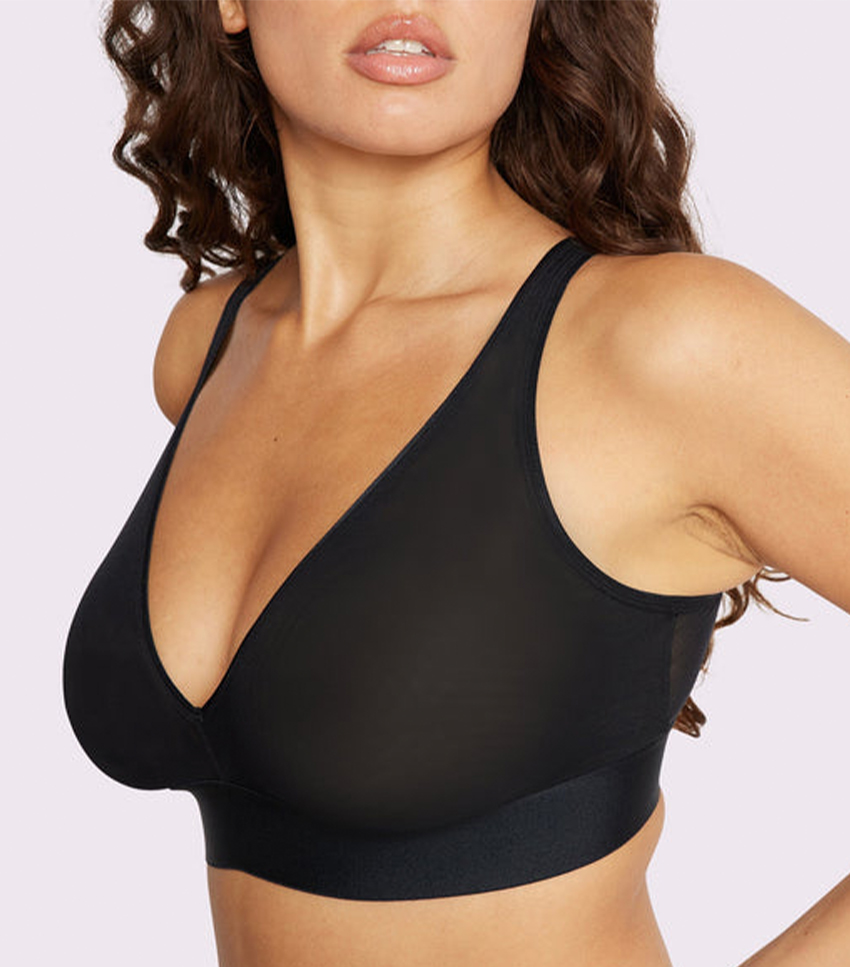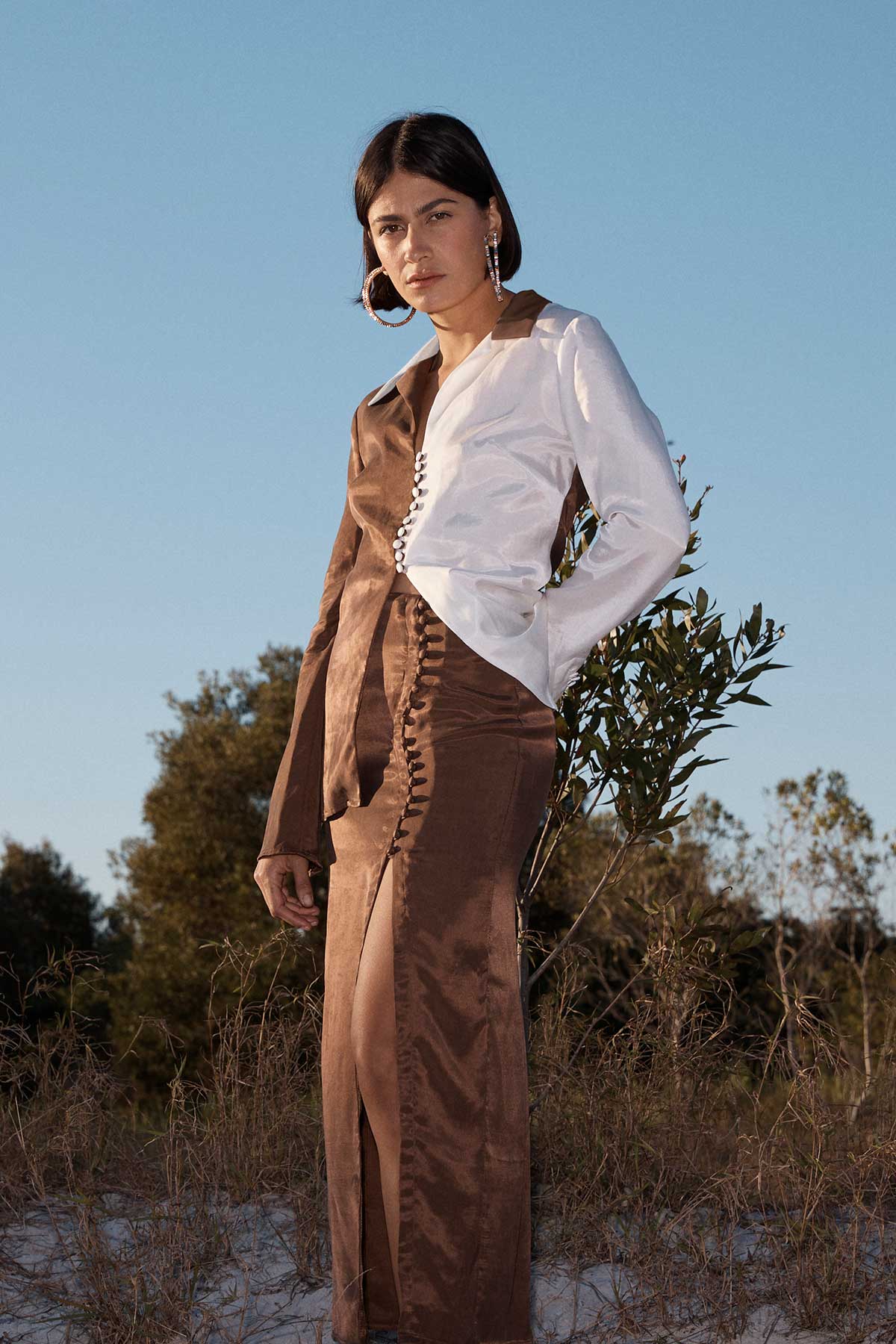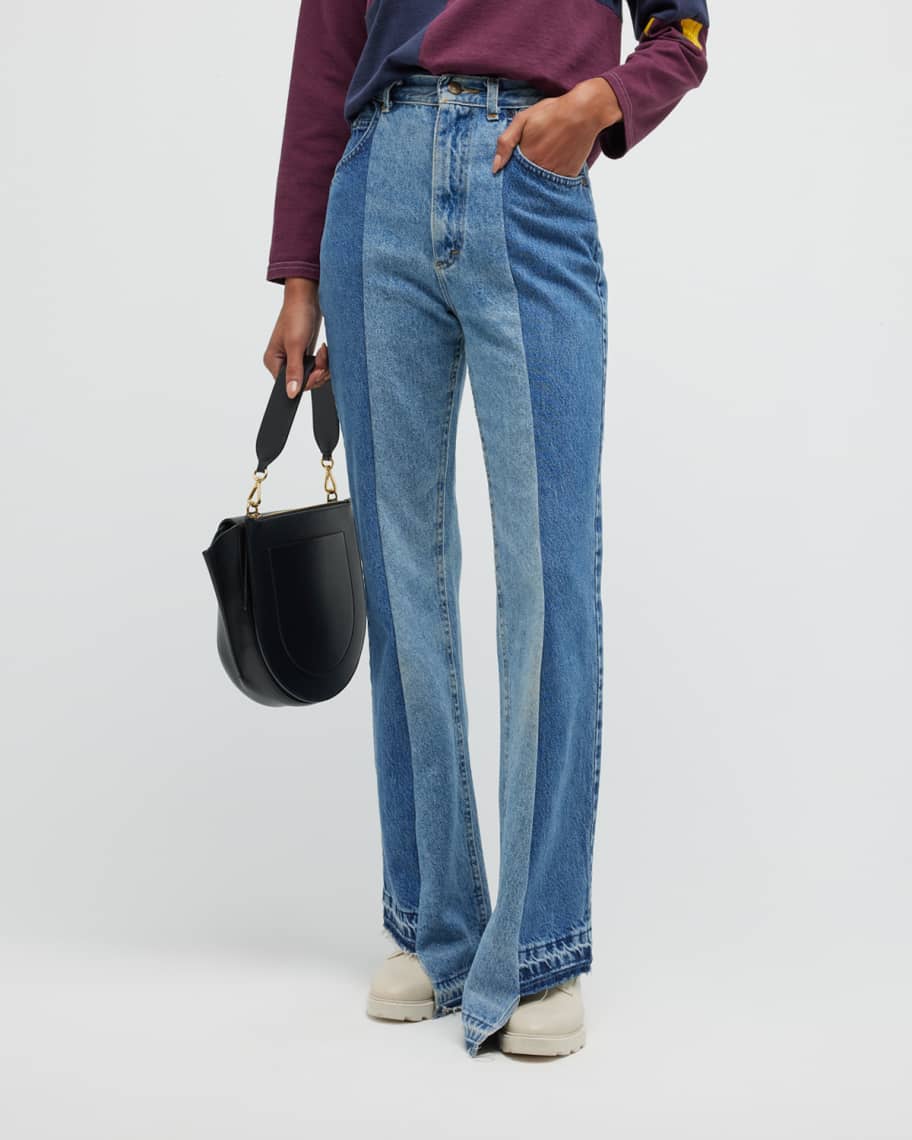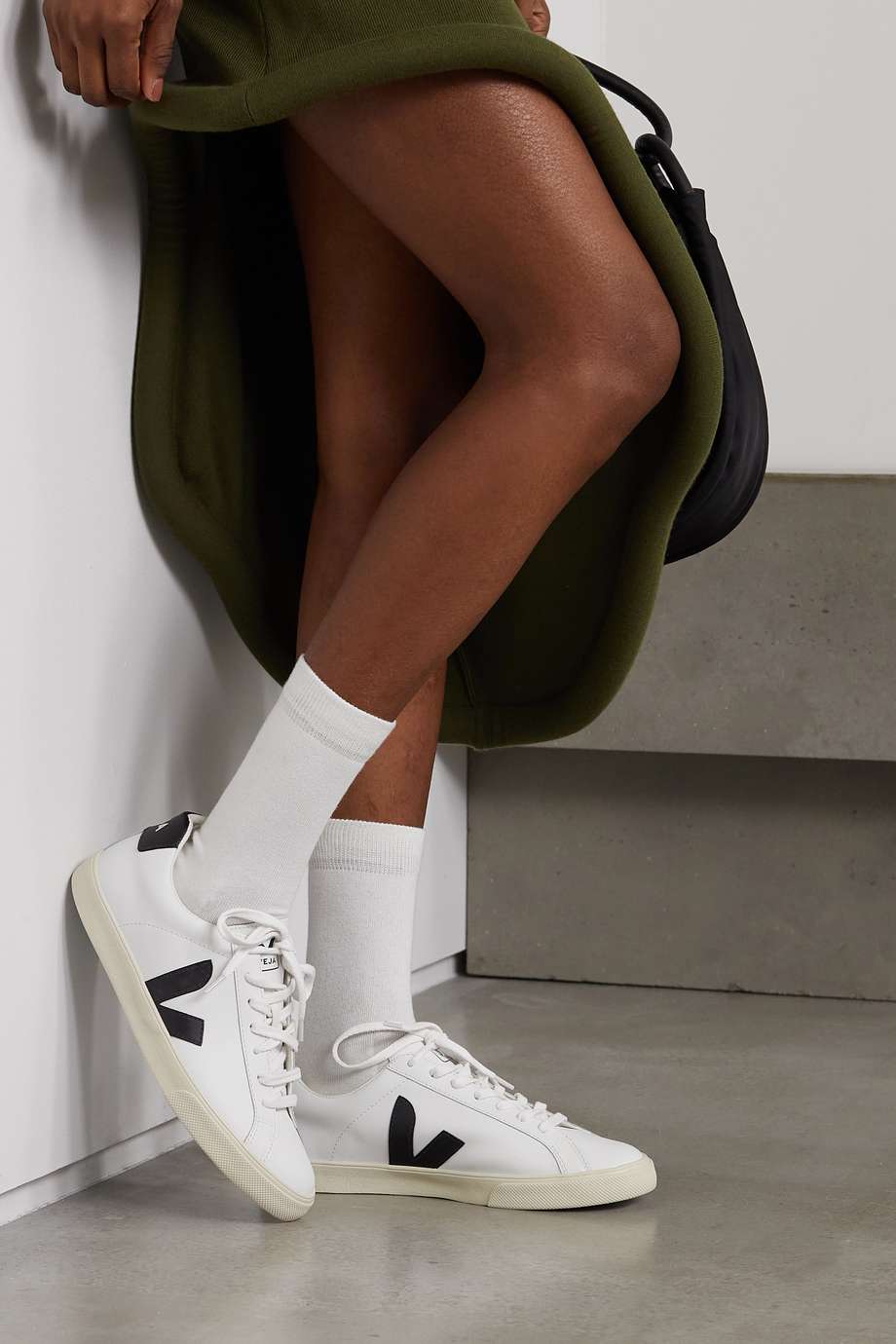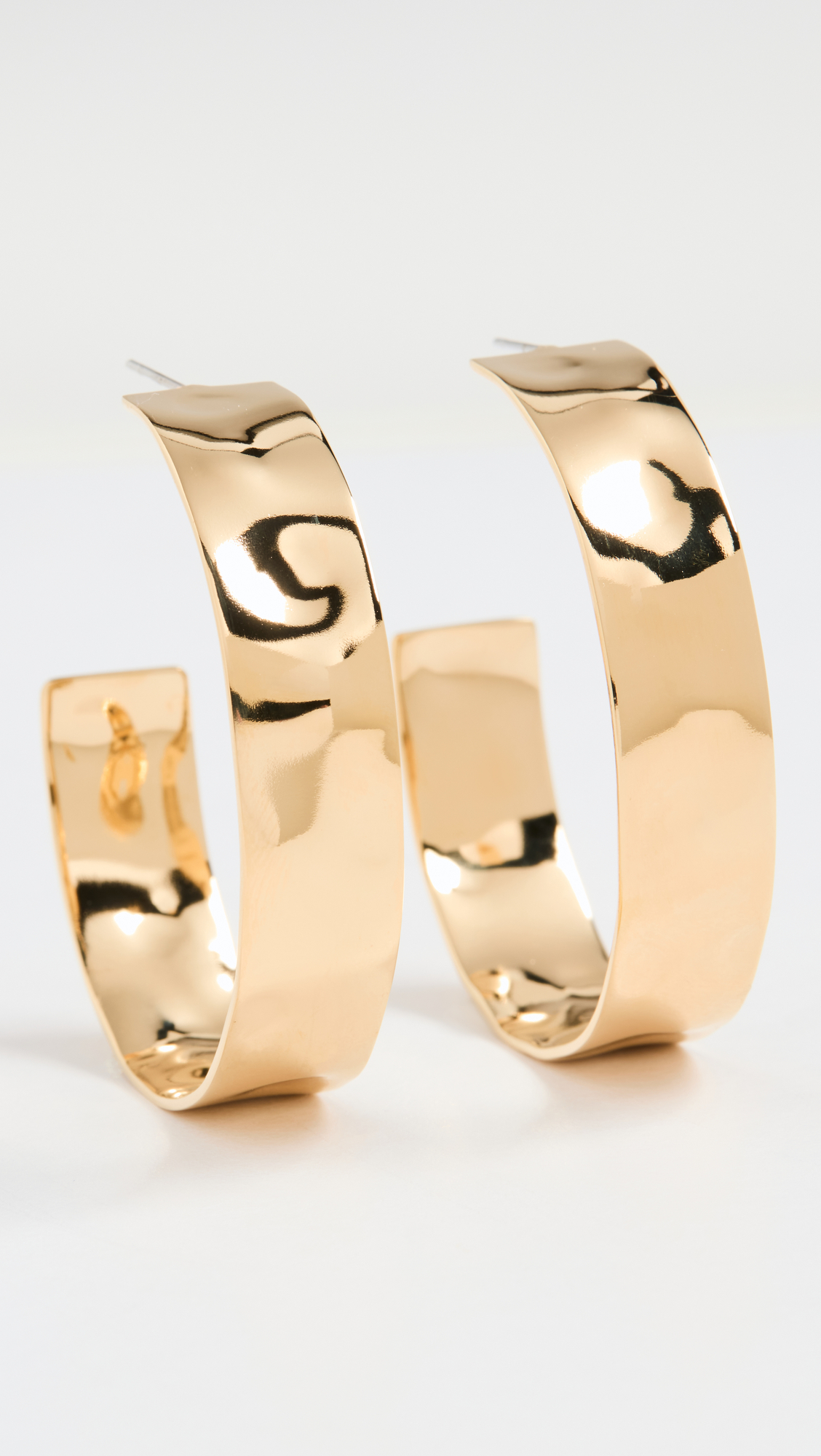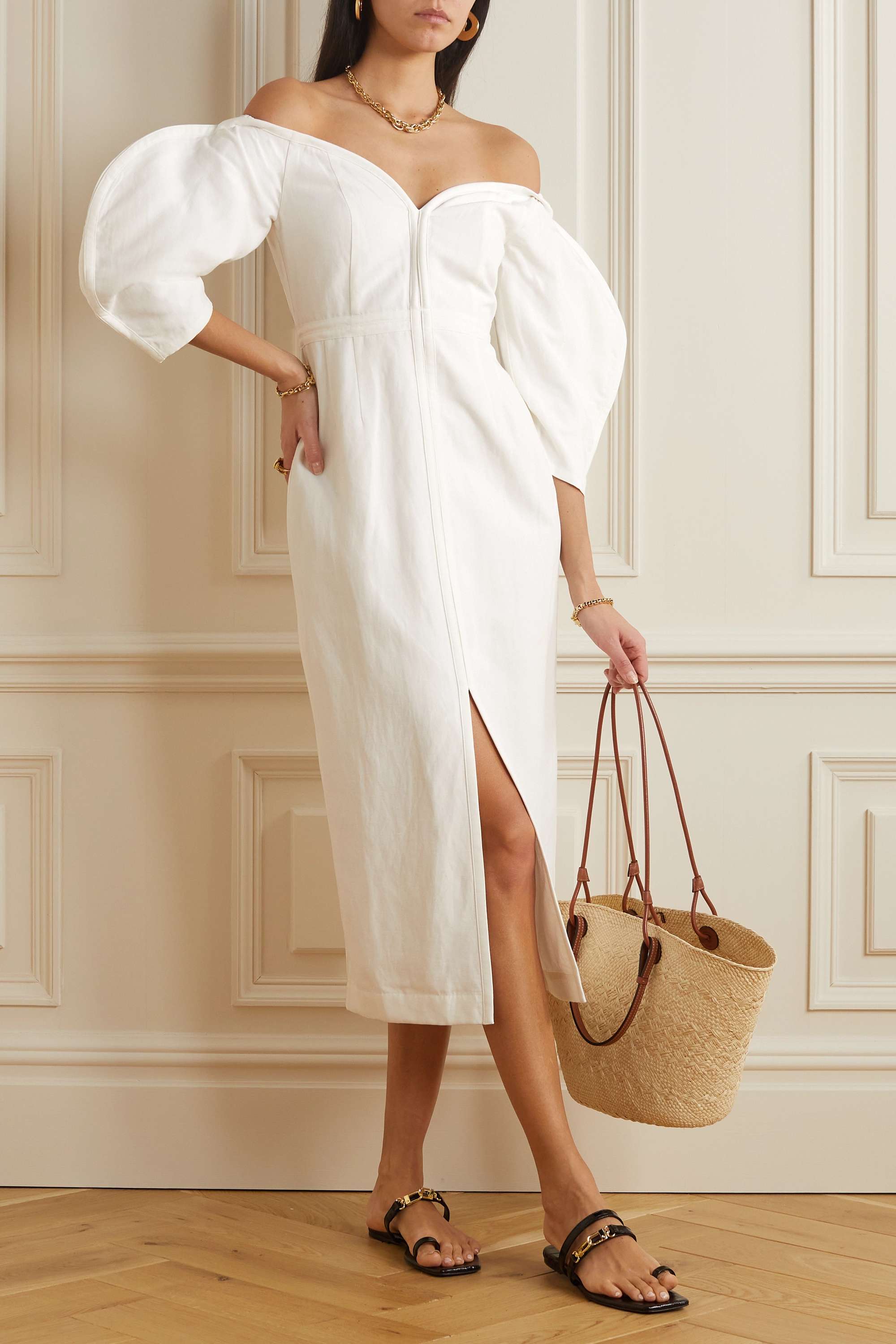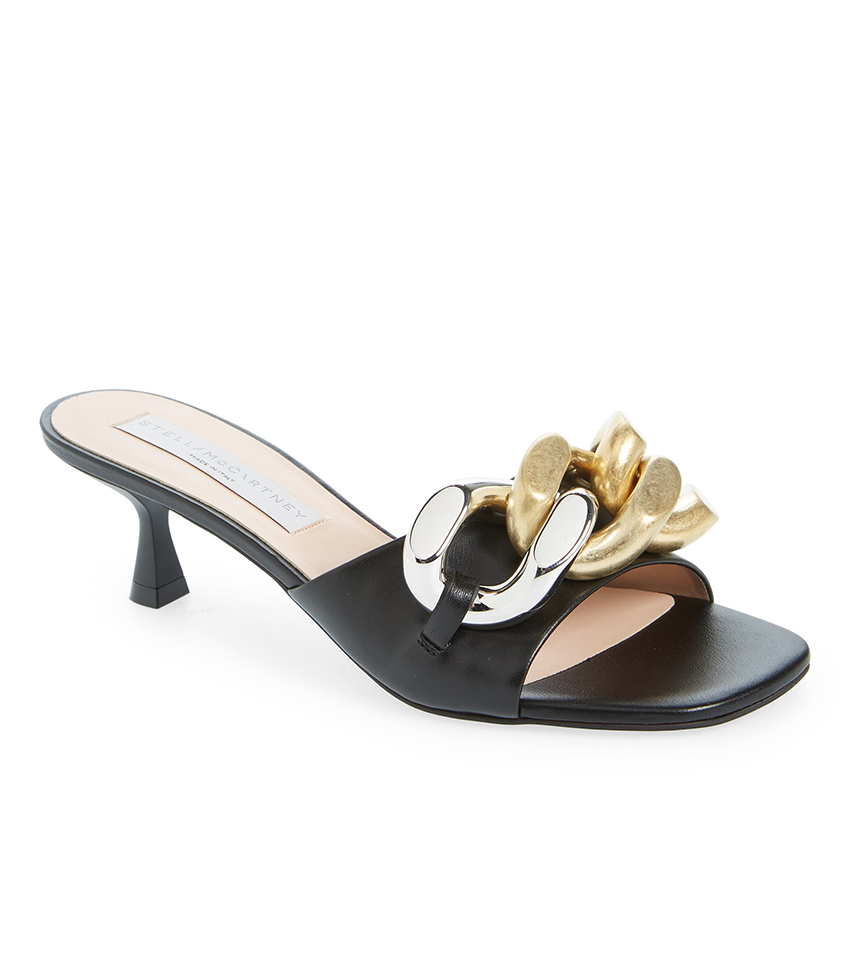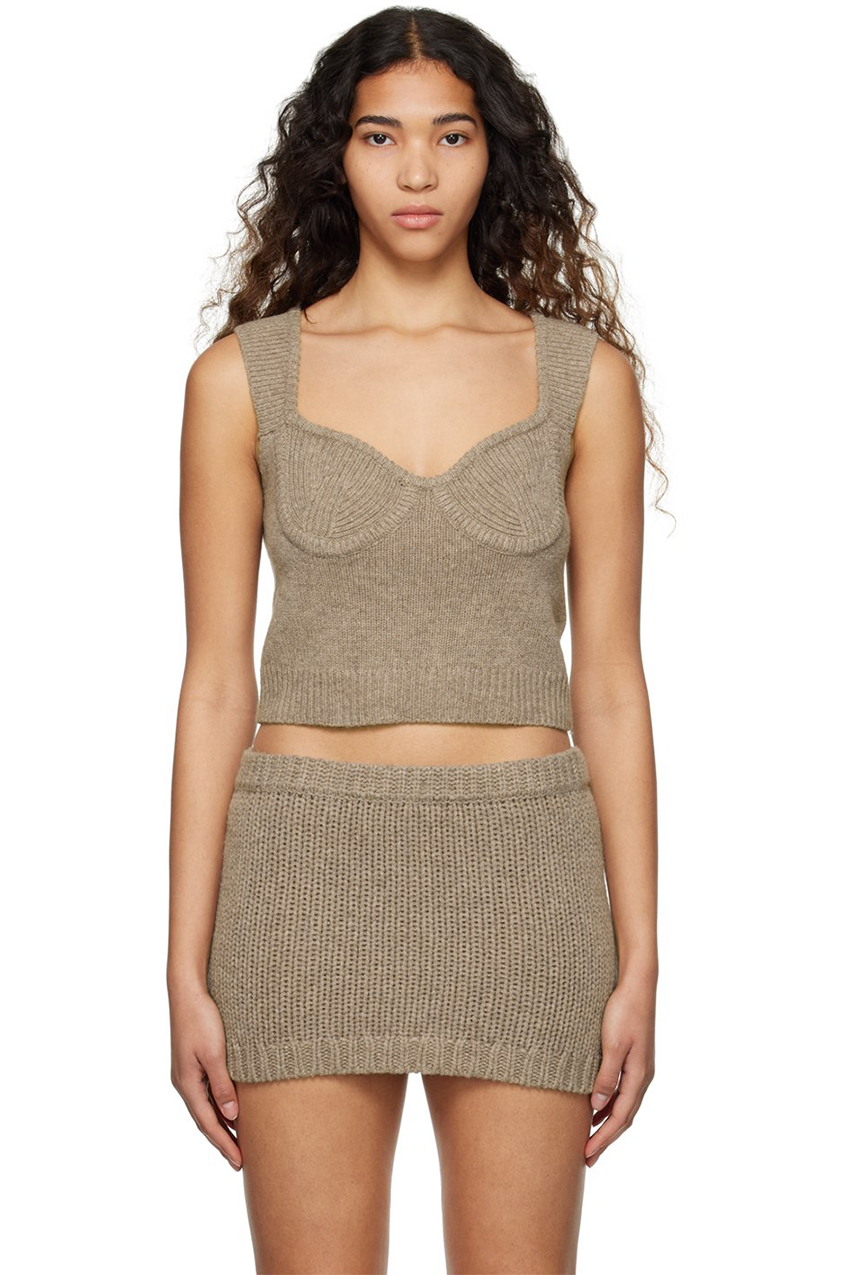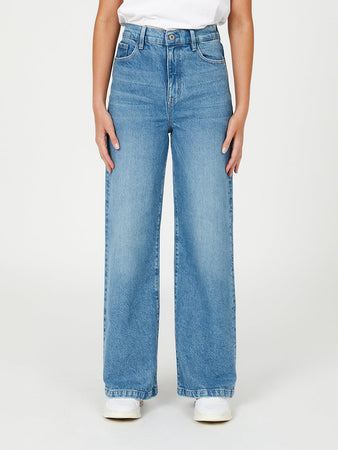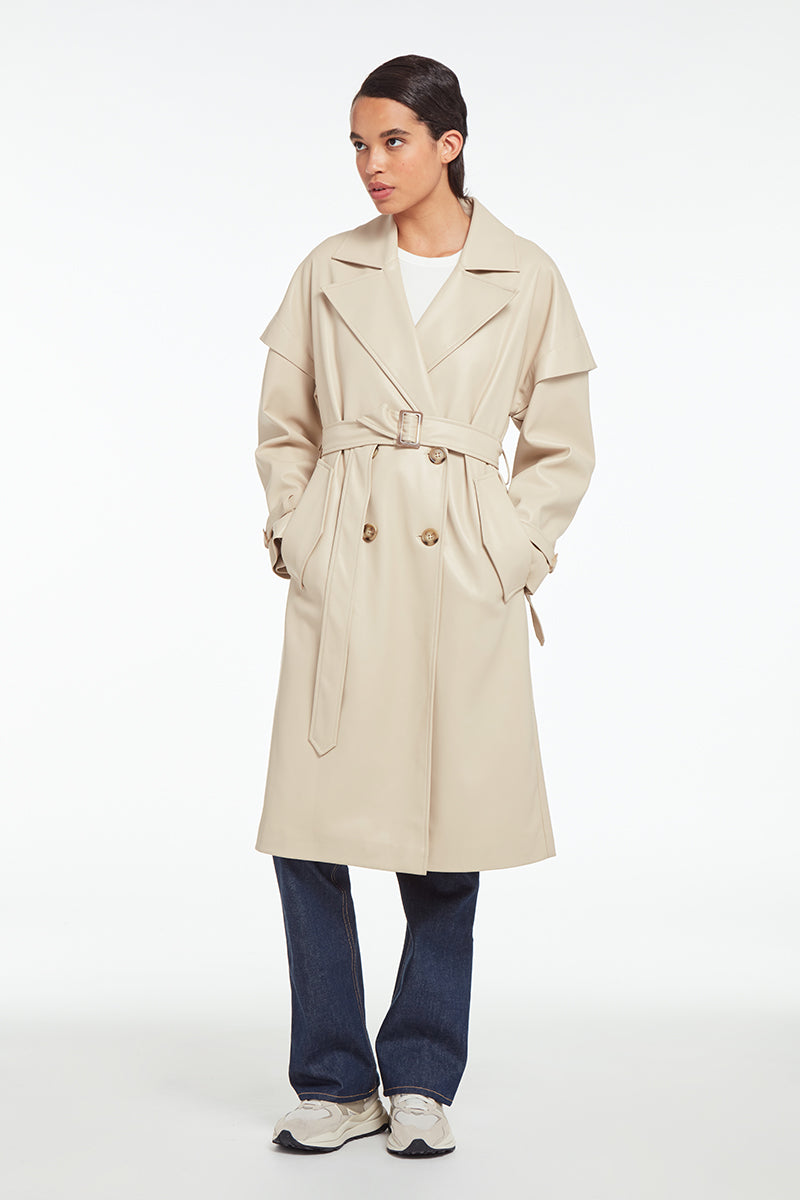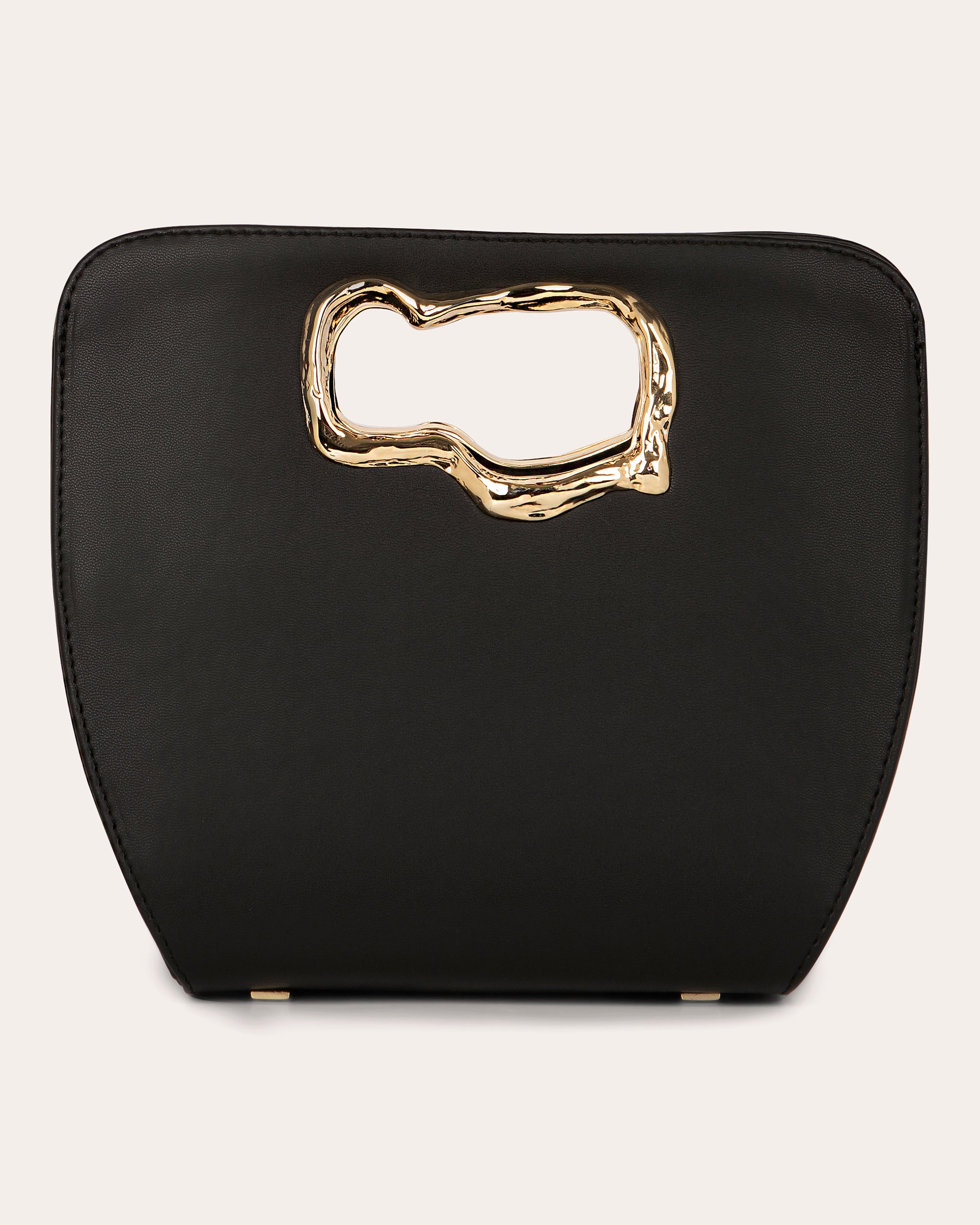35 Sustainability-Minded Fashion Brands to Shop Year-Round
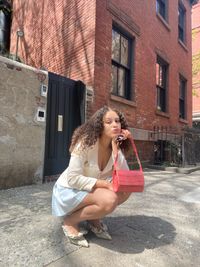
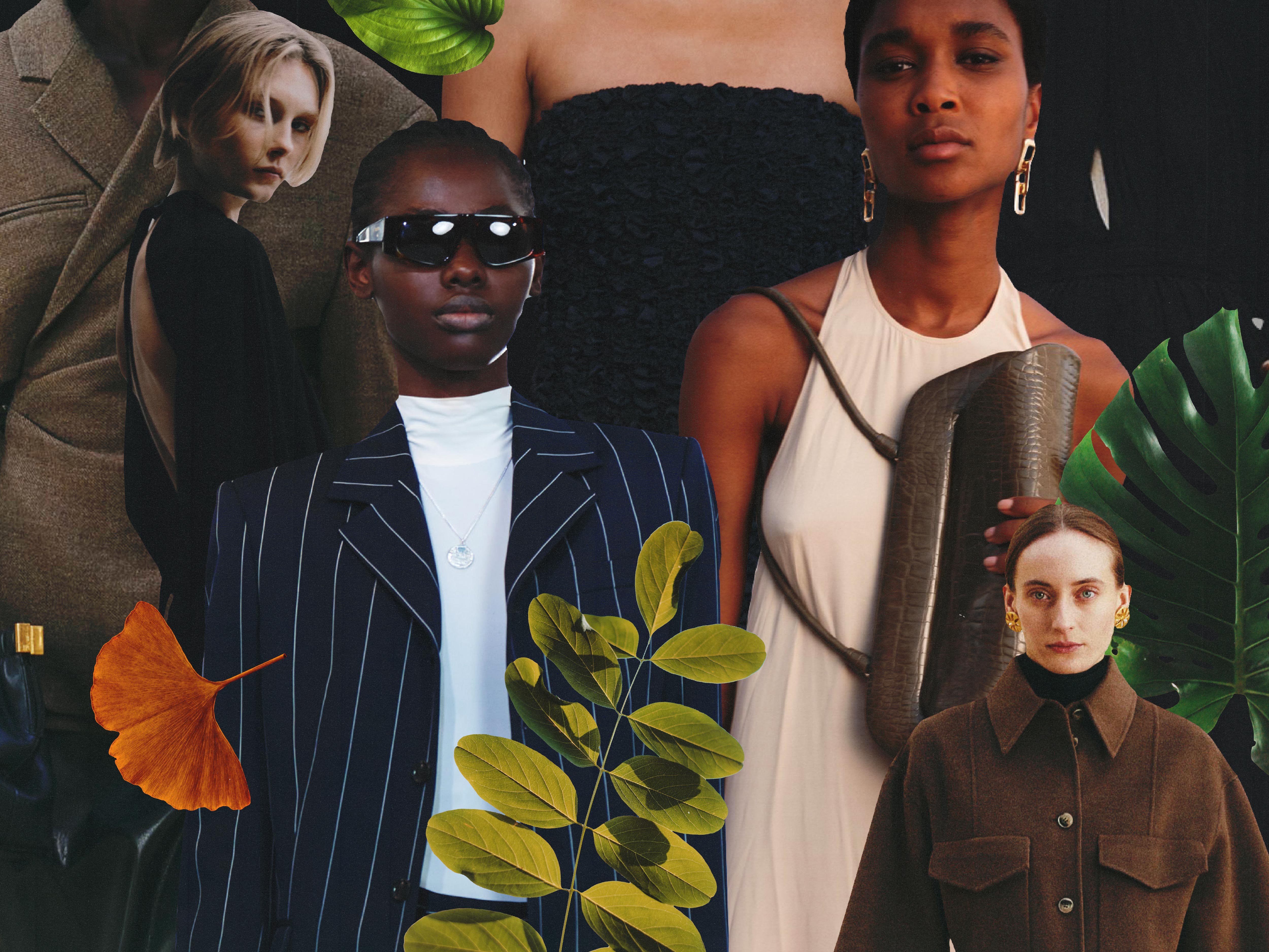
Take a second and think about this: How do you define what's sustainable? If we're being honest, the collective definition has been watered down over the past few decades. What once was a call to action to combat the environmental impact of various sectors has been co-opted by corporations hoping to cash in on the "trendiness" of the social movement without making any fundamental changes. Sadly, that's an even more relevant phenomenon within the fashion industry. Clothing production accounts for 10% of all global carbon emissions, which is more than the sum of maritime shipping and international flights combined.
Yet more fashion brands than ever claim to be "vegan" or "eco-conscious" without actually having the receipts to back up their claims. Basically, there's a whole lot of greenwashing happening right now. And while we can't discount some of the genuine shifts happening—e.g., brands are addressing textile waste, and consumers are adopting a more minimalistic approach to their wardrobes—there's confusion surrounding what makes a brand actually sustainable.
Some of that confusion comes from a lack of transparency around how things are made, but it is also the myth of sustainable fashion. We'd all like to believe anything can be defined as "sustainable," but when over 100 billion garments are produced in a single year, being in the business of making anything new is unsustainable. But before you lose all hope, there are some sustainability-minded brands out there aiming to do better, for real.
By no means is any brand perfect, but with a focus on mitigating impact by minimizing water waste, opting for biodegradable fabrics, or investing back into the community, they are, in fact, better for the environment. So without further ado, here are 35 fashion brands that have adopted more sustainable production practices.
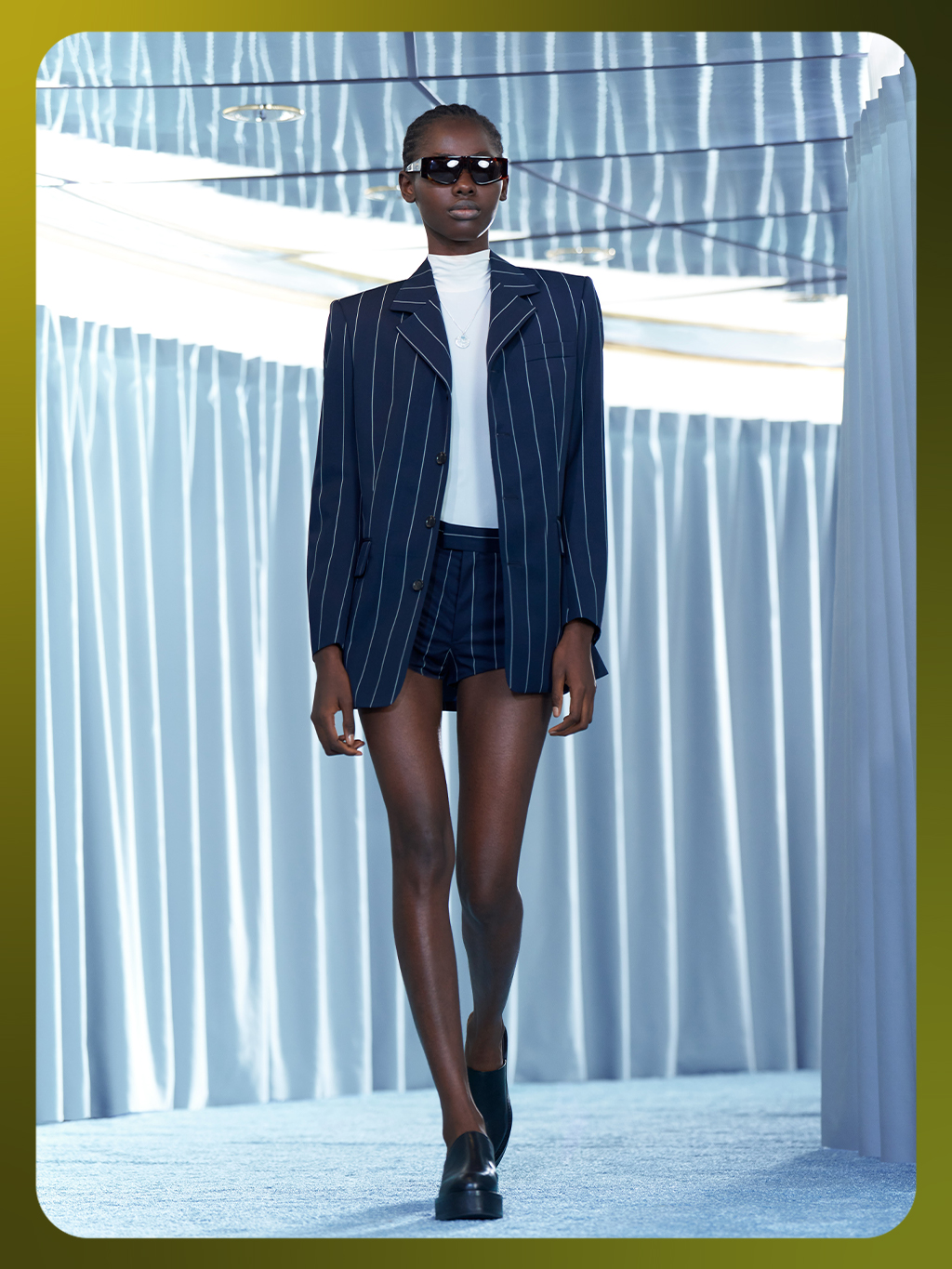
Filippa K F/W 23 collection.
Since its founding in 1993, Filippa K has become known for its minimal ready-to-wear collections with heavy Scandinavian influences. The brand has committed to working toward a 100% traceable and circular production model. And while it might not be there yet fully, it continues to prioritize sustainably sourced materials by participating in The Swedish Wool Initiative, using by-products from the meat industry that were going to waste to create textiles.
Shop the brand:
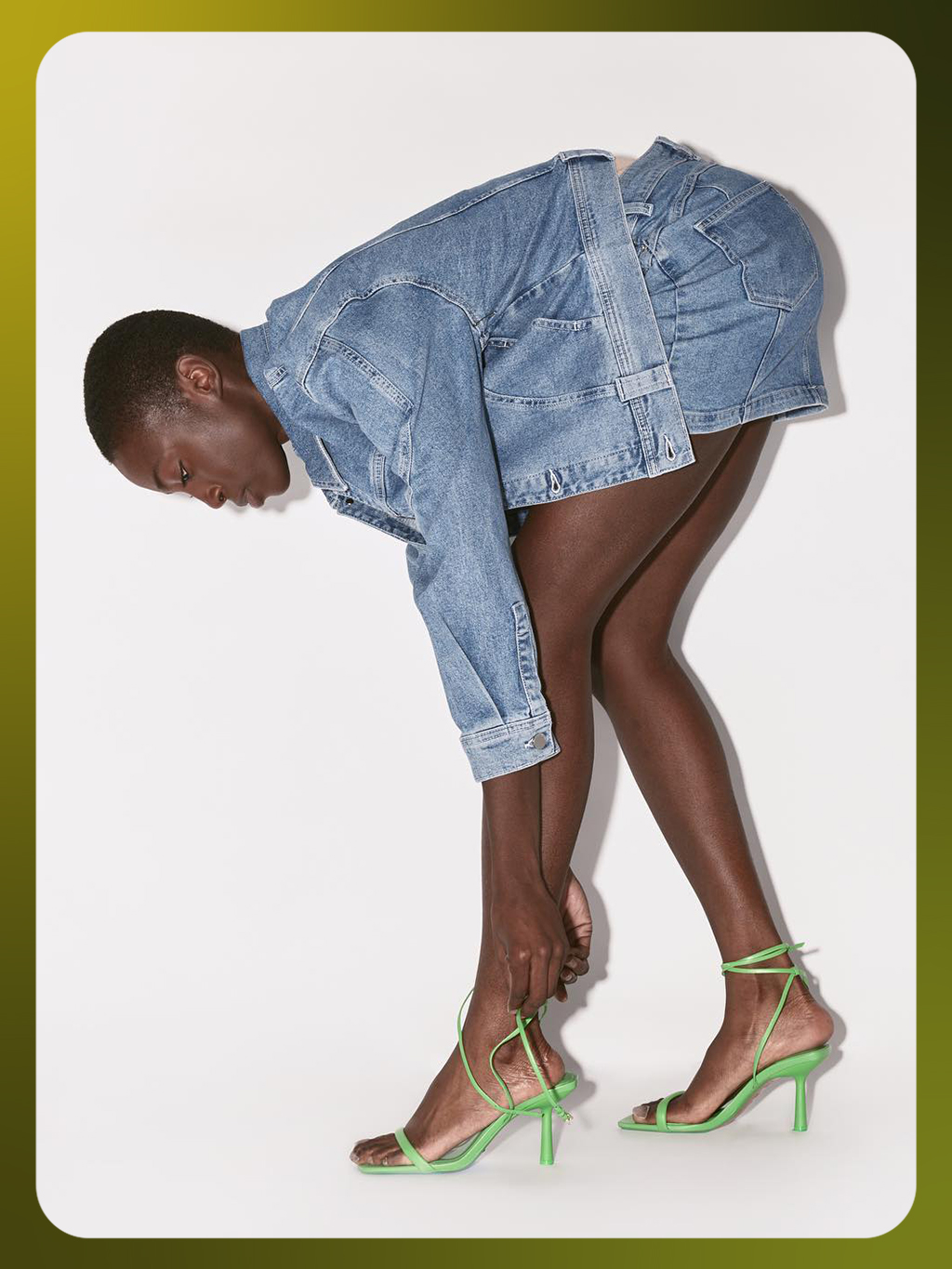
Not-so-fun fact for you: Denim production has the worst environmental and social impact of any item of clothing. Just producing a pair of jeans requires, on average, 2114 gallons of water, and that's not including the post-production impact of chemical dyes, textile waste, and microfibers polluting the ocean. All of this is to say denim is a dirty business, but DL1961 aims to change that. The brand centers sustainable practices in its denim by using post-consumer waste to create its yarn. Plus, it recycles 98% of all the water used in its production process to mitigate waste.
Shop the brand:
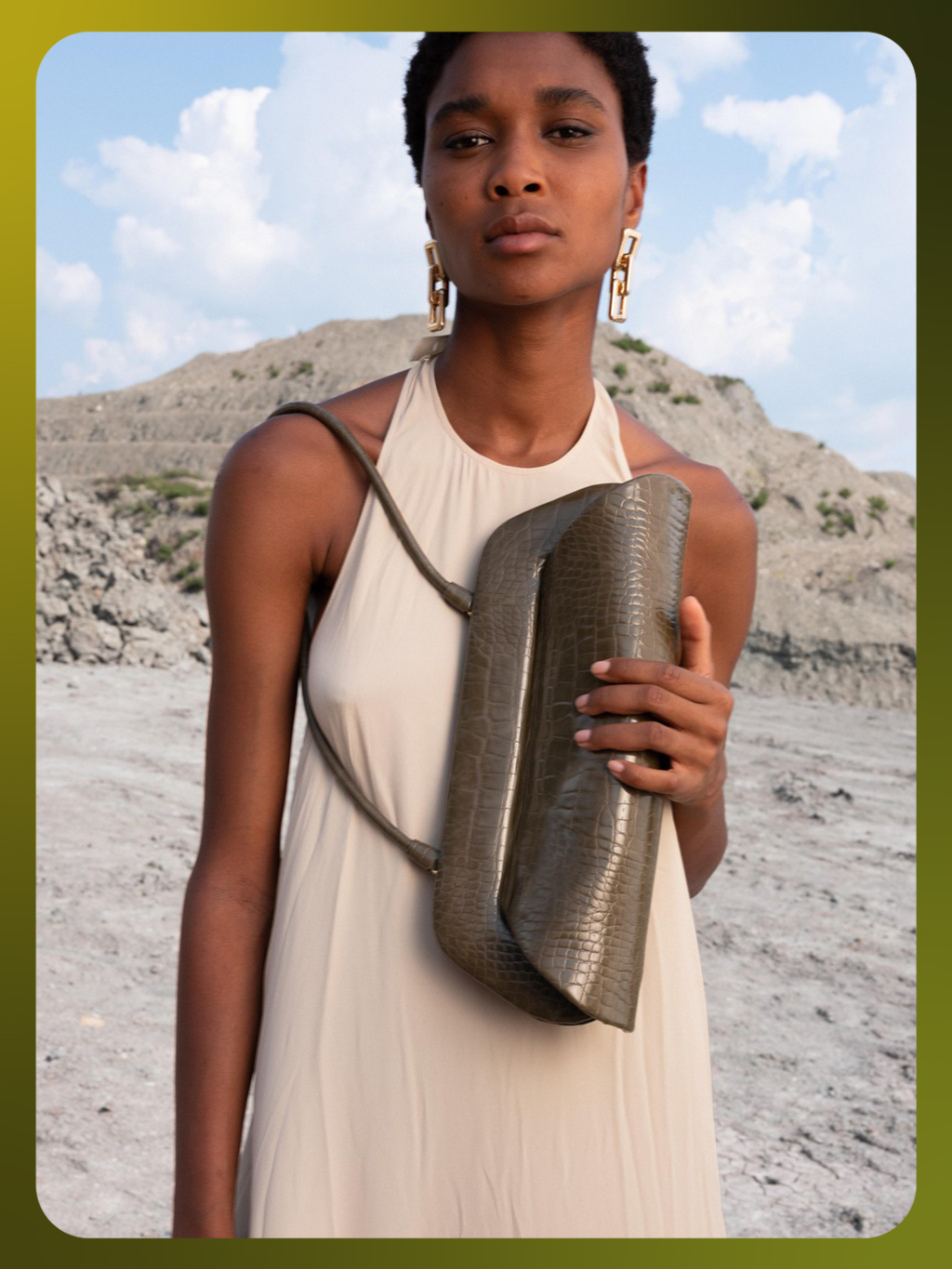
For shoppers looking for alternatives to leather handbags, the boom in vegan leather over the past few years was a welcome change. But many might now know that it's not necessarily the more sustainable alternative, as most vegan-leather fabrics are made from polyurethane aka plastic dipped with a crude oil finish. Before you freak out, there are some brands actually using sustainable materials to create stylish accessories—Themoiré is one of them. Founded in 2019, the label uses various unconventional biodegradable and recycled materials (e.g., cactus fiber, coconut skins, recycled apple peels, old fishing nets, and coffee grains) to create timeless shoes and bags.
Shop the brand:
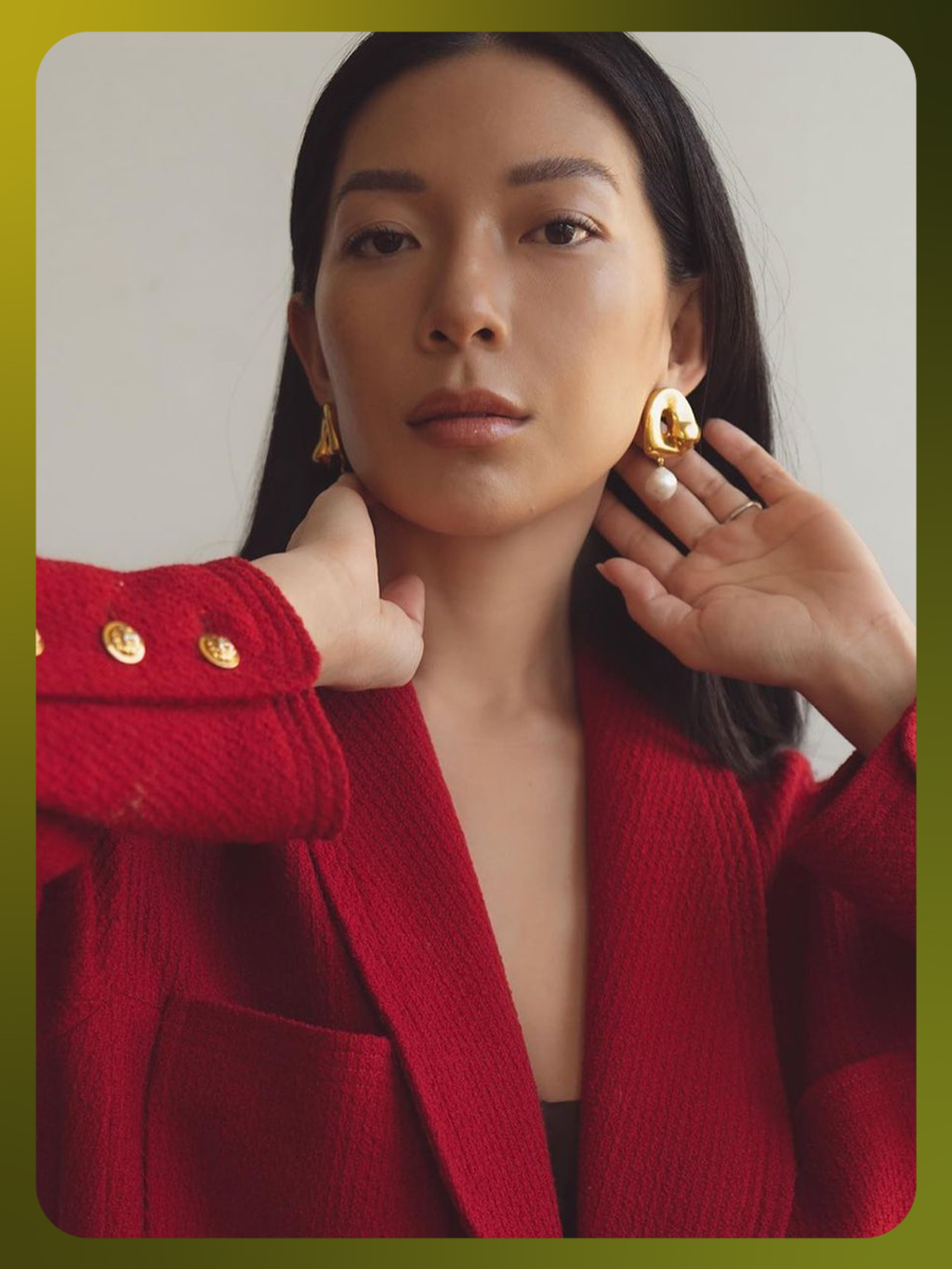
While most may not think that jewelry has the same environmental impact as clothing, that's far from the truth. Mining for metals and gemstones has a negative social impact as well as an environmental one, making it all the more imperative to shop for brands that prioritize ethical production practices. Enter Agmes into the chat. Founded in 2016, the New York based jewelry brand uses recycled metals for its pieces, recycles scrap metal for future jewelry, and produces all jewelry locally to minimize the footprint caused by overseas production.
Shop the brand:
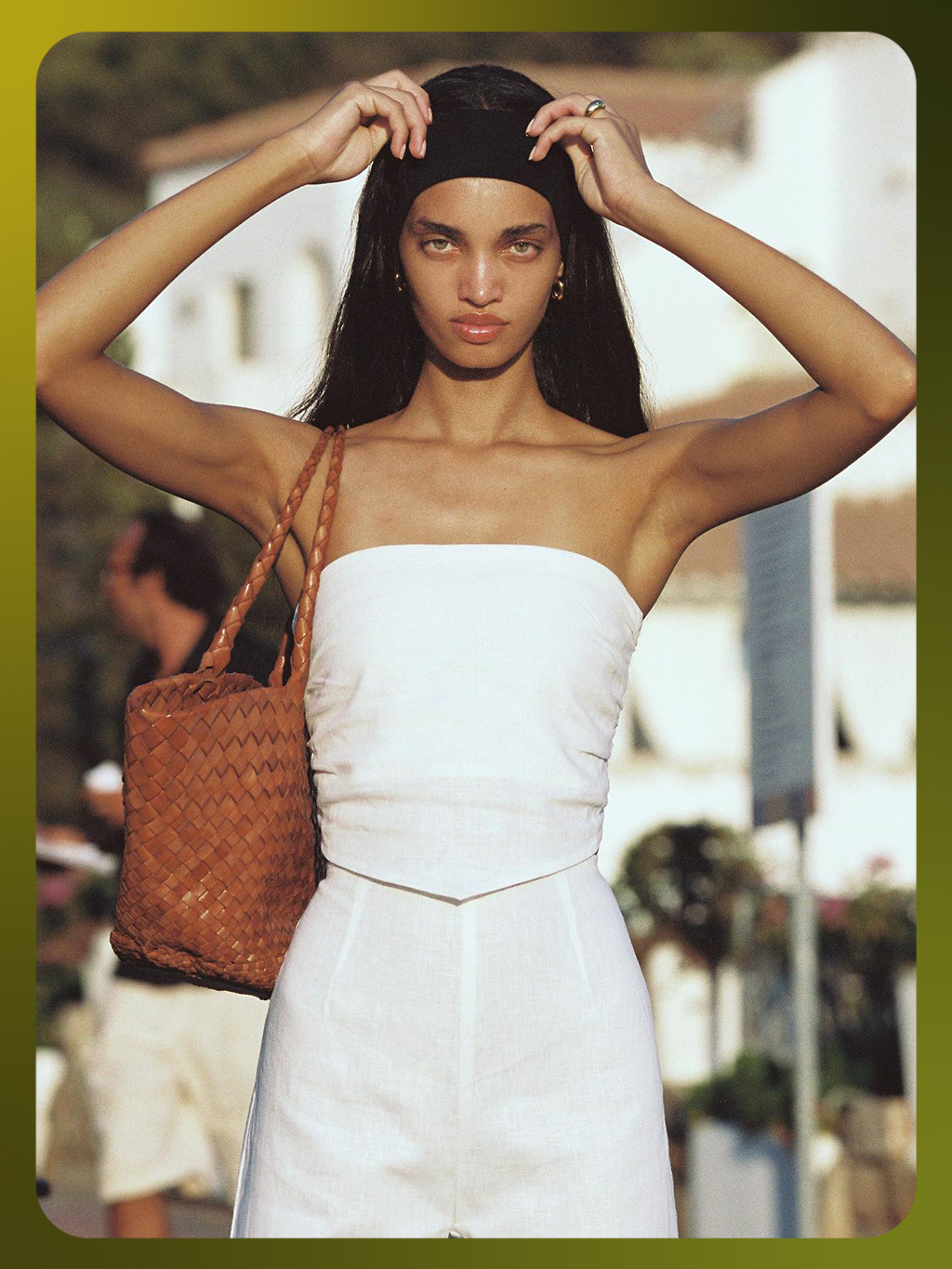
Textile production alone is one of the biggest contributors to the fashion industry's carbon footprint, a fact that is not lost on the Australian co-founders of Faithfull the Brand, Sarah-Jane Abrahams and Helle Them-Enger. Since its inception in 2014, the brand has been committed to using textiles that are better for the environment. For example, its signature linen separates are made from traceable linen that follows the European Flax standard. Its breezy dresses and swimwear also use closed-loop fibers (yarn that comes from recycled materials and is reused), making them less harmful to the environment.
Shop the brand:
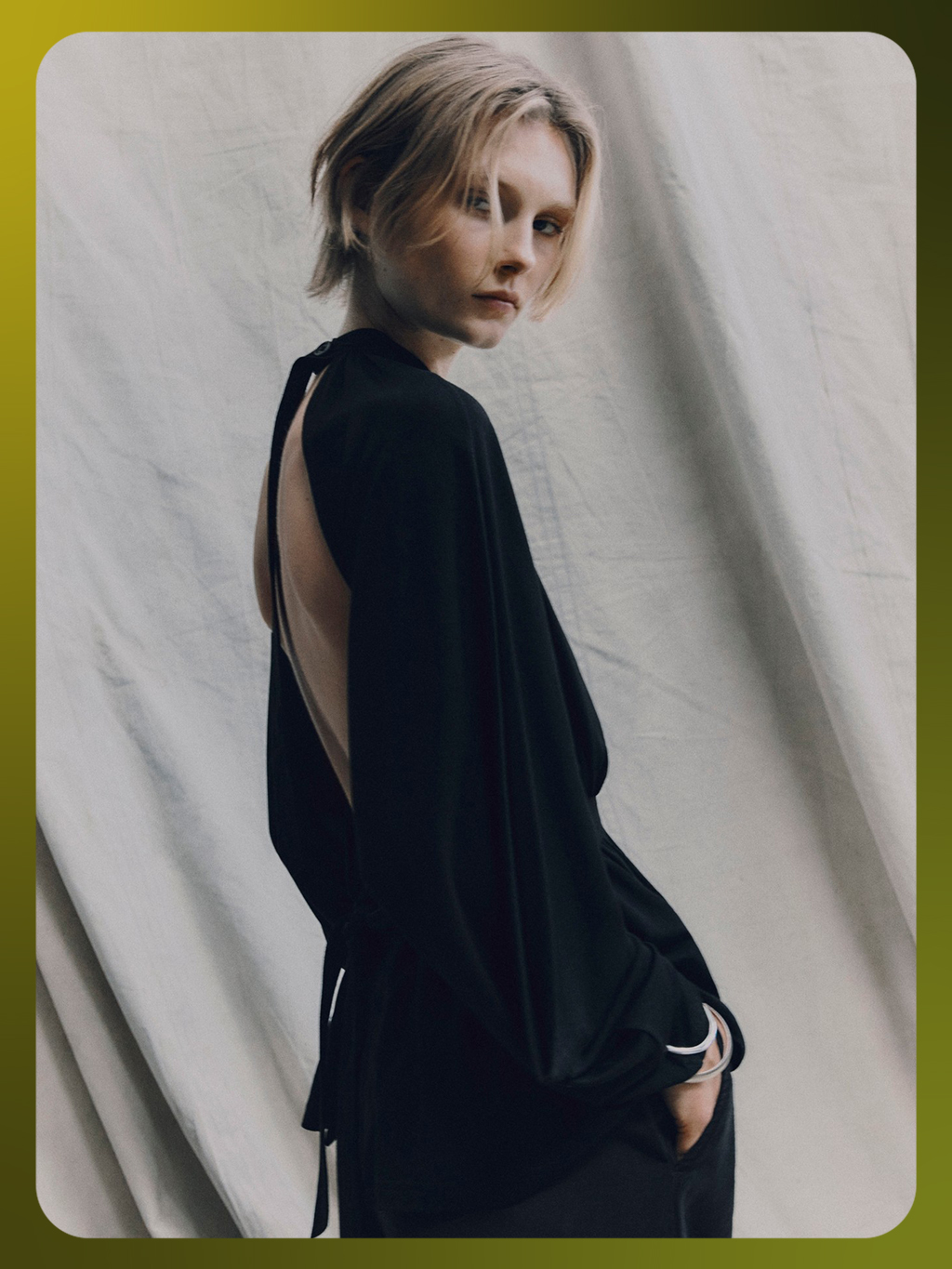
It's safe to assume that most define a fashion brand as sustainable through the lens of how it impacts the environment (which is valid), but that's only a percentage of the whole picture. The social impact is a pivotal part, too, which the London-based brand Ninety Percent has baked into its ethos. Founded in 2018, the ready-to-wear label has become known for its elegant staples that are made from renewable and organic materials. But what truly makes this brand stand out as a leader in ethical production is its commitment to donating 90% of its profits. To break it down for you, 80% of that chunk of income goes to charitable organizations, and 10% goes to profit sharing for employees in the office and the factories. The brand is proof that having a positive impact on the environment factors in everything from pollution to people.
Shop the brand:
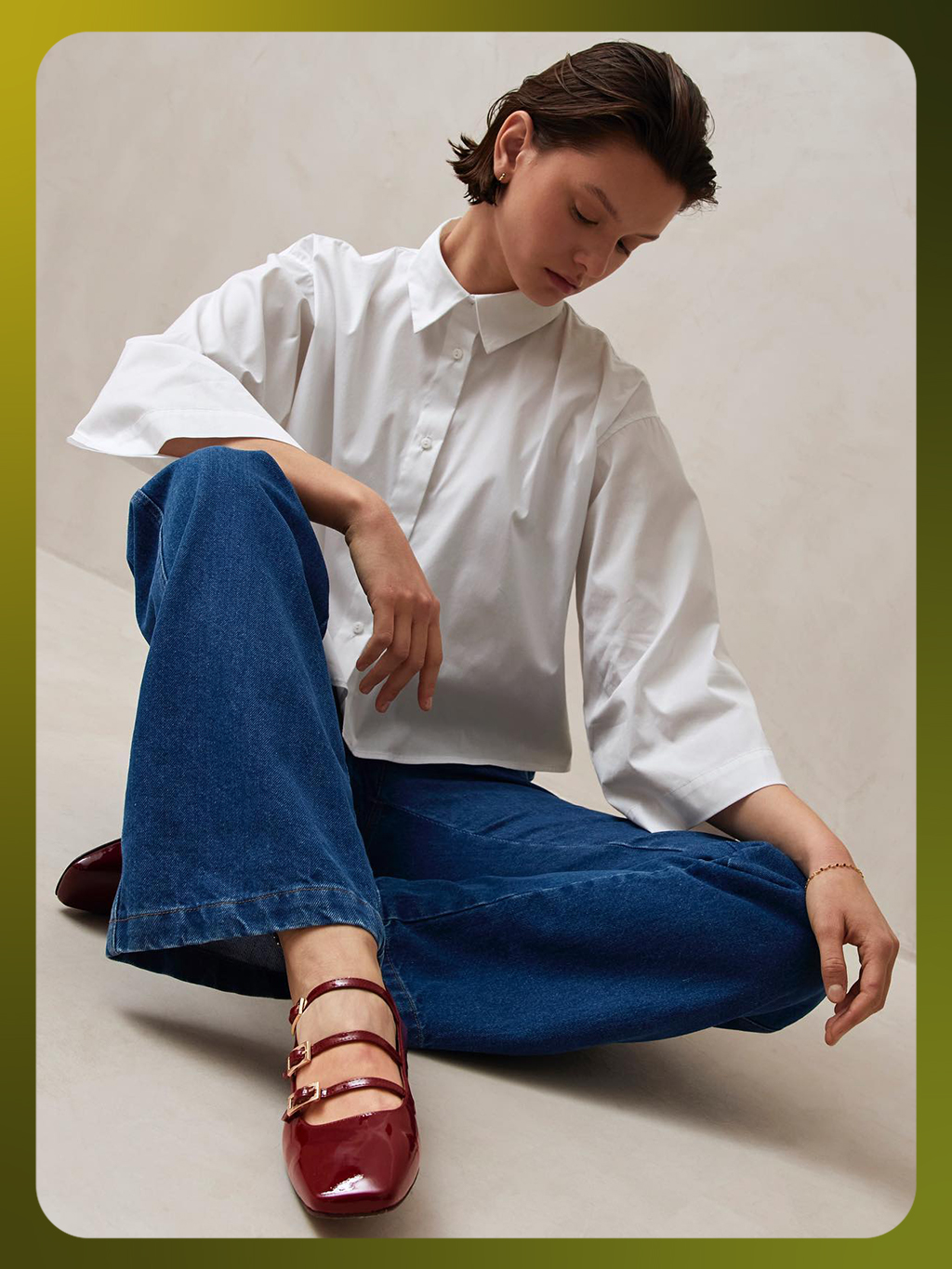
Have you ever wondered what happens to clothing when you return it? Or how about clearance-section shoes that are never bought? Well, we hate to break it to you, but all that extra inventory most likely won't be donated or recycled. It will either be burned or end up in a landfill. If that idea is maddening to you, one of the best ways you can help prevent overproduction (besides buying less) is by shopping brands that operate on a made-to-order basis. One brand that does just that is Alohas. Founded in 2015, the label only produces its footwear and accessories from plant-based leathers and only puts them into production after you've ordered them so there's no product waste happening in the process.
Shop the brand:
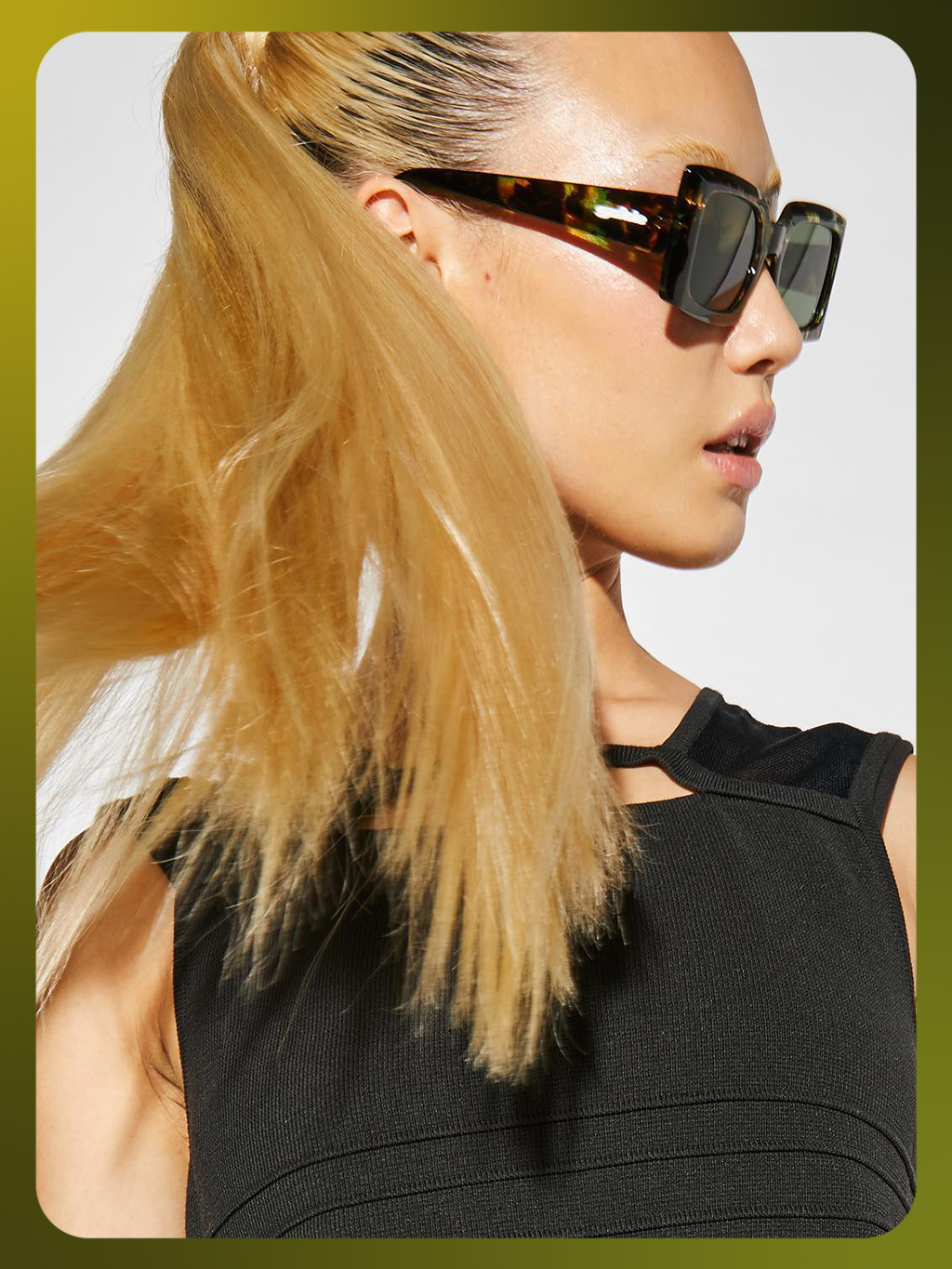
Speaking of waste, it takes creative vision to see worn-down materials as something that can be recycled, but that's precisely what Szade does. Founded in 2020, the Melbourne-based sunglasses brand sources frames destined for landfills and recycles them to create new shades. What's more, that the entire line features genderless silhouettes all under $100, so they're genuinely accessible to every type of consumer.
Shop the brand:
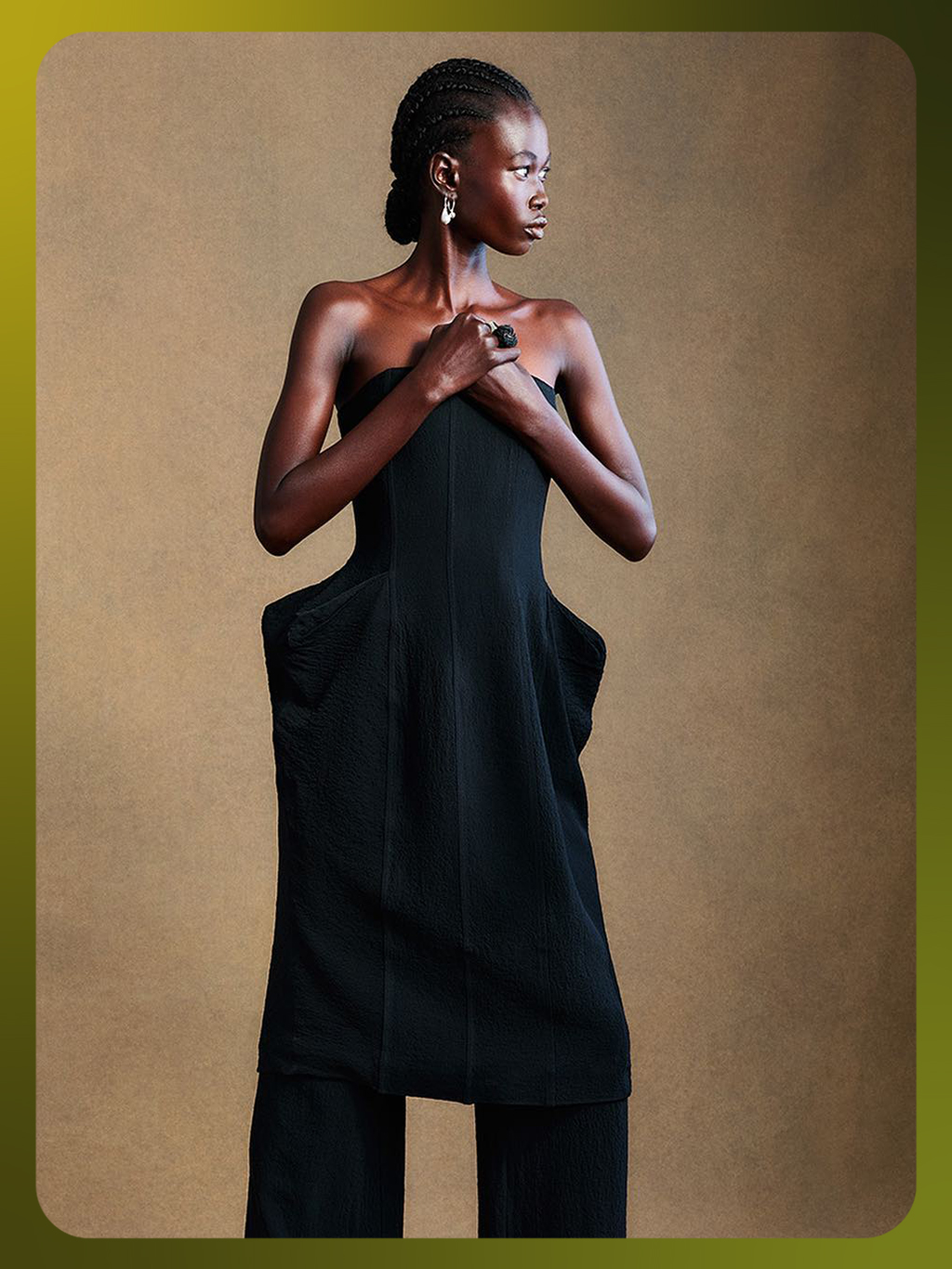
Sweeping changes in the industry won't happen overnight. They occur in bite-sized bits. One brand that happens to be contributing to that shift is Bite Studios. Since its inception in 2016, the ready-to-wear label has taken a two-prong approach to sustainability by focusing on functionality and fabrications. Over 98% of all materials used in its collections are made from either organic or regenerated yarn. And the collections feature minimalist staples with sublime tailoring, making them the type of pieces you'd want to wear for a long time.
Shop the brand:
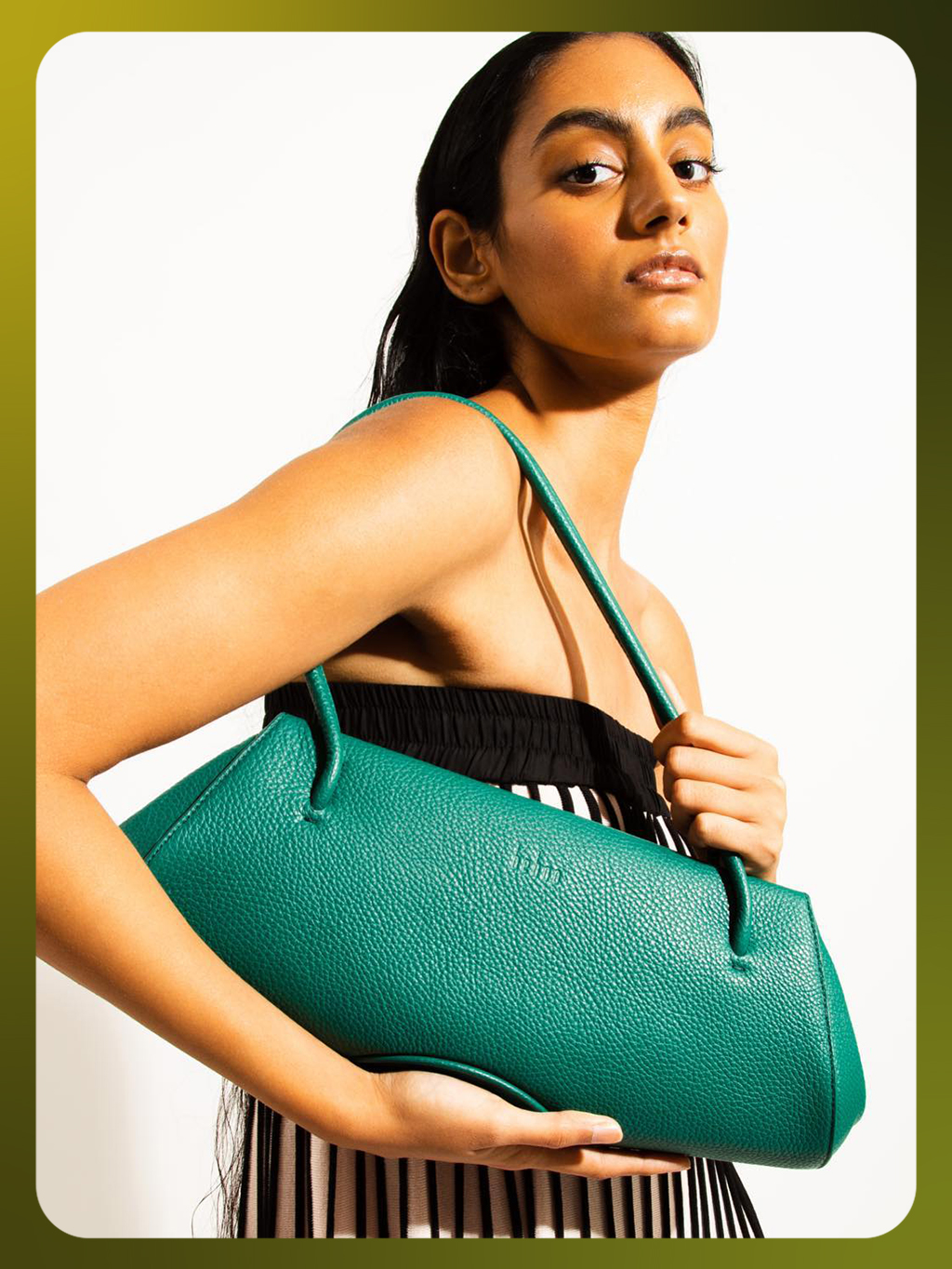
With the rise of faux eco-friendly leathers (looking at you, polyurethane), we've seen so much misinformation spread about the impact of leather goods. Of course, there are ethical considerations to buying leather for vegan shoppers, no doubt. Still, some brands are creating leather goods that have a positive impact. Behno is a prime example. Founded by Shivam Punjya in 2015, the luxury handbag brand has championed ethical practices in every part of its production cycle. It does so by addressing social impact issues (it offers a living wage and healthcare to its workers) and environmental ones too. The brand's leather tannery adheres to the gold standard set by the Leather Working Group, which is an organization that verifies that businesses are using sustainable practices in their production of leather goods (e.g., using chemical-free tanning and eliminating waste by using animal by-products). So even the biggest animal lovers can feel good about buying a Behno bag.
Shop the brand:
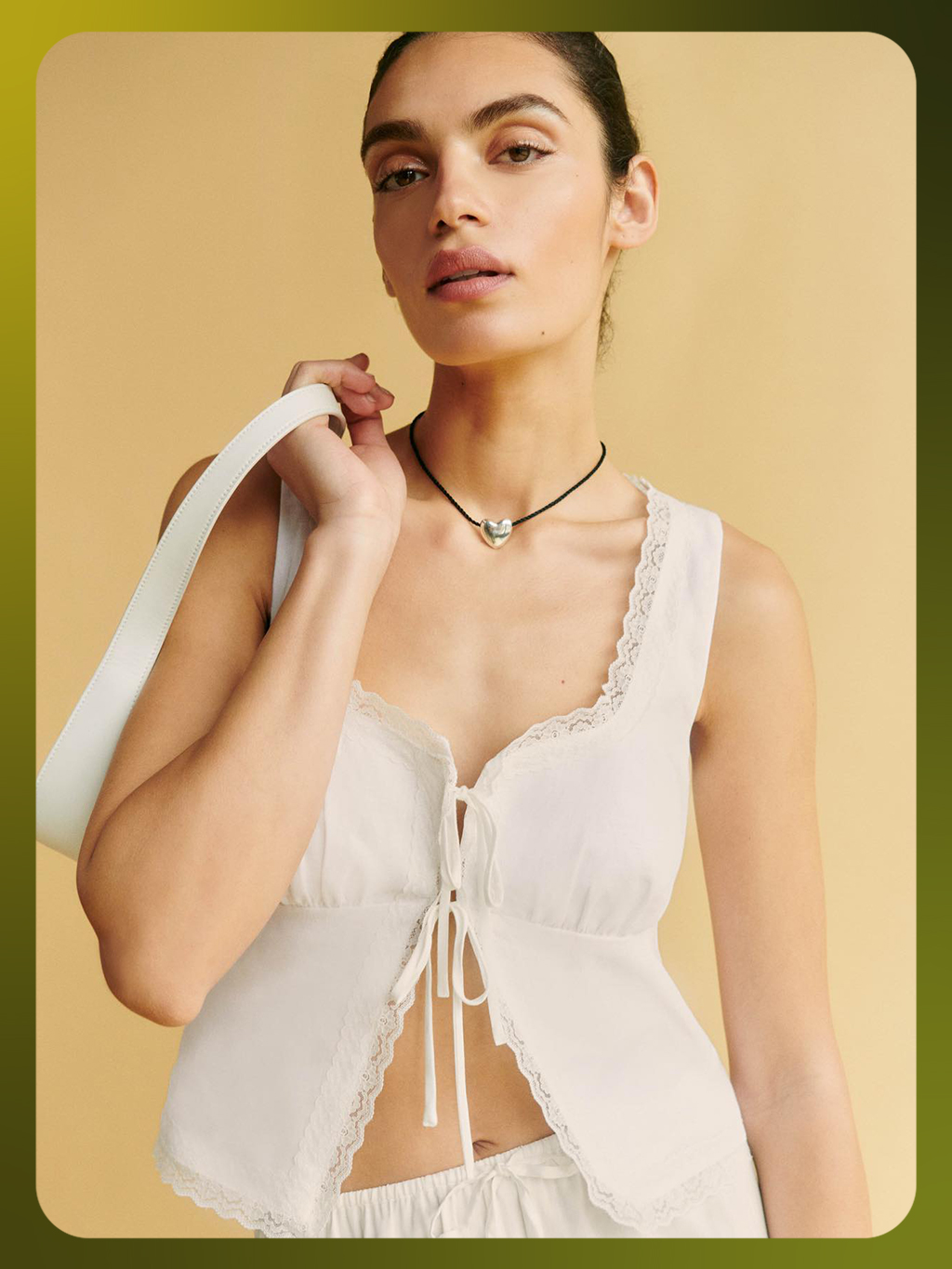
Ah, Reformation. You likely know the brand for its ultra-pretty floral dresses, but did you know it's leading the charge in redefining what transparency looks like? While most brands claim you can track their impact, you can't always pull the receipts—unless you're talking about Reformation. Transparency is a pivotal part of the brand. When you land on a product's page, it includes statistics about the garment's environmental footprint. But Reformation doesn't stop there. It also sends yearly reports on how it's aiming to minimize waste, the energy efficiencies it has adopted, and even what textiles dyes it's using to ensure they're not impacting the environment negatively. If that weren't enough to convince you, look to its continued partnership with the nonprofit Climate Neutral, which has verified the brand has had net-zero carbon emissions since 2015.
Shop the brand:
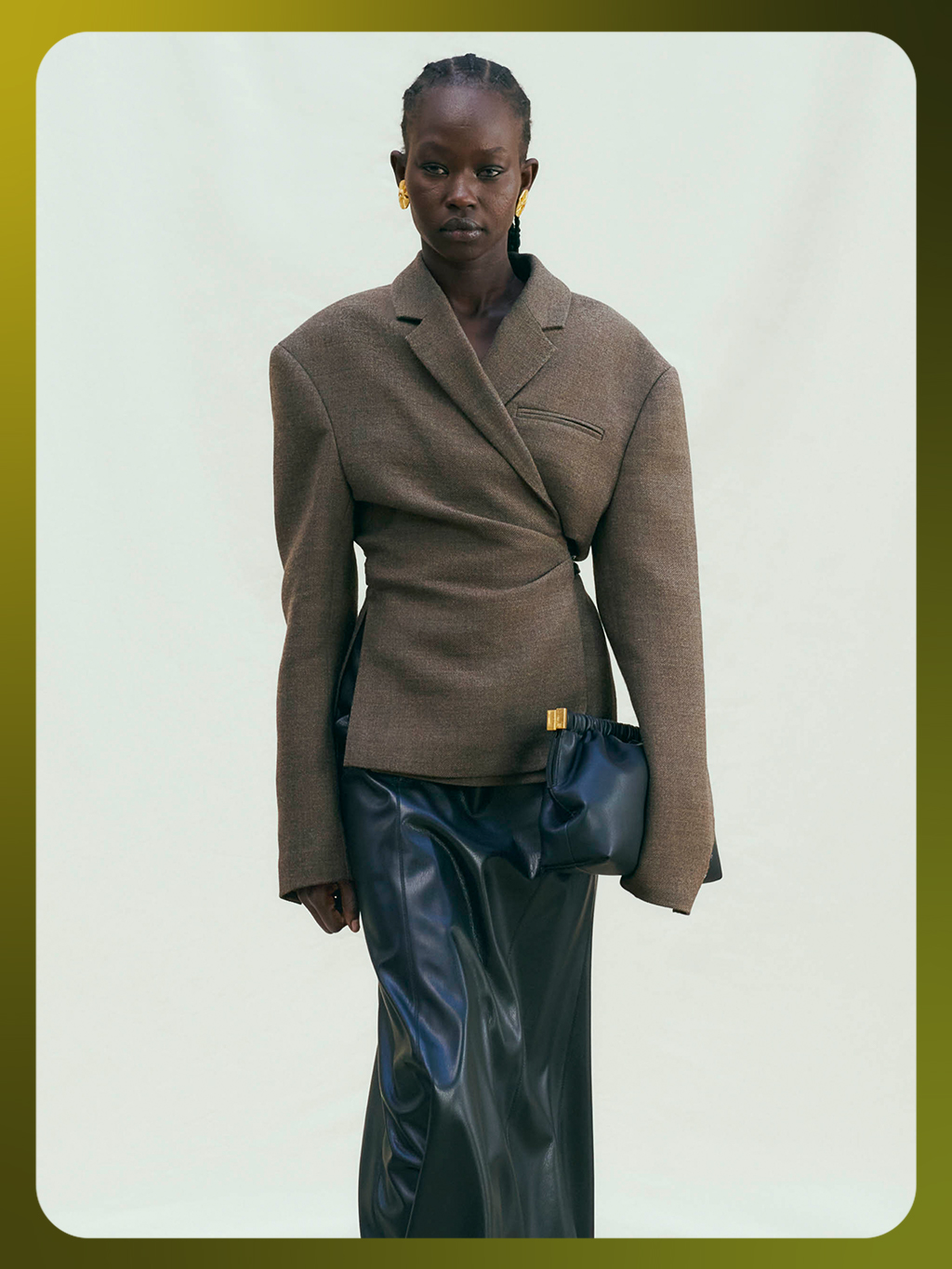
Nanushka F/W 23 collection.
In the early '00s, sustainable fashion wasn't precisely categorized as high fashion. Most eco-friendly brands were producing pieces that felt downright granola (no offense). Being a stylish, sustainable brand was a bit of an oxymoron—until Nanushka came along. The brand was founded by Sandra Sándor in 2006, and the Budapest-based designer made sustainable fashion, well, fashionable. Of course, the brand focuses on reducing environmental impact by using recycled textiles. But beyond that, the brand's most accurate mark of sustainability is its ability to create pieces you'd actually want to wear for a lifetime. Its staples have a contemporary spin, which makes them a worthy long-term investment for any wardrobe.
Shop the brand:
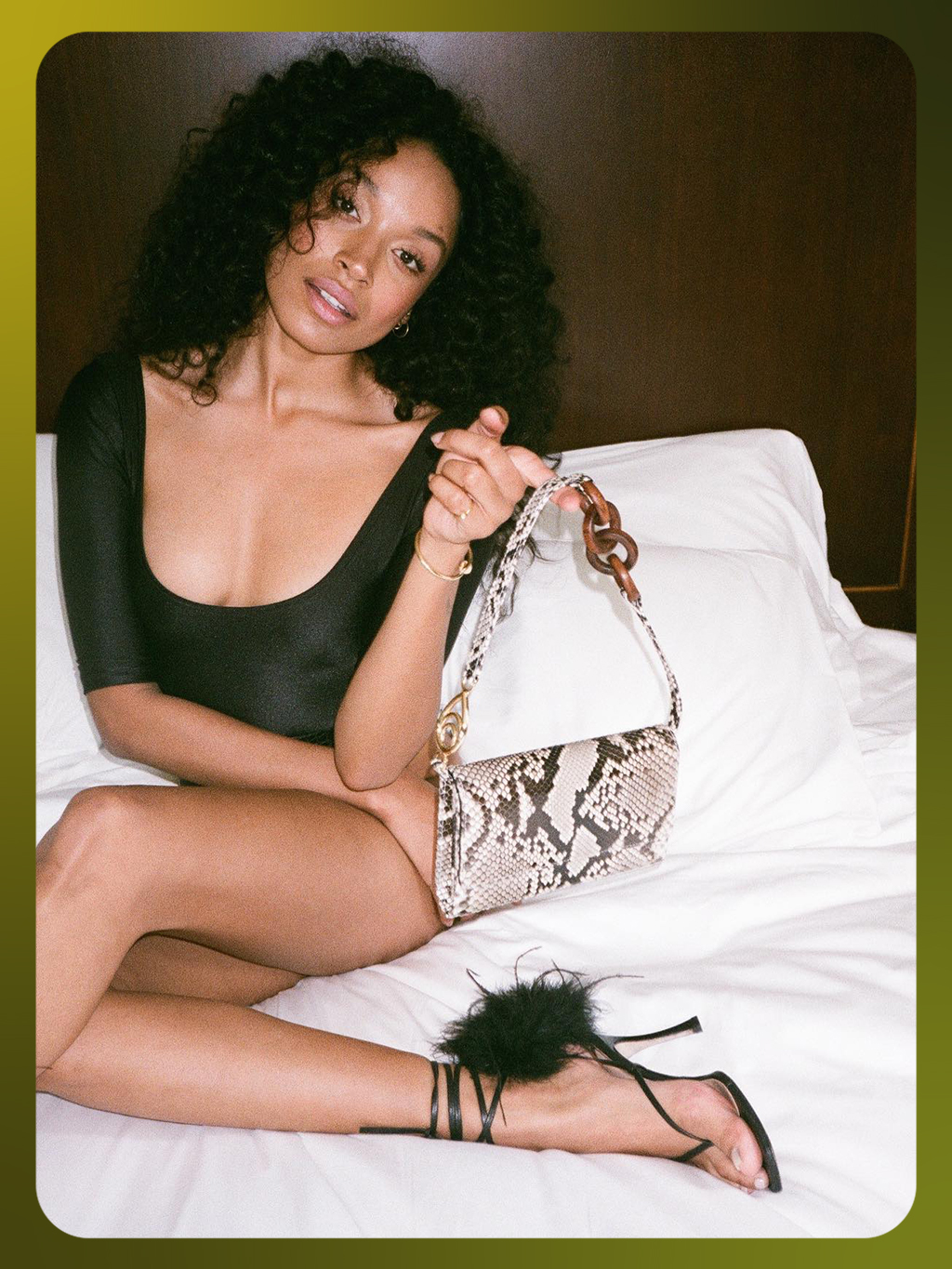
Part of what's lost in faster clothing production models is the magic that comes from supporting an artisan who's spent years honing their craft. Luckily for us, though, some brands are dedicated to keeping that spark alive—case in point: Brother Vellies. Founded by Aurora James in 2013, the accessory label aims to champion a slower fair-wage production line by bringing artisan craftsmanship to the forefront. The brand partners with artisans across South Africa, Kenya, Morocco, Ethiopia, and even New York City to create one-of-a-kind pieces you'll want to keep forever.
Shop the brand:
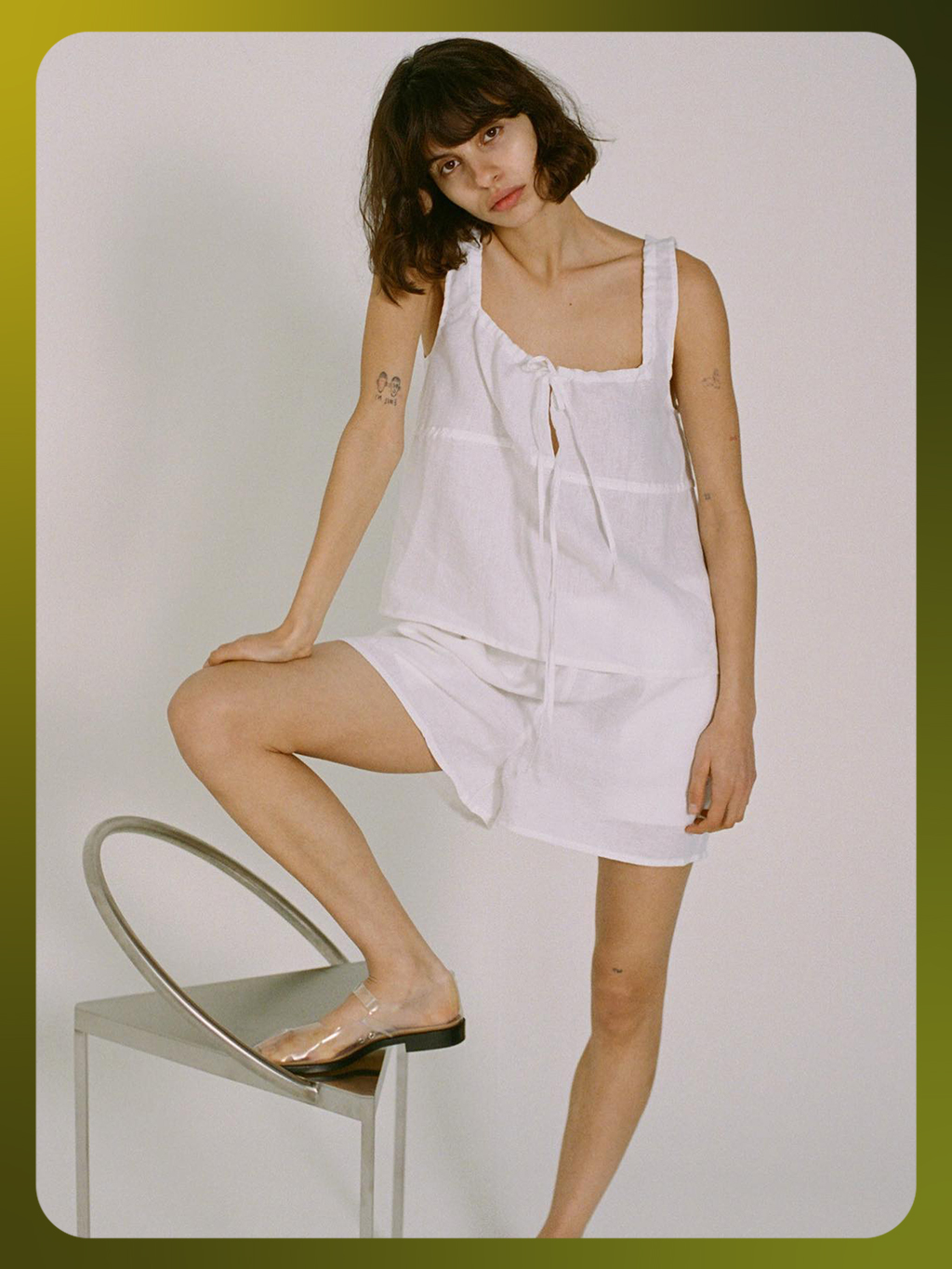
Owning multifunctional pieces is the secret to having a more sustainable wardrobe—no design duo understands that more deeply than Juliette Harkness and Emma Nelson. The two Australian-based founders launched Deiji Studios back in 2016 in order to create eco-friendly linen pieces that could be worn anywhere, anytime, all the time.
Shop the brand:
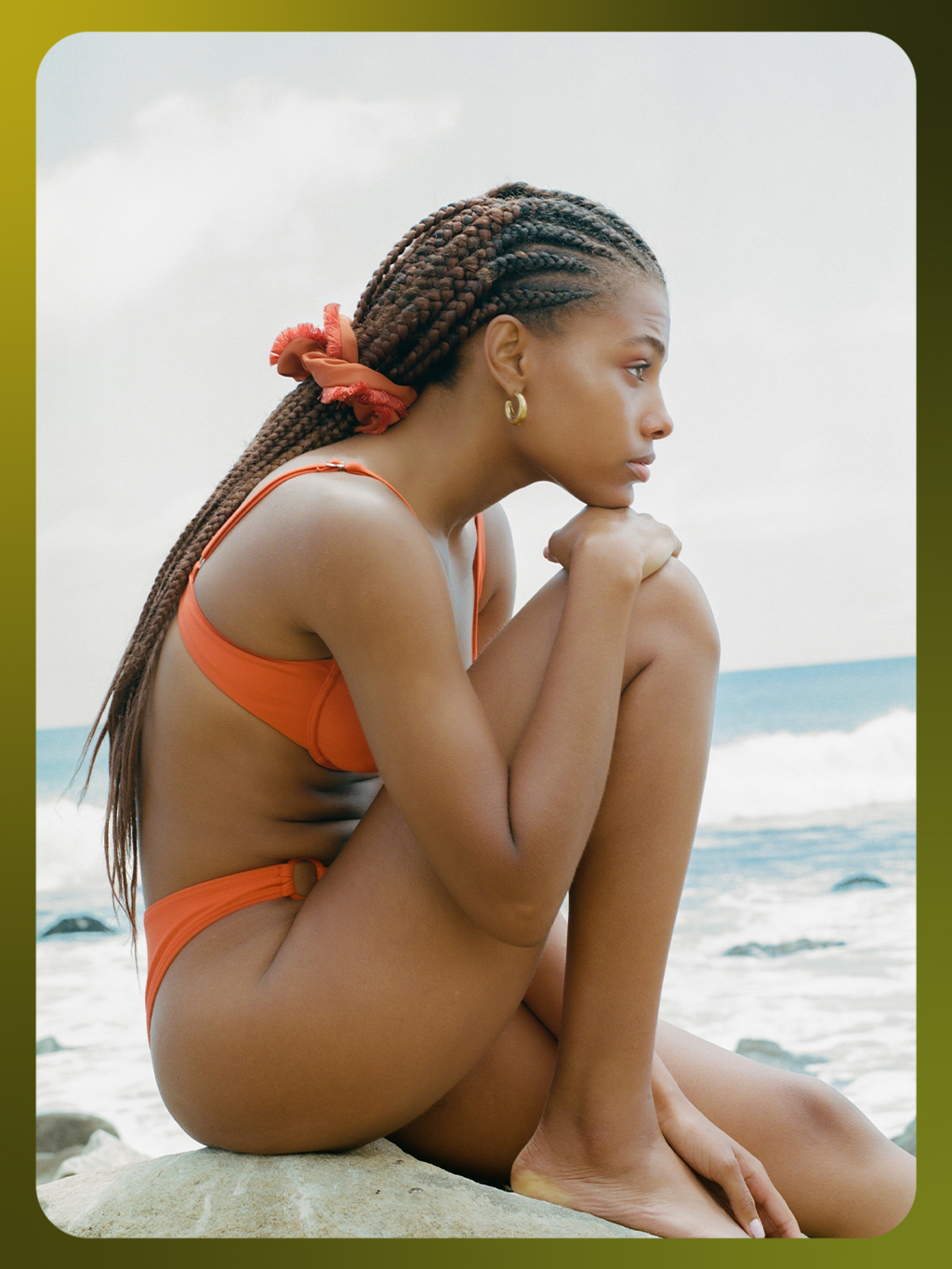
Just today alone, it's estimated that over 5.25 trillion pieces of plastic are polluting our oceans. While larger solutions are a must to combat plastic production, some brands have taken it upon themselves to start helping with the clean-up, including Ookioh. The swimwear line was founded in 2018 by Vivek Agarwal and uses regenerated materials plucked from the ocean to create chic suits.
Shop the brand:
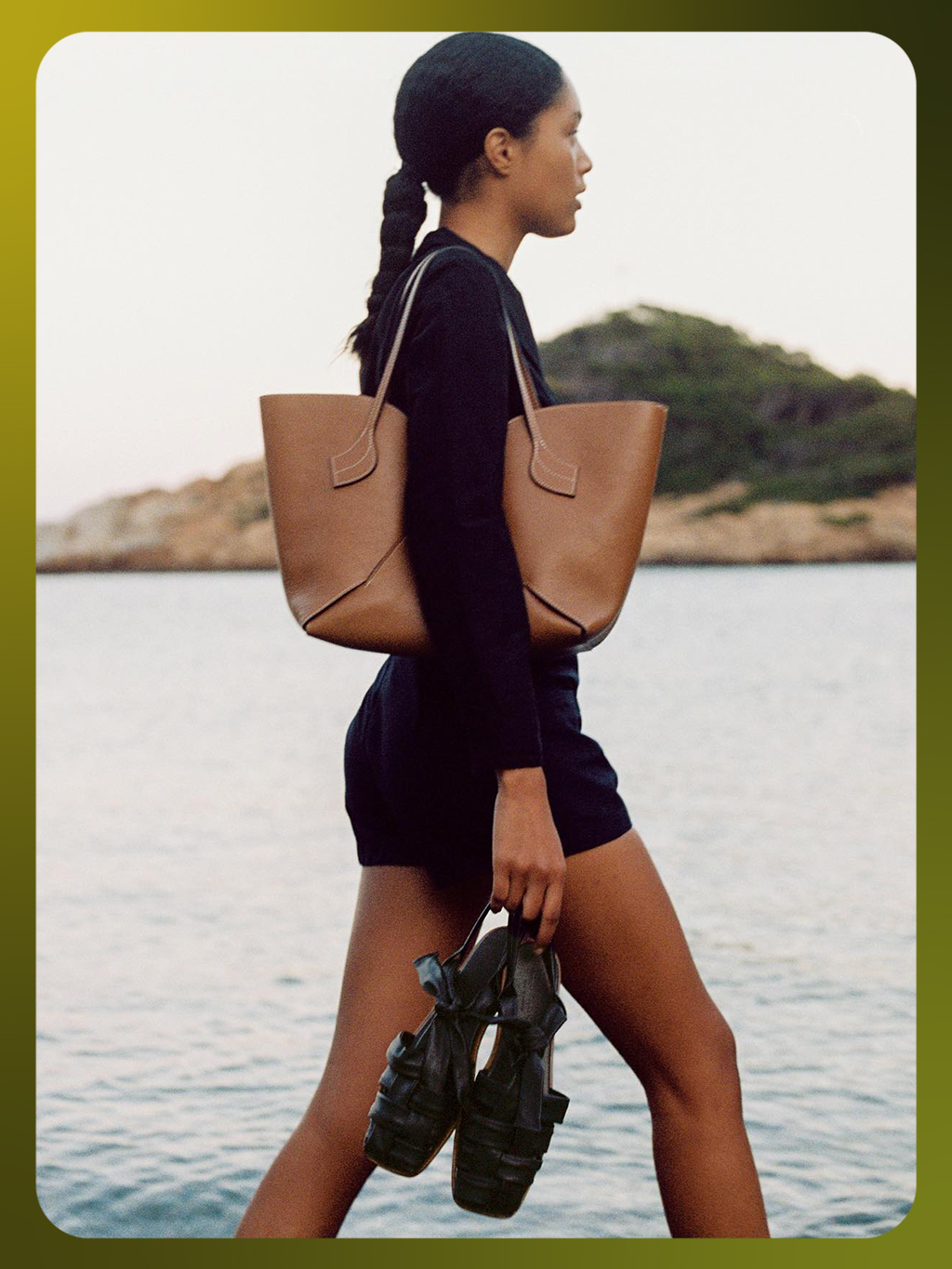
Are you a fan of the television show Succession? Chances are you've already spotted a Hereu bag on-screen. But what you might not know at first sight is that this brand is arguably one of the best sustainable accessory labels in the game. Based out of Spain, the brand creates women's shoes and handbags from materials that are all by-products of the meat industry and are sourced in compliance with The Leather Group's ethical standards. On top of that, Hereu uses a network of small artisans to handmake each one of its pieces, making them far more sustainable.
Shop the brand:
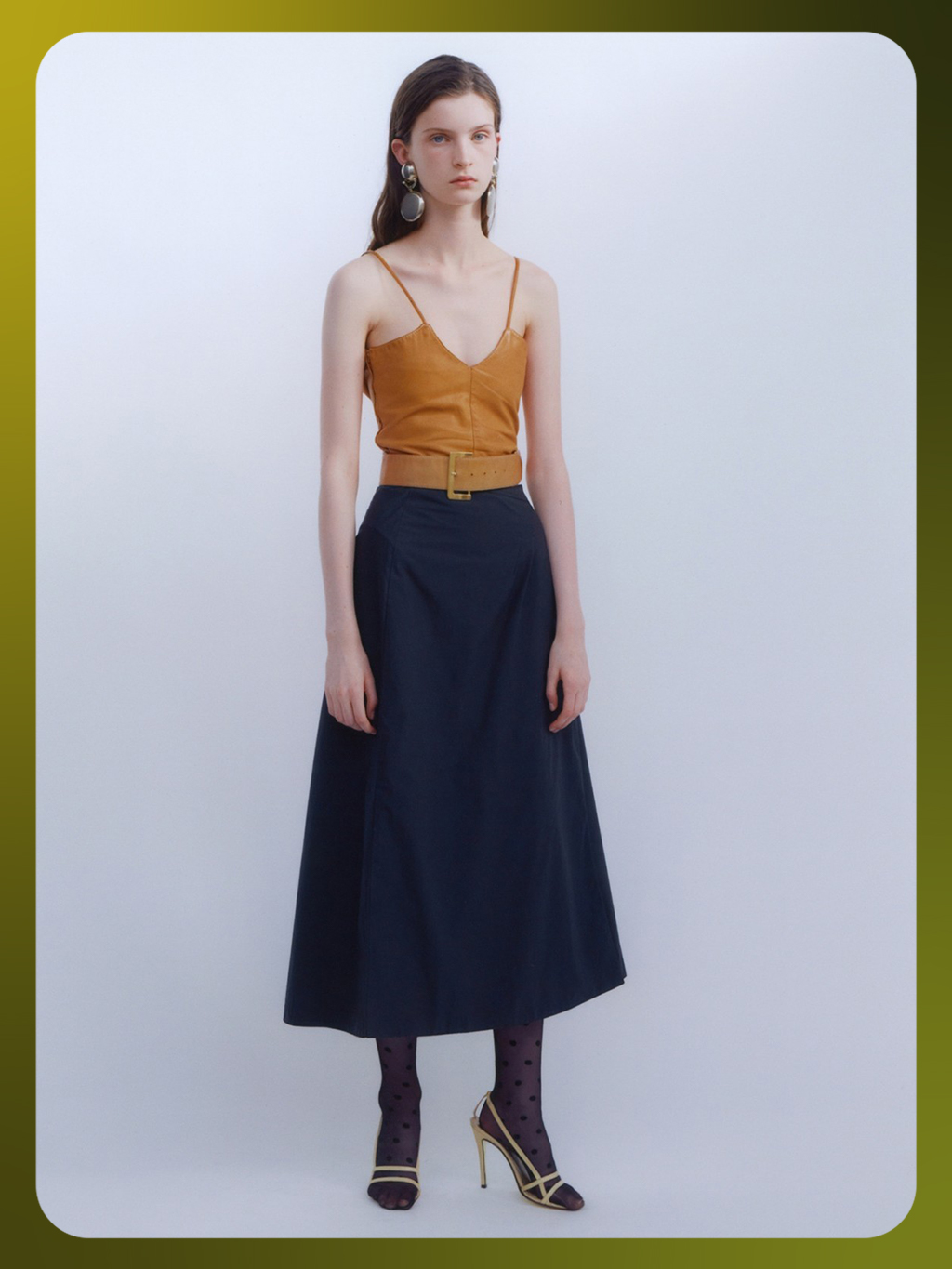
If there's a case to be made about the power of adopting a slower approach to fashion, then it's going to be made by Caes. Since its inception in 2019, it has focused on creating less. The idea is that quality clothing over an excessive quantity is the key to truly being more sustainable, and frankly, we couldn't agree more.
Shop the brand:
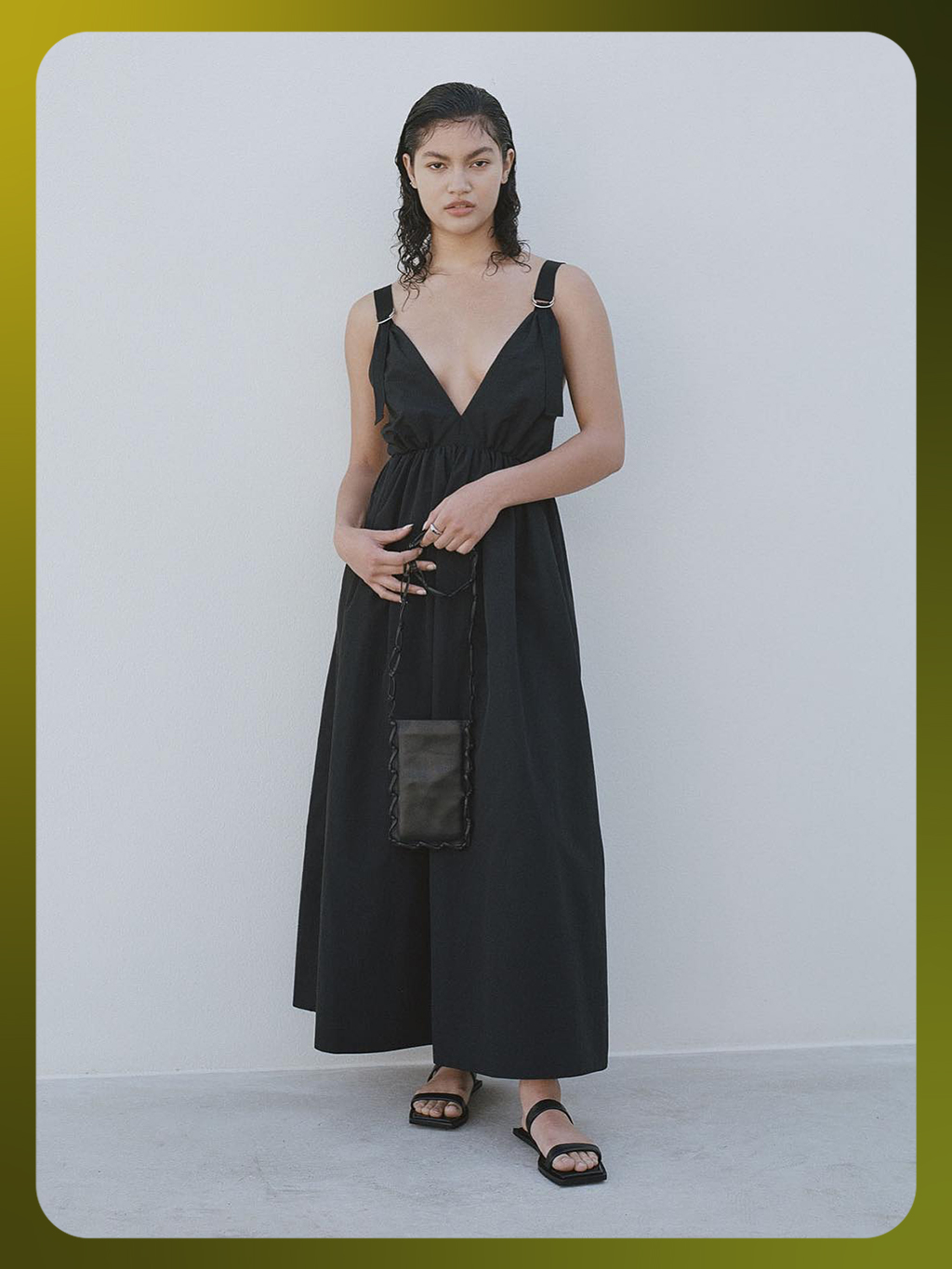
A garment's wearability is the key to sustainability—or at least that's how the brand St. Agni sees it. The brand aims to promote slower consumption habits by offering seasonless pieces that are ultra-minimal and made from natural materials. What's more, the company works continuously to offset its impact by doing things like partnering with the organization Carbon Positive Australia to restore the landscape.
Shop the brand:
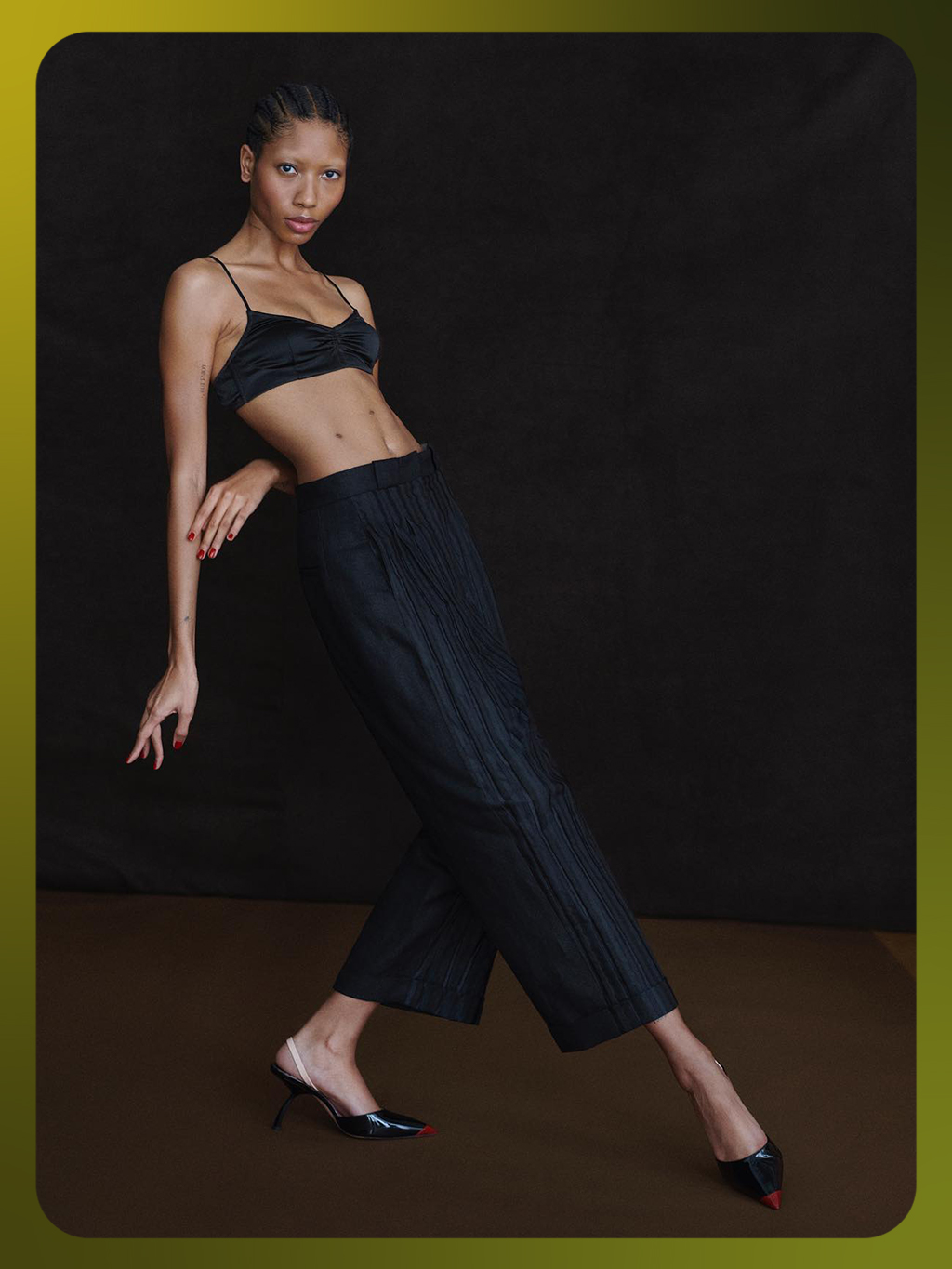
What happens when a former Jimmy Choo designer sets out to launch their own brand? You get the vegan footwear brand Piferi. After realizing there was a gap in the luxury market for fun shoes made from sustainable materials, Alfredo Piferi founded his namesake label in 2020. But what makes these shoes different (besides how incredibly stylish they are) is that they're made from BioVeg-certified bio-vegan nappa leather derived from corn. Talk about iconic footwear!
Shop the brand:
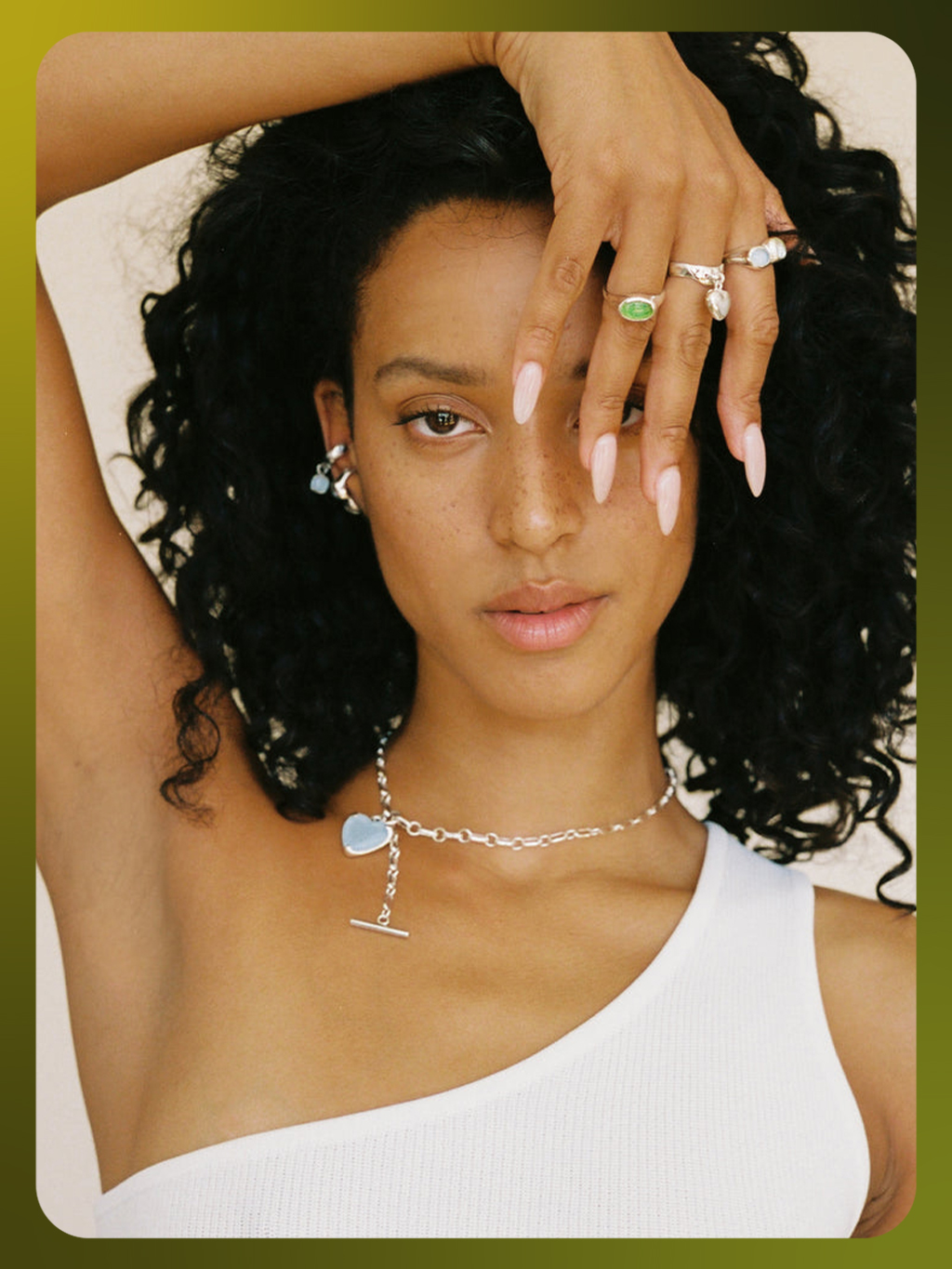
For a brand to truly use sustainable practices, it must always be centering ways to combat waste—whether from its own production or the world's growing pollution problems. No other brand does that more beautifully than CLED. Founded by Seulye Jo, the small jewelry brand upcycles discarded glass bottles to create unique gemstones. It's taking the motto of turning "trash into treasure" quite literally, and what's not to love about that?
Shop the brand:
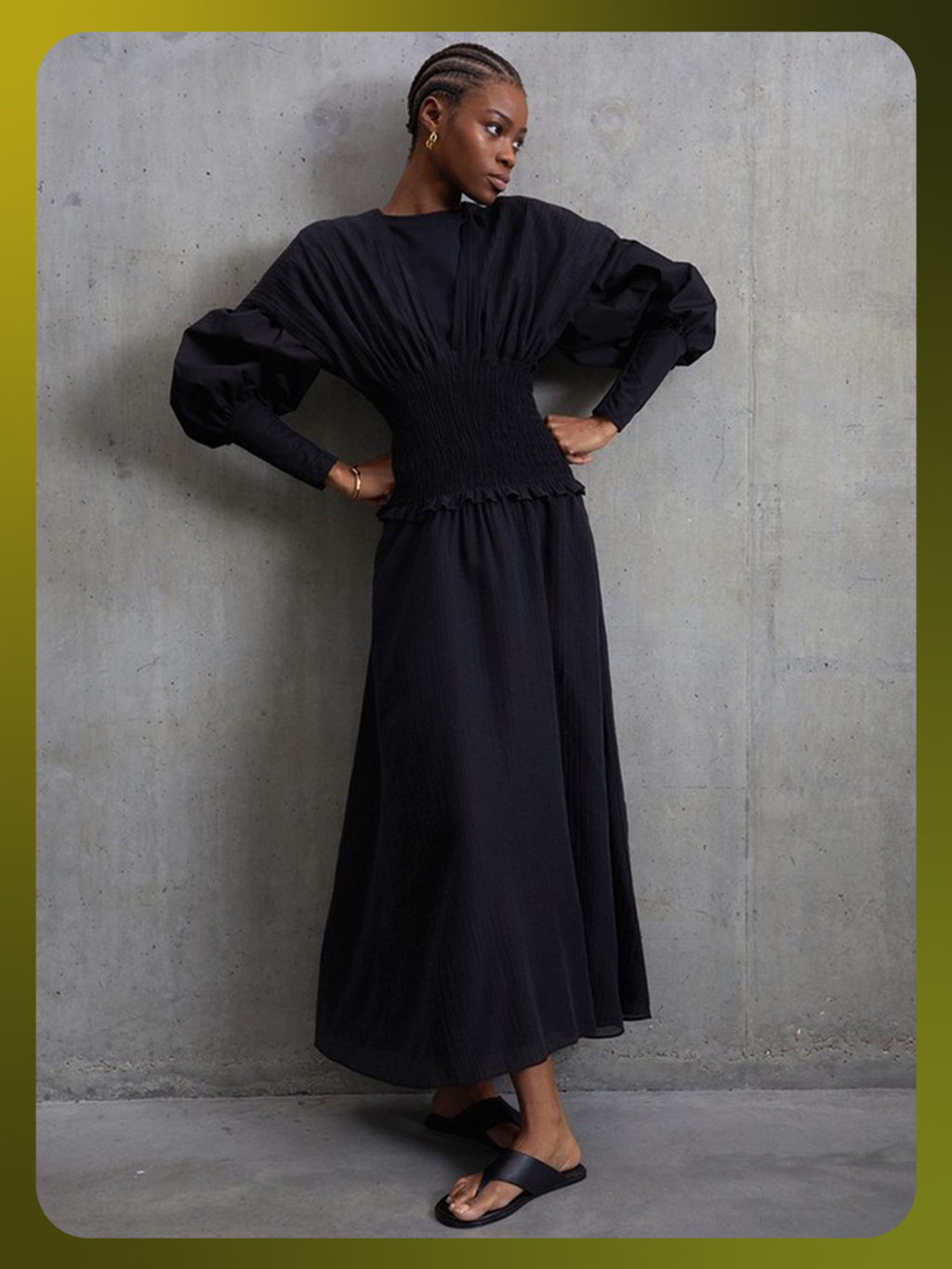
Created in 2002, Mother of Pearl is a luxury ready-to-wear label that prioritizes sustainability. It does so by allowing users to click through the details of the entire production process for each piece and see what elements make the item sustainable. Plus, the brand only uses 100% natural fibers and ensures a code of ethics for all of its manufacturing centers.
Shop the brand:
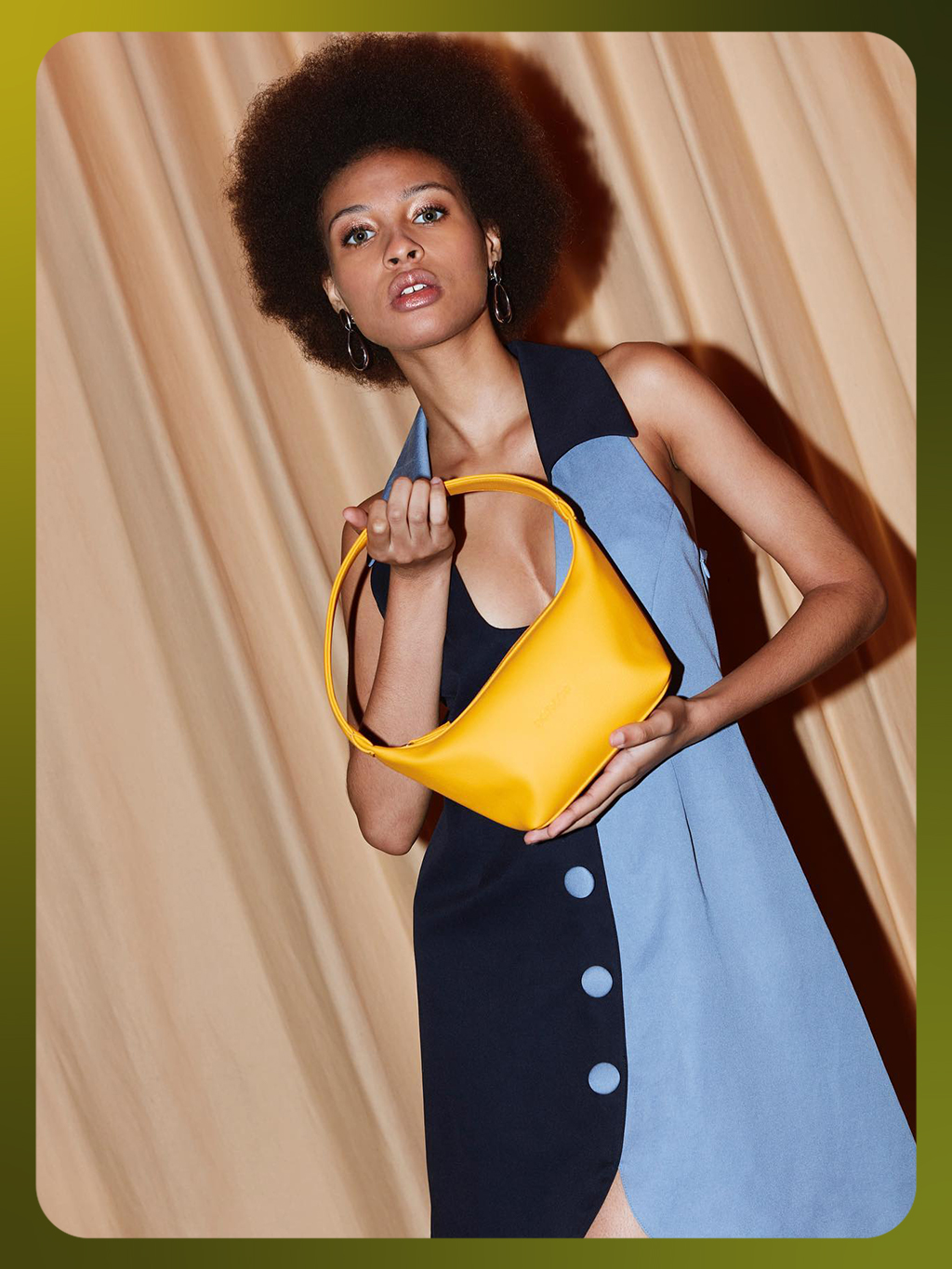
You know those brands that just happen to tick all the boxes? Well, that's how we feel about Santos by Mónica. The ready-to-wear label is Latin owned, and it adheres to sustainable production practices. It does so by operating on a made-to-order basis, which ensures there's minimal waste. Plus, it uses natural textiles—such as cactus-derived leather for its handbags—to ensure that each piece has as little impact as possible.
Shop the brand:
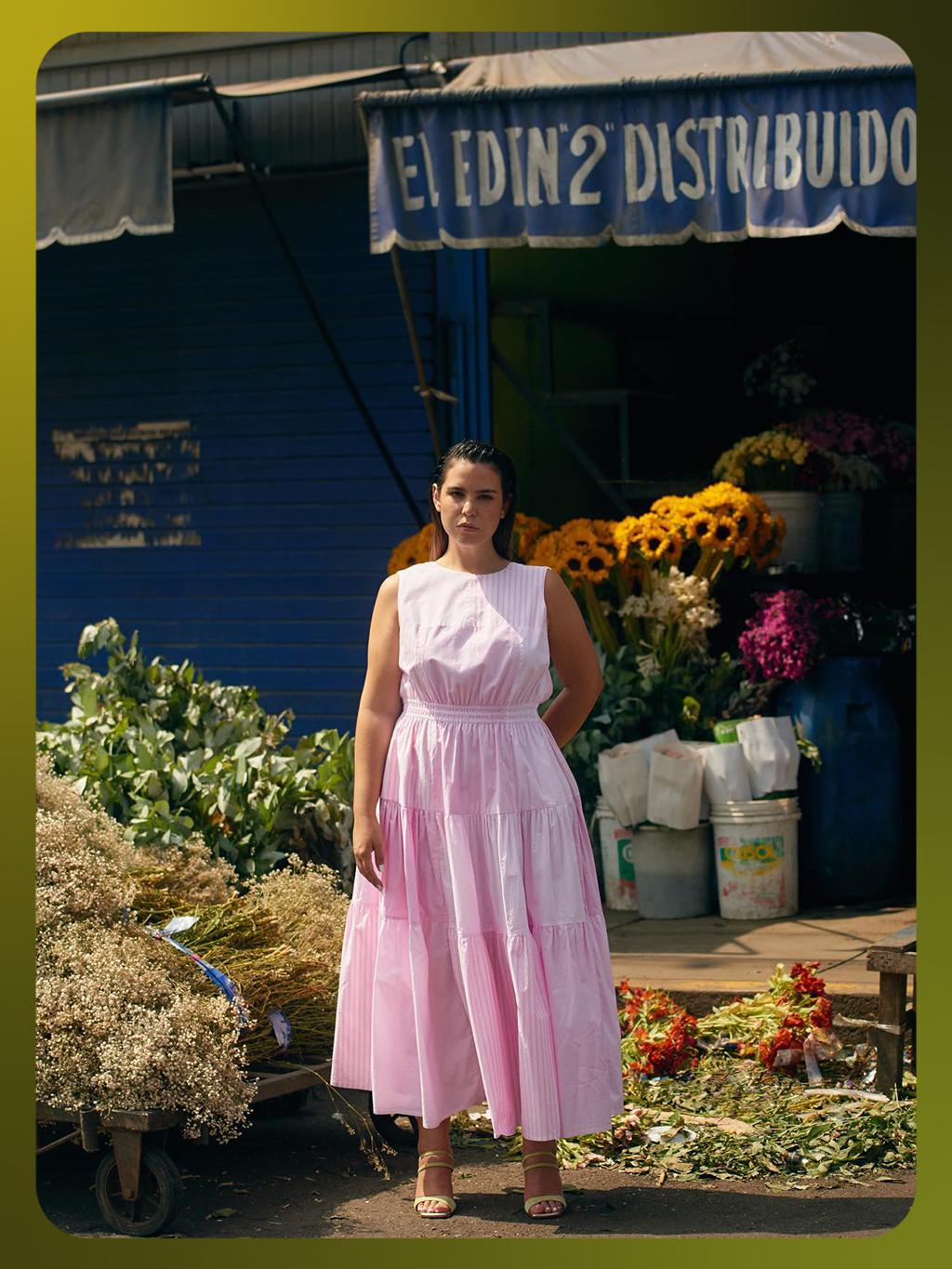
If you've made it this far in the story, you know that textile waste is a massive problem in the fashion industry. But you might not know that there's one brand trying to help: Loti. Founded in 2021, the brand specializes in transforming deadstock fabrics (aka the scraps from other brands' clothing production) into ultra-pretty pieces.
Shop the brand:
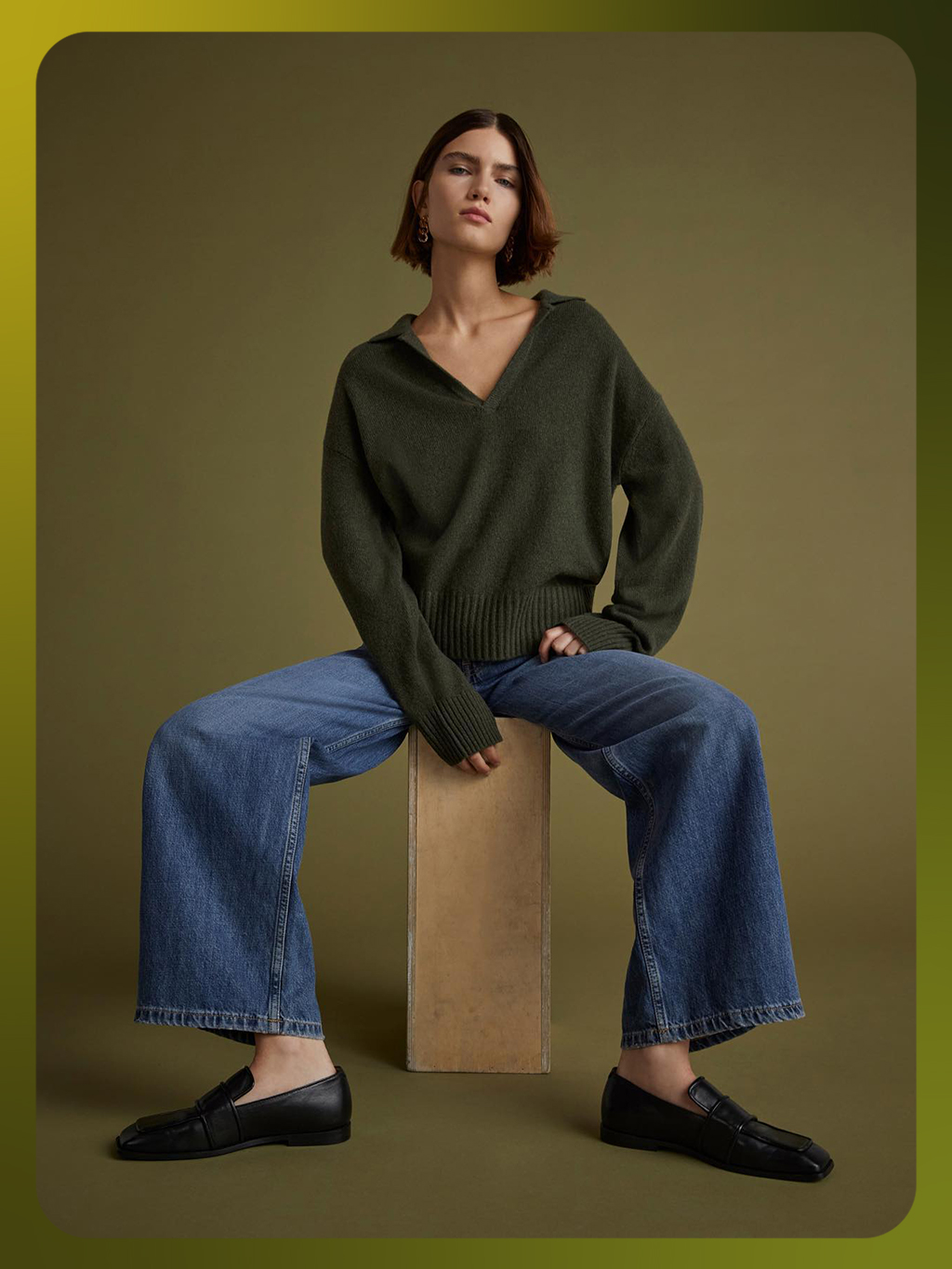
One of the great things about the movement toward sustainability in fashion is that we've seen even larger brands commit to making massive changes—Everlane being one of them. While there's always more work to do, so far, the brand has been able to shift over 97% of its textiles to materials made from certified fibers. Plus, it has set a goal to hit net-zero carbon emissions by 2023 to align with the Paris Climate Agreement.
Shop the brand:
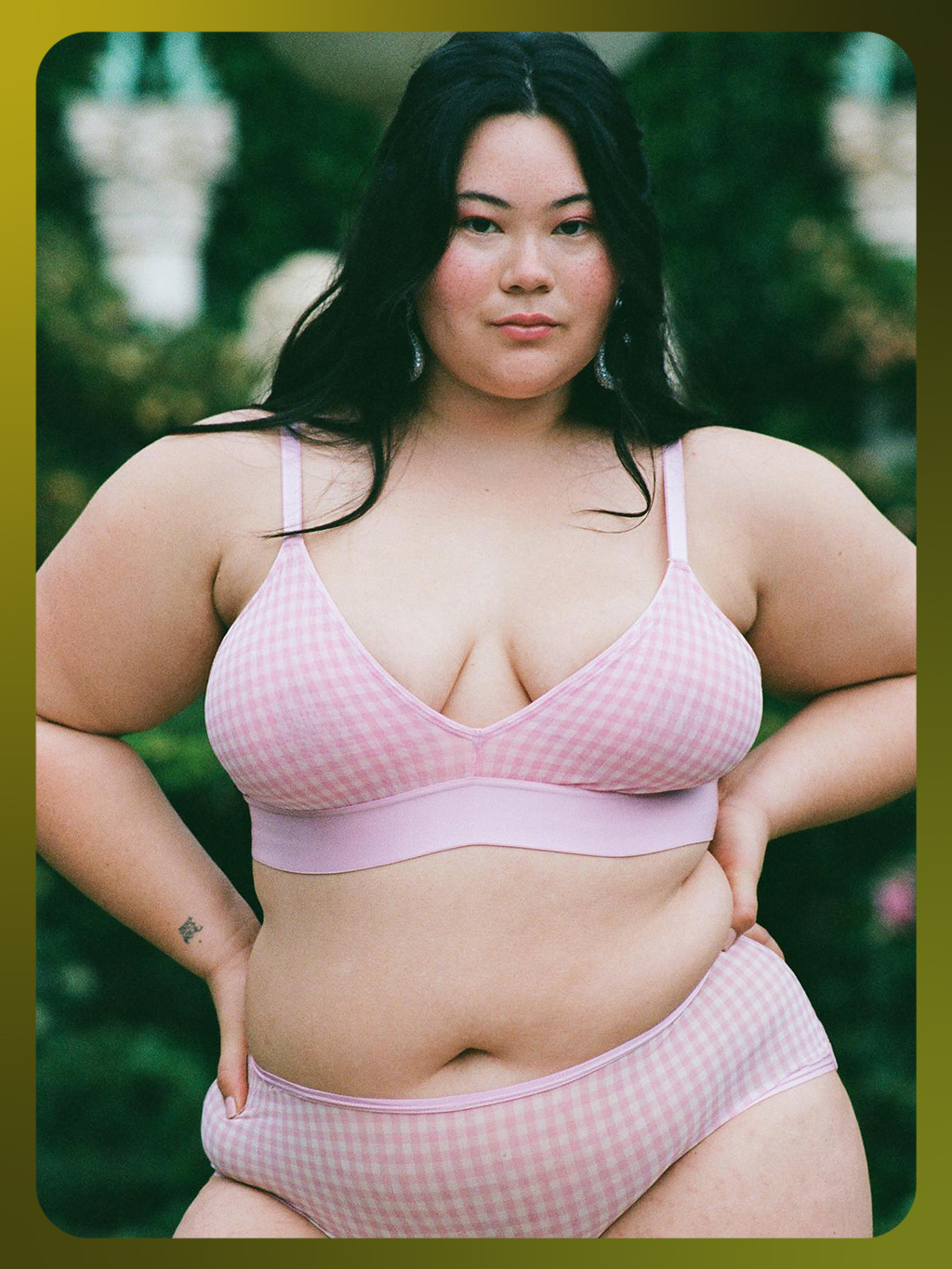
You may know Parade for its line of quirky intimates, but did you know it also uses sustainable practices? Around 80% to 95% of all its lingerie is made from recycled materials, making it one of the most eco-friendly brands you can add to your underwear drawer.
Shop the brand:
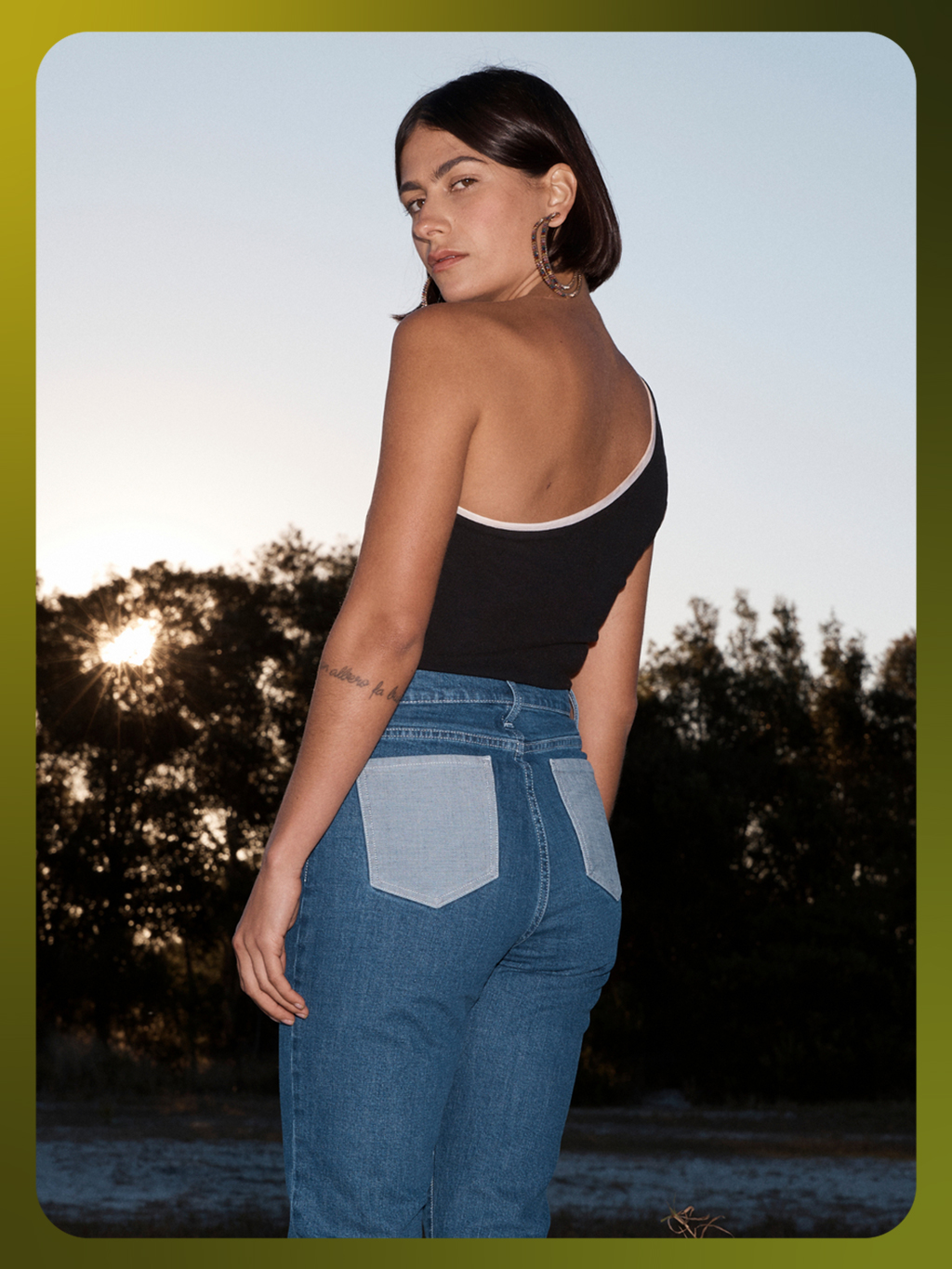
Del Moment isn't any old sustainable brand; it's a cool one—or at least that's what one can deduce after looking at its collections. But what makes this brand shine is its sustainable track record. The brand's factories have been accredited by Ethical Clothing Australia, which sets standards for factory workers' minimum wages. In addition, the brand always sources sustainable materials for its collections (certified Tencel and cotton), and a portion of its proceeds go to the organization 1% for the Planet.
Shop the brand:
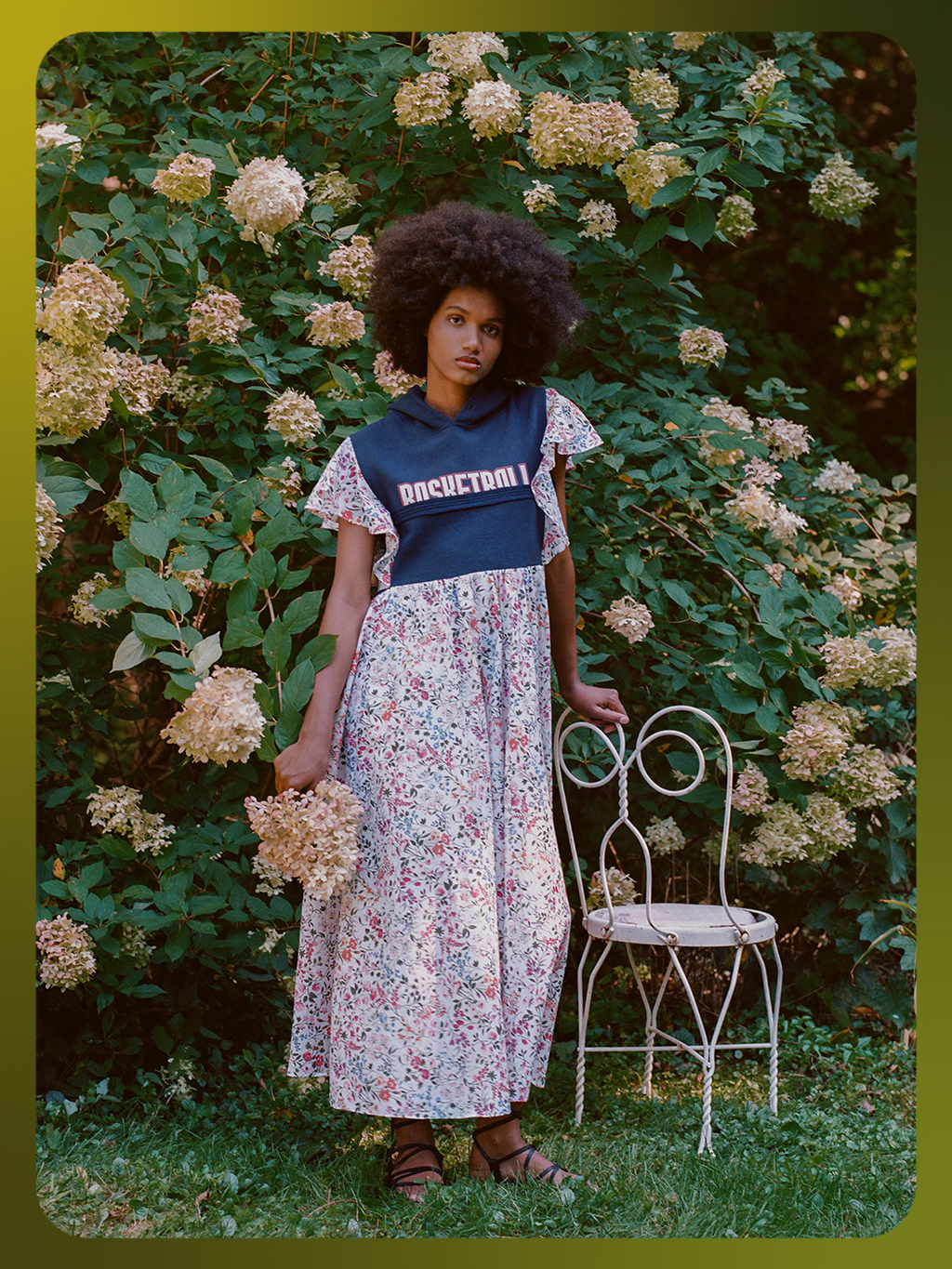
What's another brand that's centering upcycling in its creative process? Rentrayage. Founded by Erin Beatty in 2019, the womenswear label has made waves for its ability to use deadstock fabrics to add depth to everyday staples.
Shop the brand:
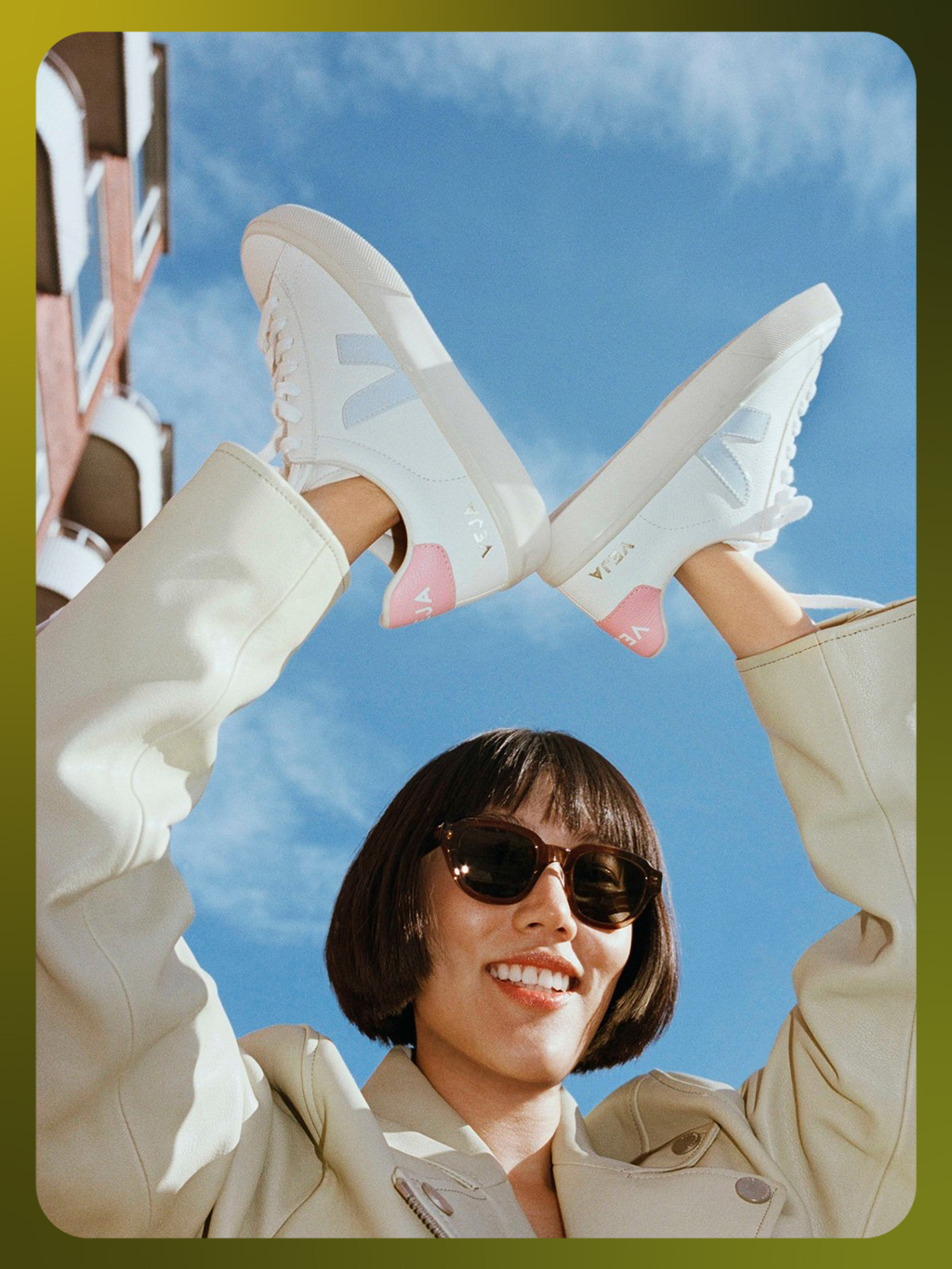
Unless you're an economist, you might not know that fluctuating prices for raw materials often impact the wages of workers unless brands are advocating otherwise. One brand that has always been a champion for ethical production is Veja. Since the footwear brand's launch in 2004, it has partnered with countries across South America to pay a larger market price for the organic materials it uses for its sneakers to ensure that every person that's part of the process (from farmers to factory workers) would get their fair share. The result is a pair of kicks you can feel solid about.
Shop the brand:
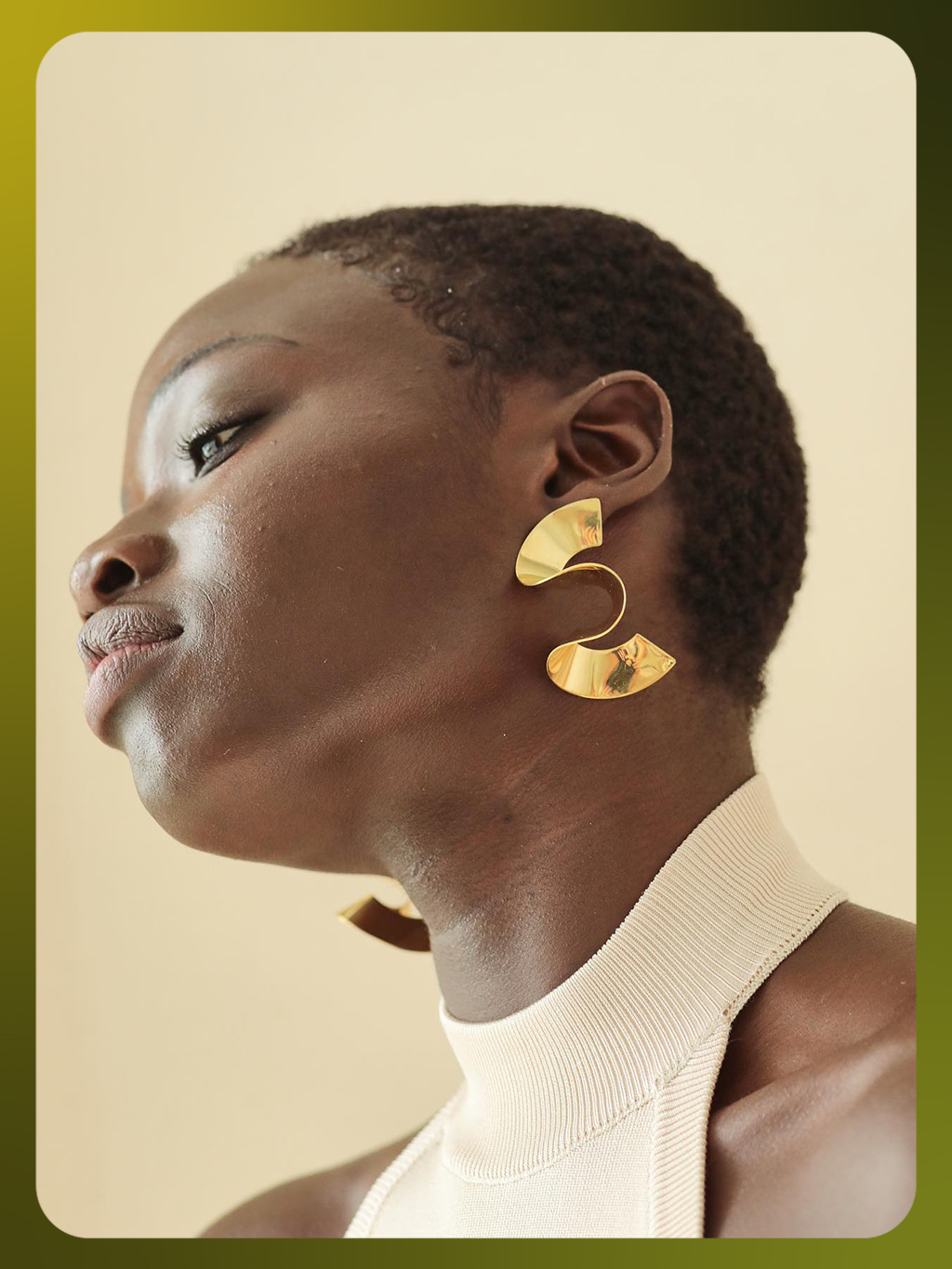
In a world that now functions with a global economy, it's rare to find a brand that uplifts smaller communities, yet that's exactly what Soko does. Founded in 2012, the jewelry brand aims to empower artisans in Kenya by offering training programs and livable wages. Moreover, every piece of jewelry is made from recycled materials and molded using recycled water, so it's just as good for the environment as the community.
Shop the brand:
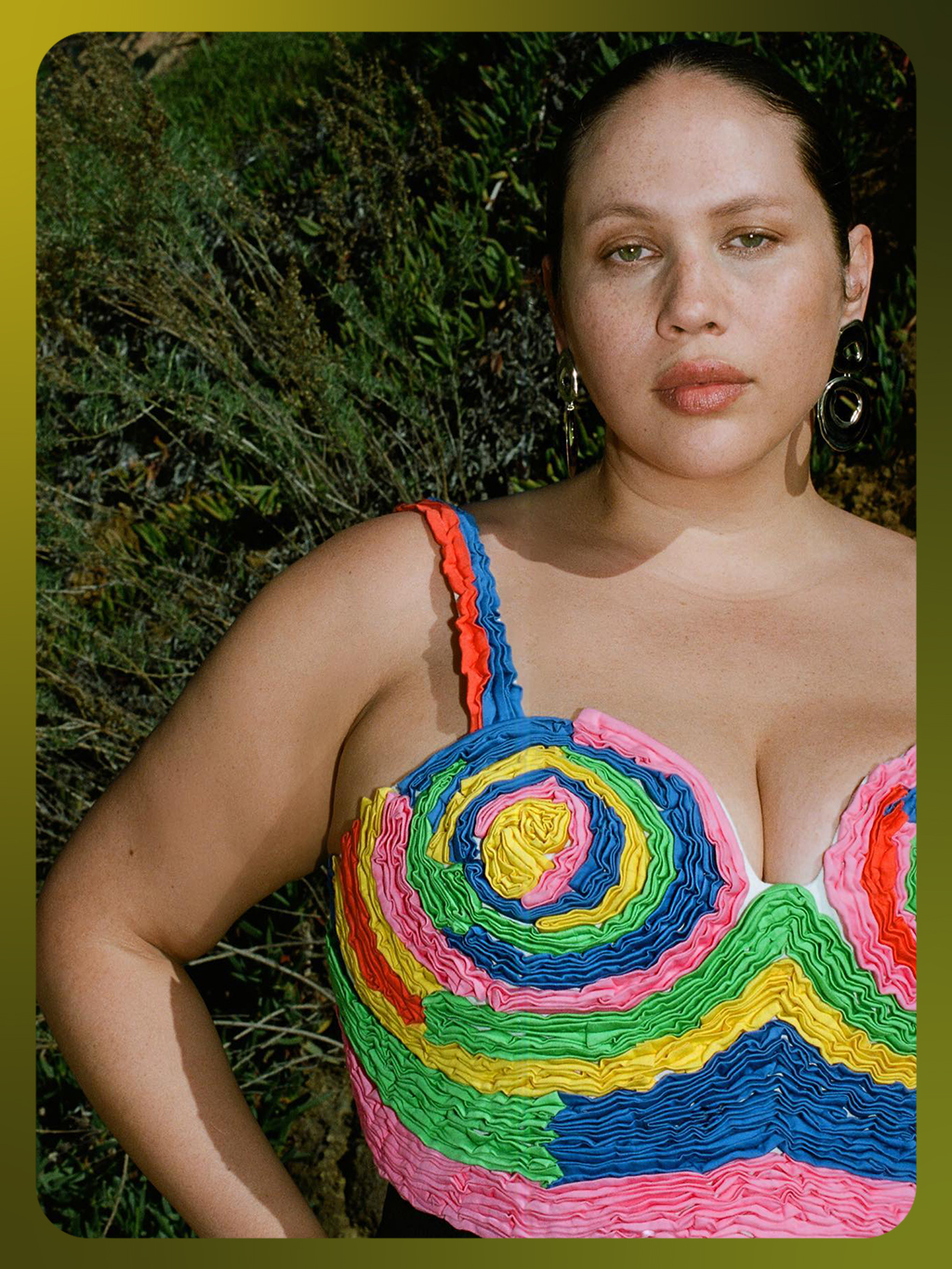
Mara Hoffman's work is a reminder that any brand can pivot to become a size-inclusive, sustainability-minded brand if they actually want to. So often in the industry, brands use excuses as the rationale behind refusing to go green, but not Mara Hoffman. Fifteen years after the brand's founding, it pivoted to working with fair-trade products and factories, reducing waste, and reusing materials to create a closed-loop system. Though it took time, the brand is now lauded as one of the biggest innovators in the space.
Shop the brand:
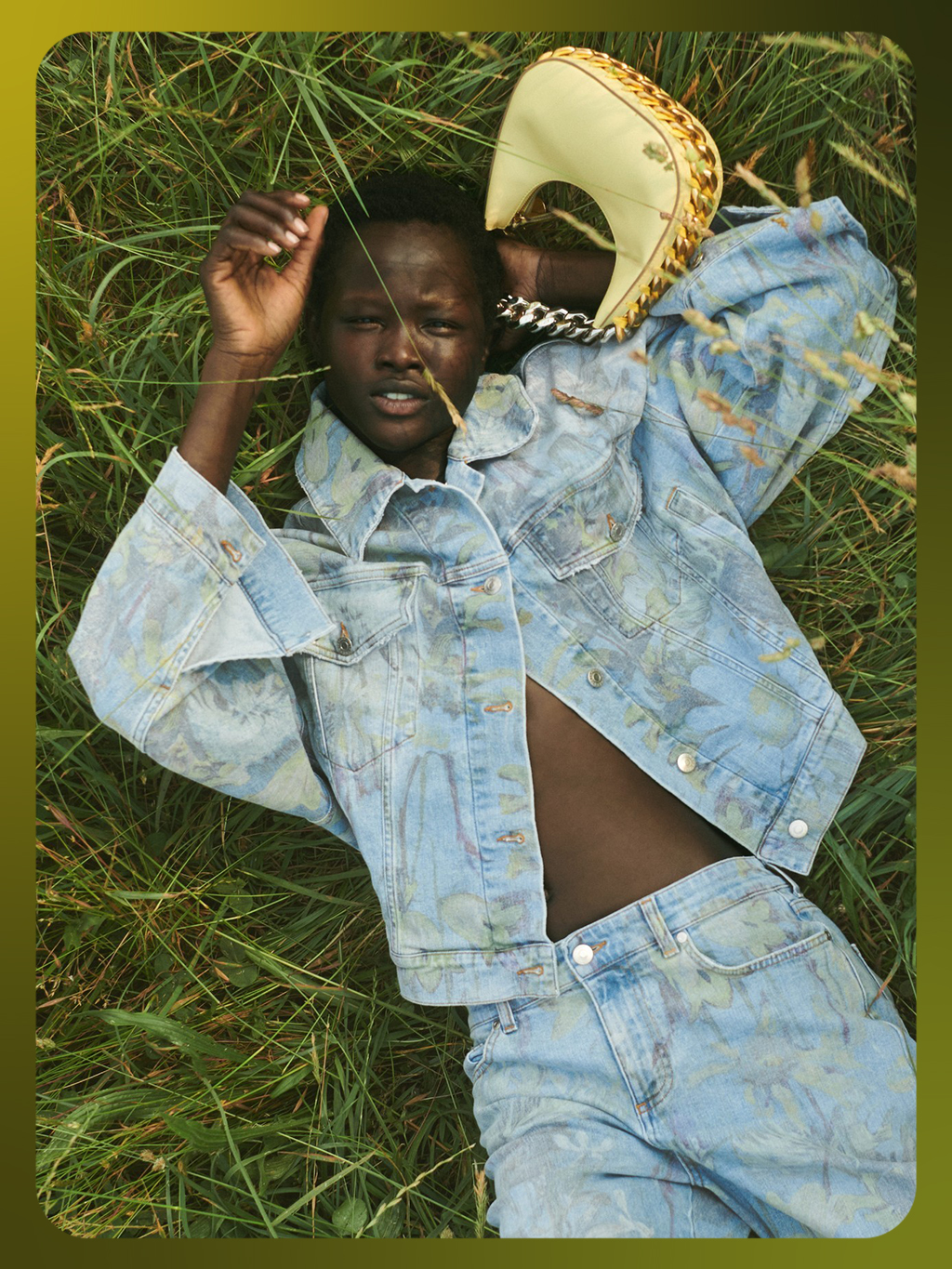
You can't round up sustainable fashion brands without mentioning the label that made it a thing: Stella McCartney. Of course, the brand may not have invented the concept of eco-friendly fashion, but since its inception in 2001, it has been at the forefront of innovation. Nothing speaks to that more than the brand's recent creation of pieces using Mylo—the first-ever vegan leather derived from fungi. Time and again, Stella McCartney proves that sustainable fashion isn't a trend. It's the future.
Shop the brand:
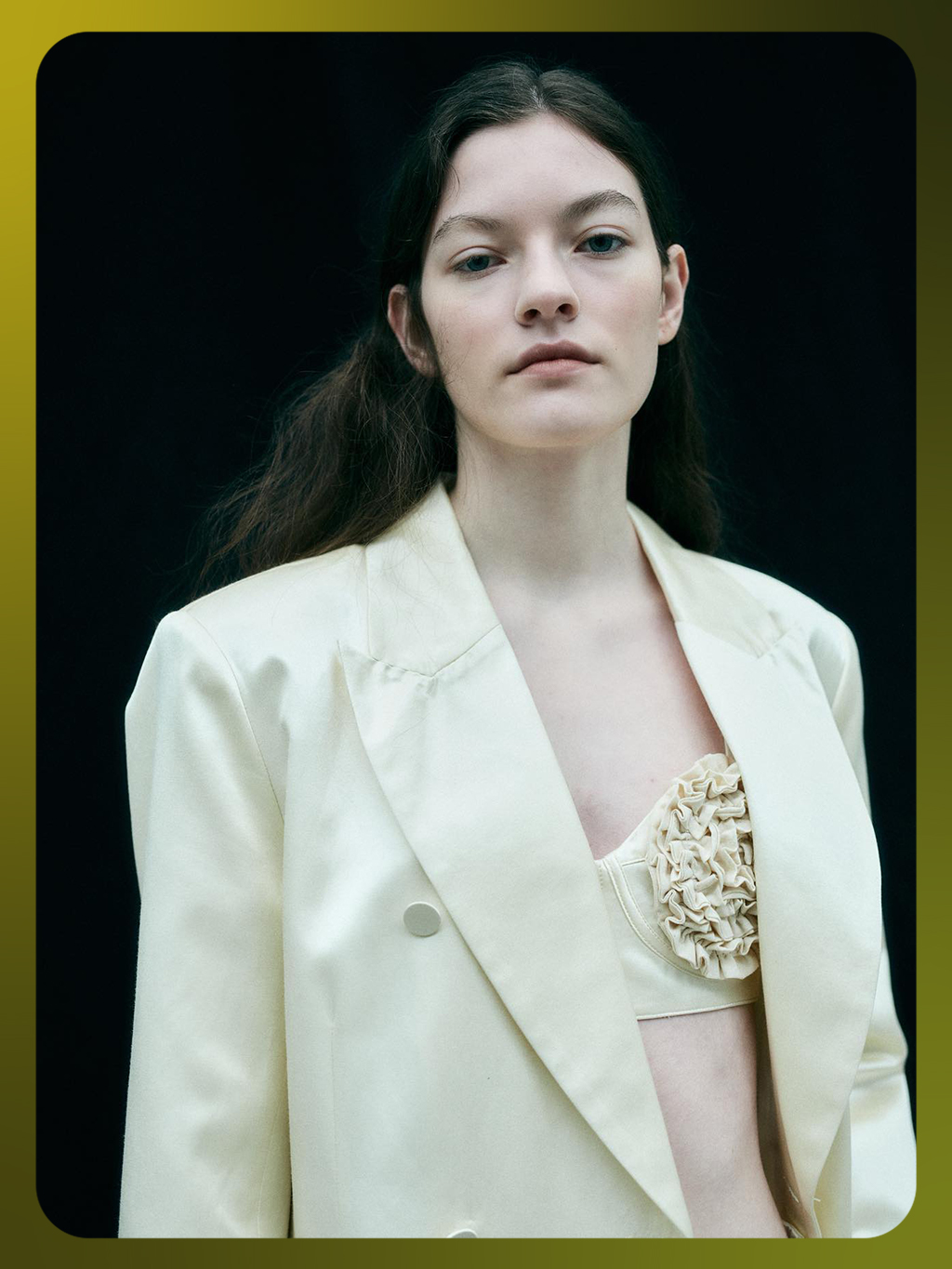
While there's no shortage of brands cropping up across cities around the world, it goes without saying that something special is happening in Copenhagen. So many noteworthy brands are emerging from the chilly capital, but none are as cool as the ready-to-wear label The Garment. The brand draws inspiration from vintage archives to create collections that circumvent time. The brand also sources sustainable textiles and regularly does carbon offsetting by being a part of environmental programs. It's a part of the 1% for the Planet pledge, so 1% of its yearly sales are donated to help environmental rehabilitation.
Shop the brand:
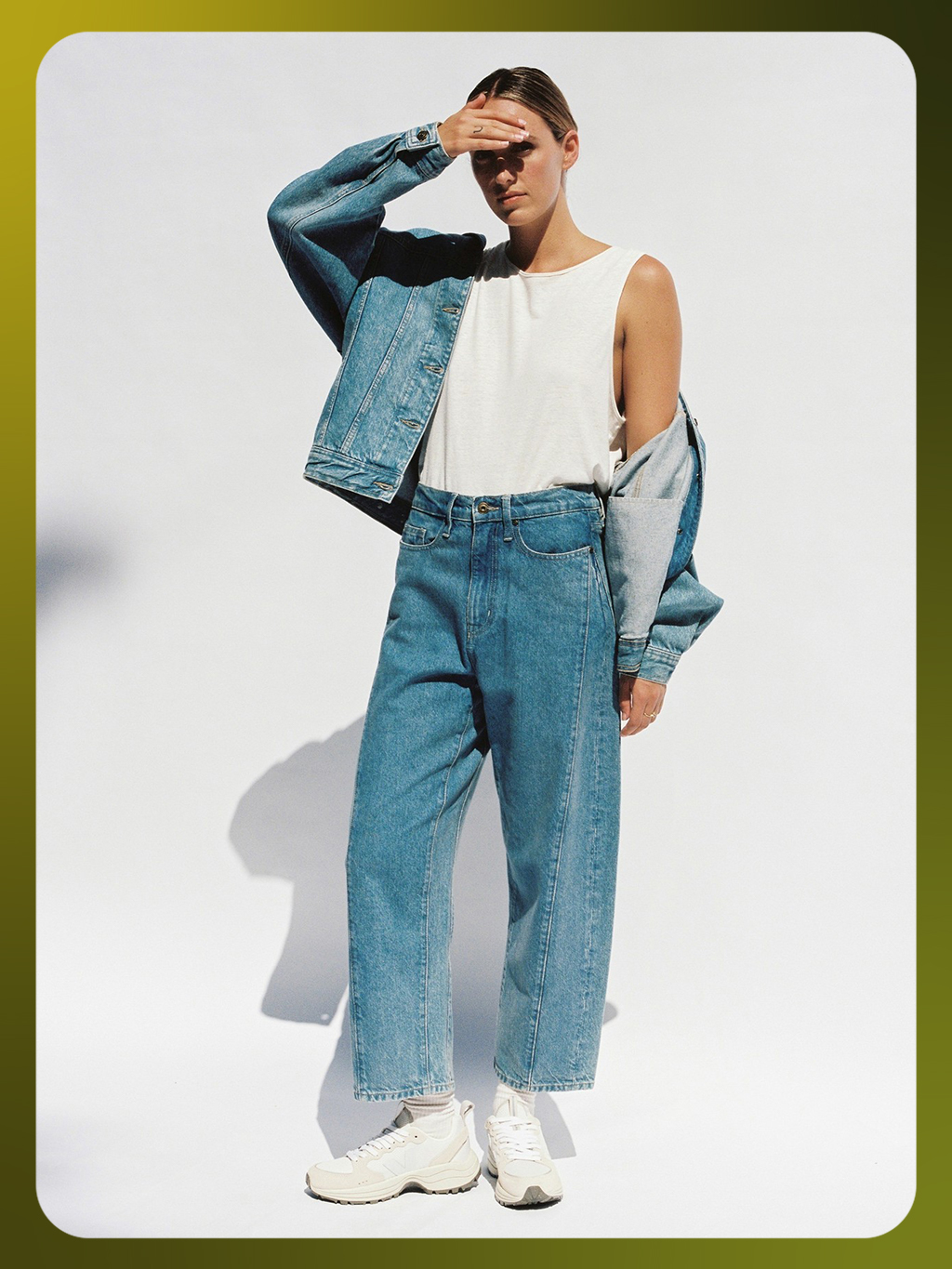
It's no secret that fast fashion has a negative impact on the environment as well as workers. In fact, major denim factories have been reported to be hotbeds for harassment, wage theft, and health hazards. But there's one brand that's changing that narrative one pair of jeans at a time: Outland Denim. Founded in 2008 by James Bartle, the Certified B Corporation set out to change the working conditions by offering living wages and educational enrichment programs. What's more, every part of the production process takes into account how it will impact the communities it's taking resources from—for example, the brand has removed the usage of pesticides on its cotton to reduce toxic runoff and soil quality reduction.
Shop the brand:
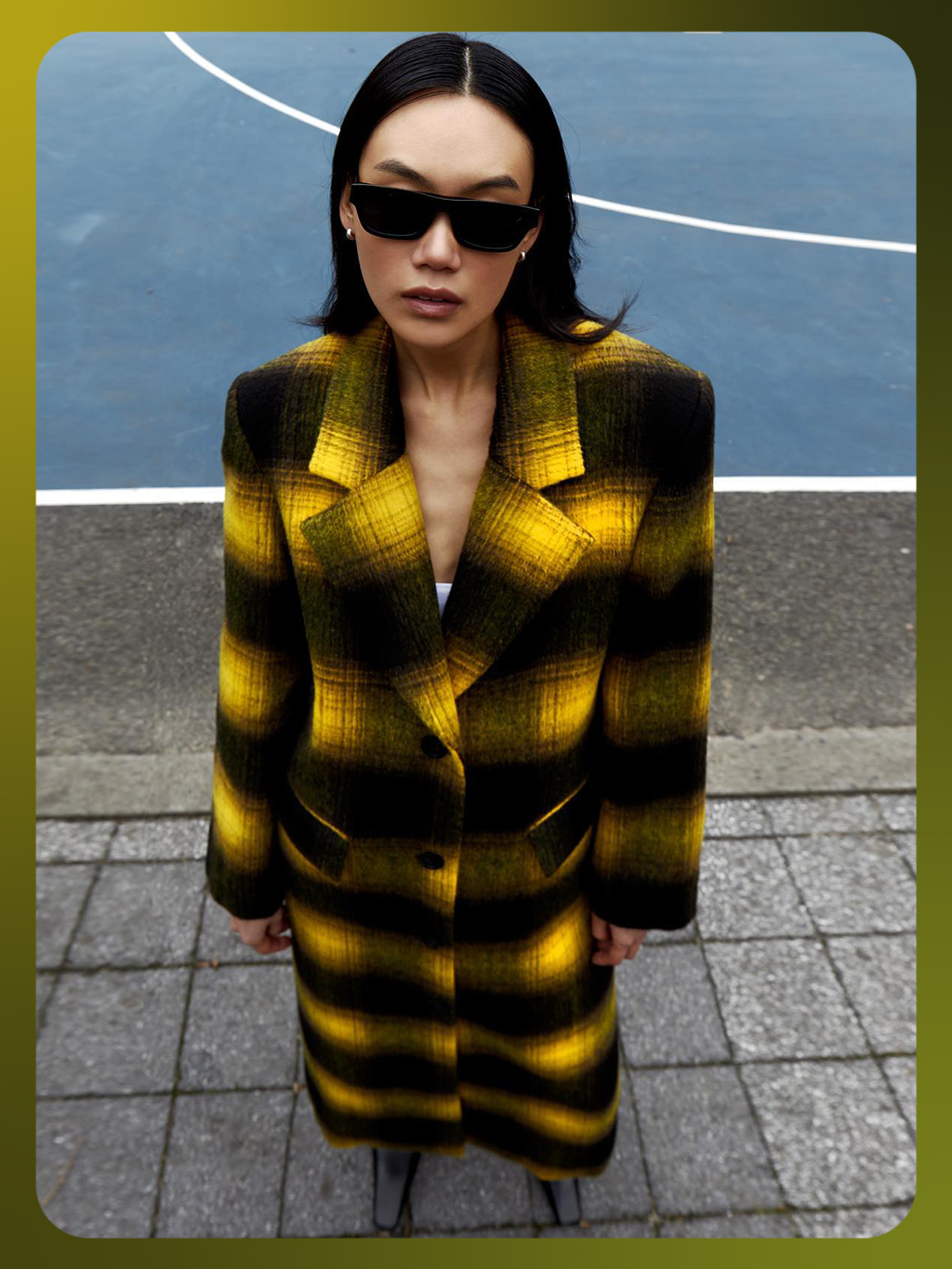
Apparis began back in 2016 as an outerwear label aiming to be an alternative to fur coats. Since then, it's not only led the charge in creating eco-friendly outerwear, but its signature faux furs are also made from biodegradable materials like corn. But it's expanded into a full ready-to-wear collection and even a home goods line.
Shop the brand:
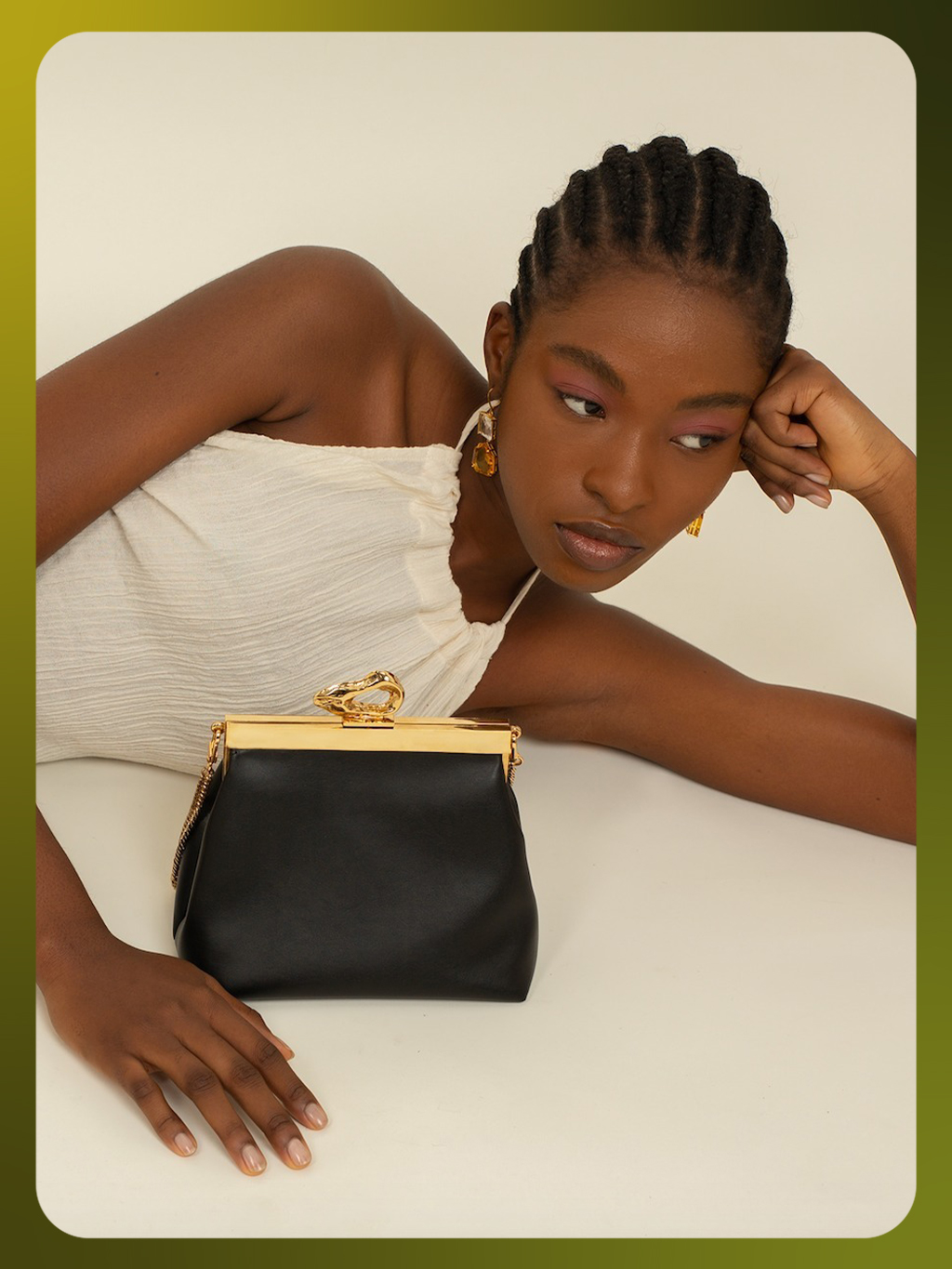
You've made it to the end of this story, and hopefully, you're thoroughly convinced that there are brands out there that are doing the work to be genuinely sustainable and are downright stylish. But should you need one more brand to convince you otherwise, then look to the accessory brand Mashu. Produced in Greece, the brand was founded in 2017 to make vegan bags inspired by Cycladic architecture. Each bag is inspired by the world around it and considers how it will impact the environment—the bags are made from plant-derived vegan materials, including grape, pineapple, and even apple leather. In many ways, Mashu's bags (like every other brand in this story) remind us that we don't have to sacrifice style for sustainability. In fact, they must meld because it's the only path forward to a better future.
Shop the brand:
Next up, What Exactly Is a Sustainable Fabric? 8 Experts Spill the Tea
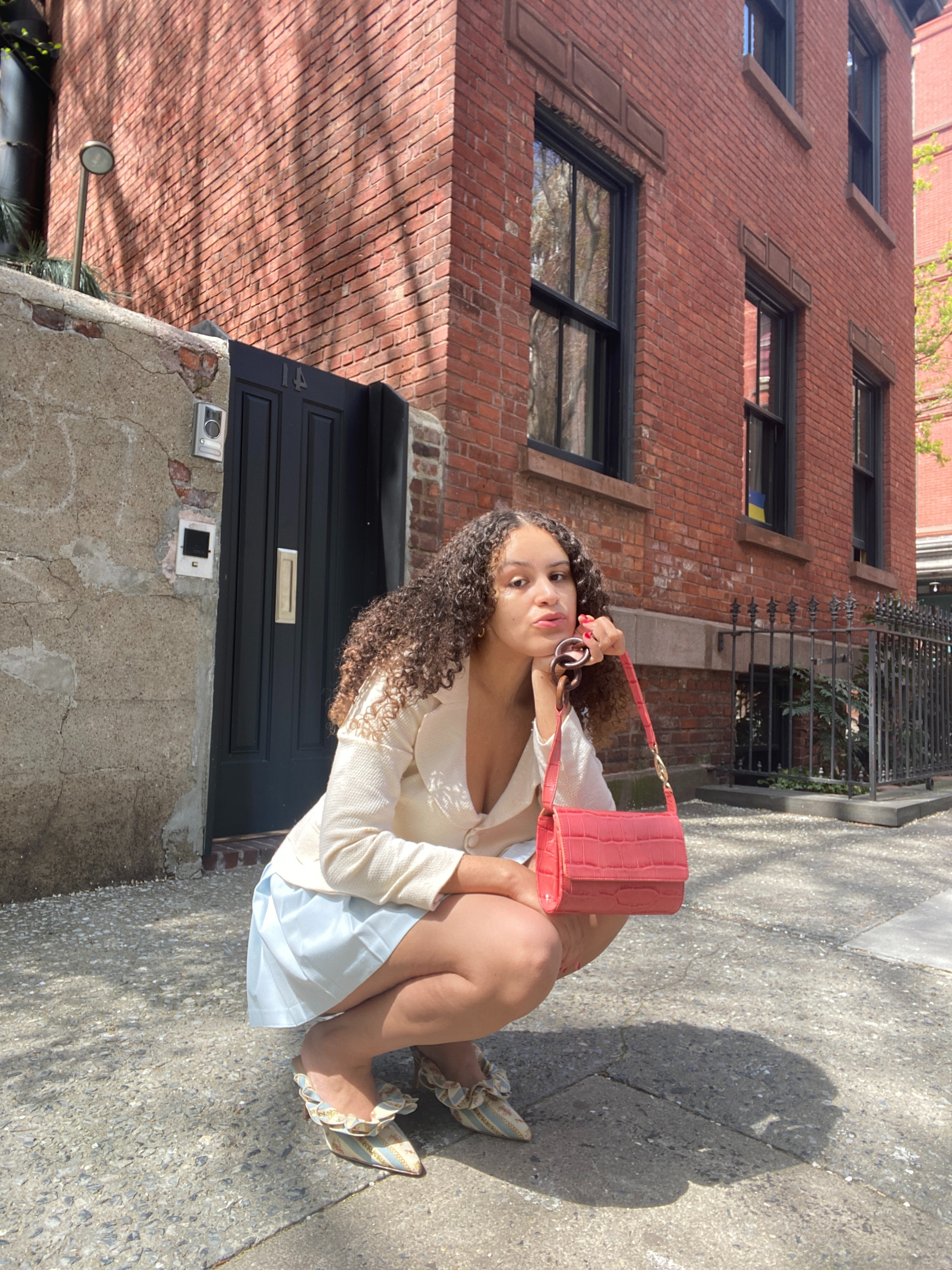
Jasmine Fox-Suliaman is a freelance writer and editor living in New York City. What began as a pastime (blogging on Tumblr) transformed into a lifelong passion for unveiling the connection between fashion and culture on the internet and in real life. Over the last decade, she's melded her extensive edit and social background to various on-staff positions at Who What Wear, MyDomaine, and Byrdie. More recently, she’s become a freelance contributor to other publications including Vogue, Editorialist, and The Cut. Off the clock, you can find her clutching her cell phone as she's constantly scrolling through TikTok and The RealReal, in search of the next cool thing.
